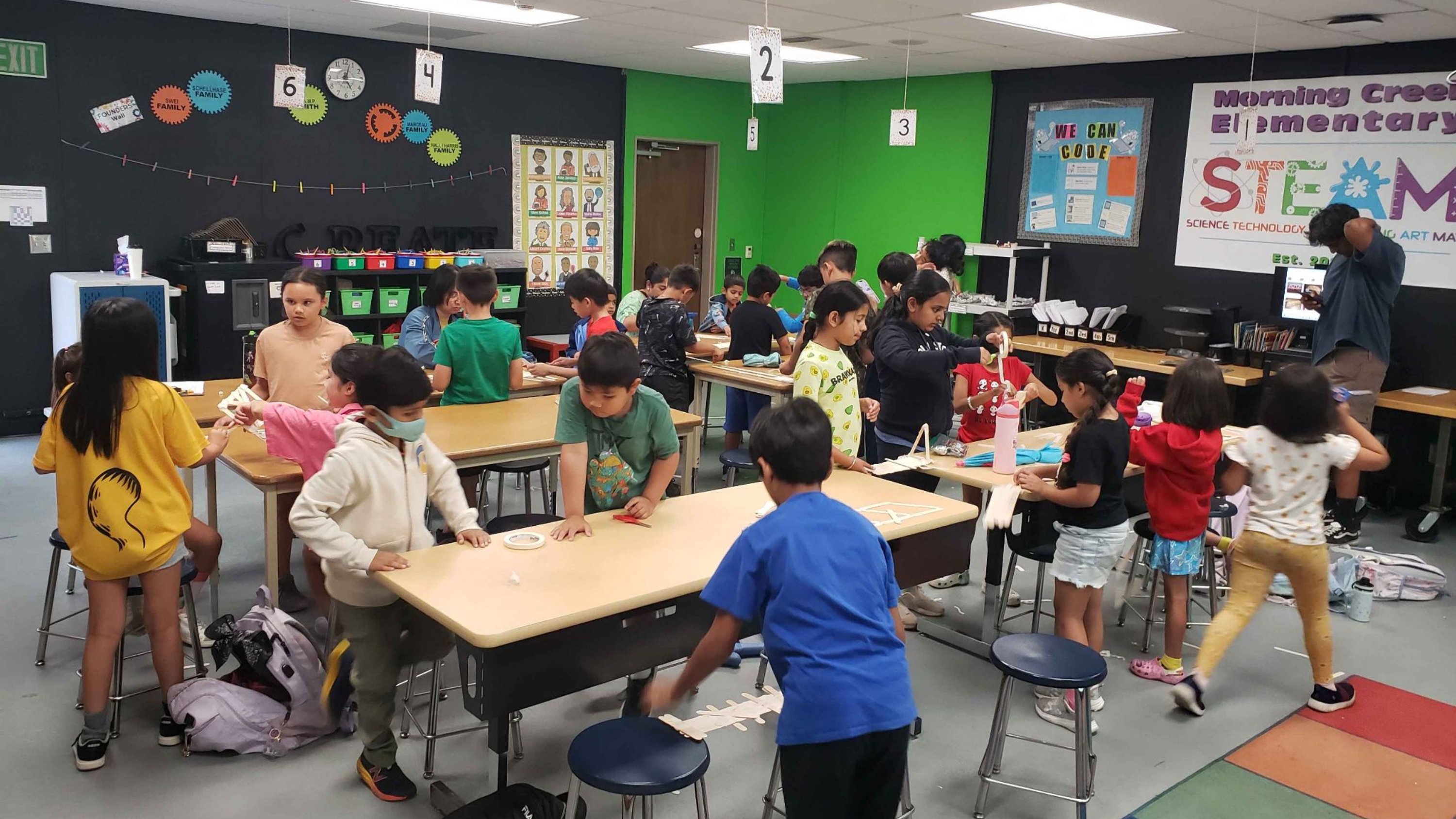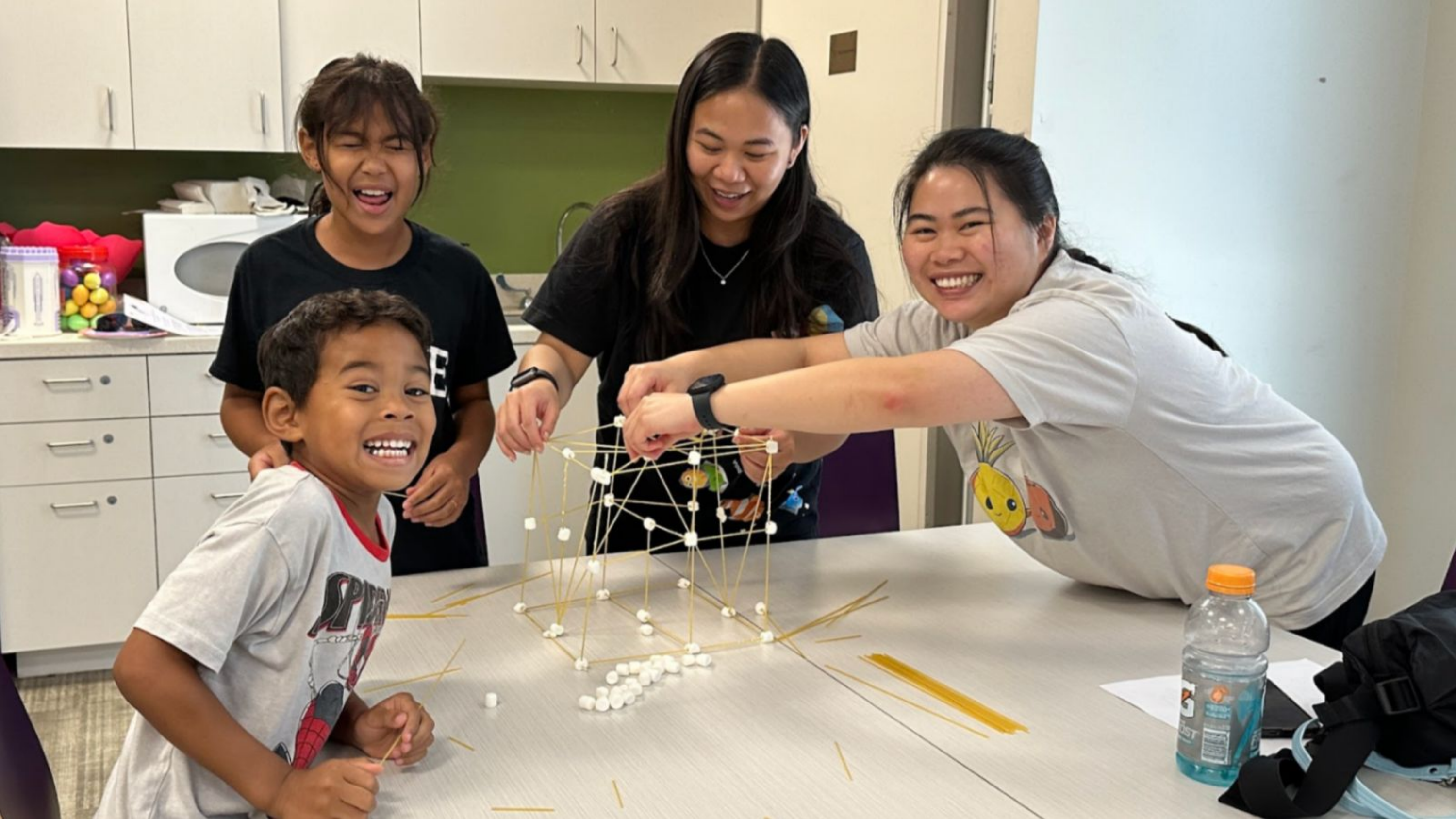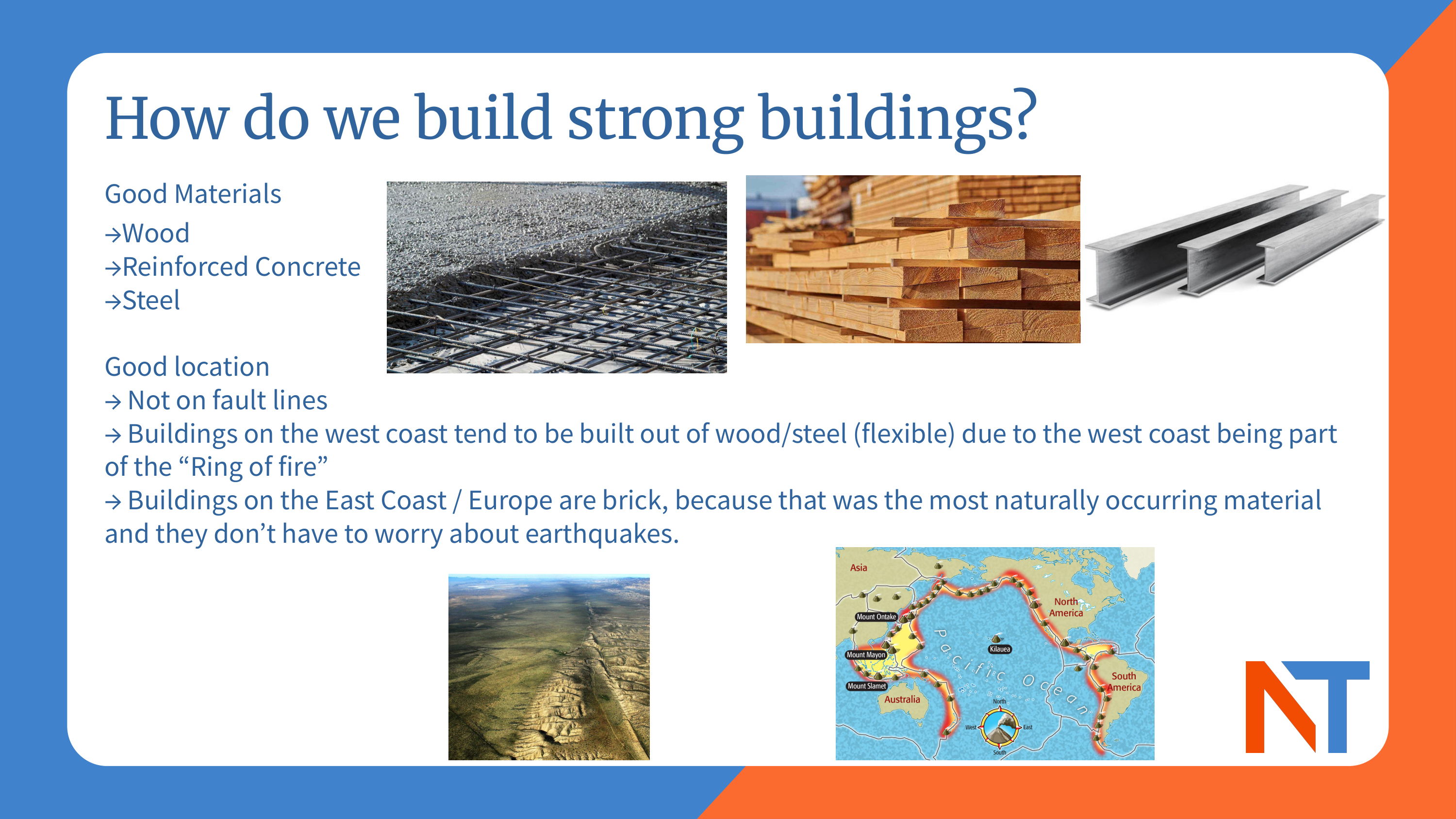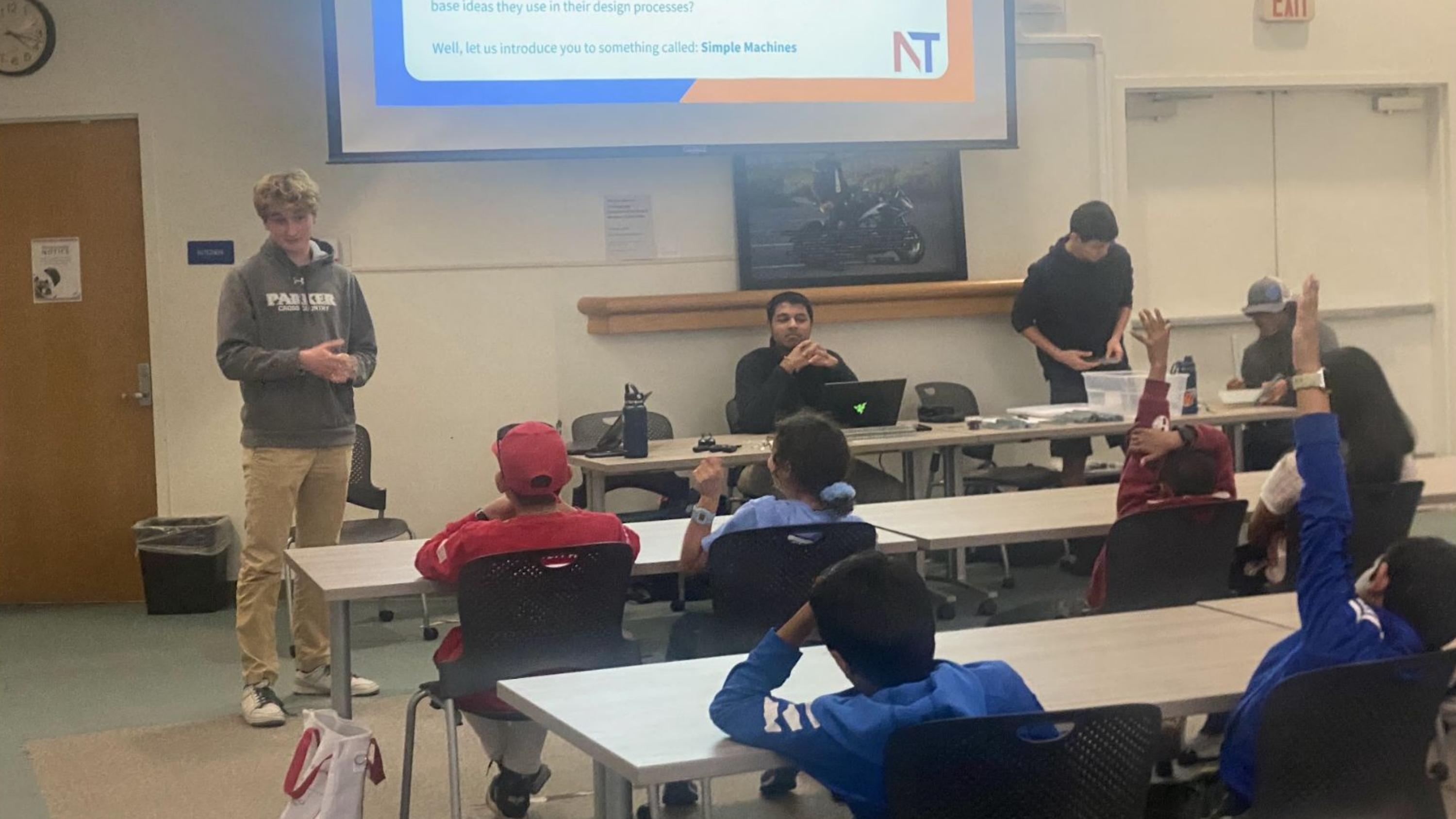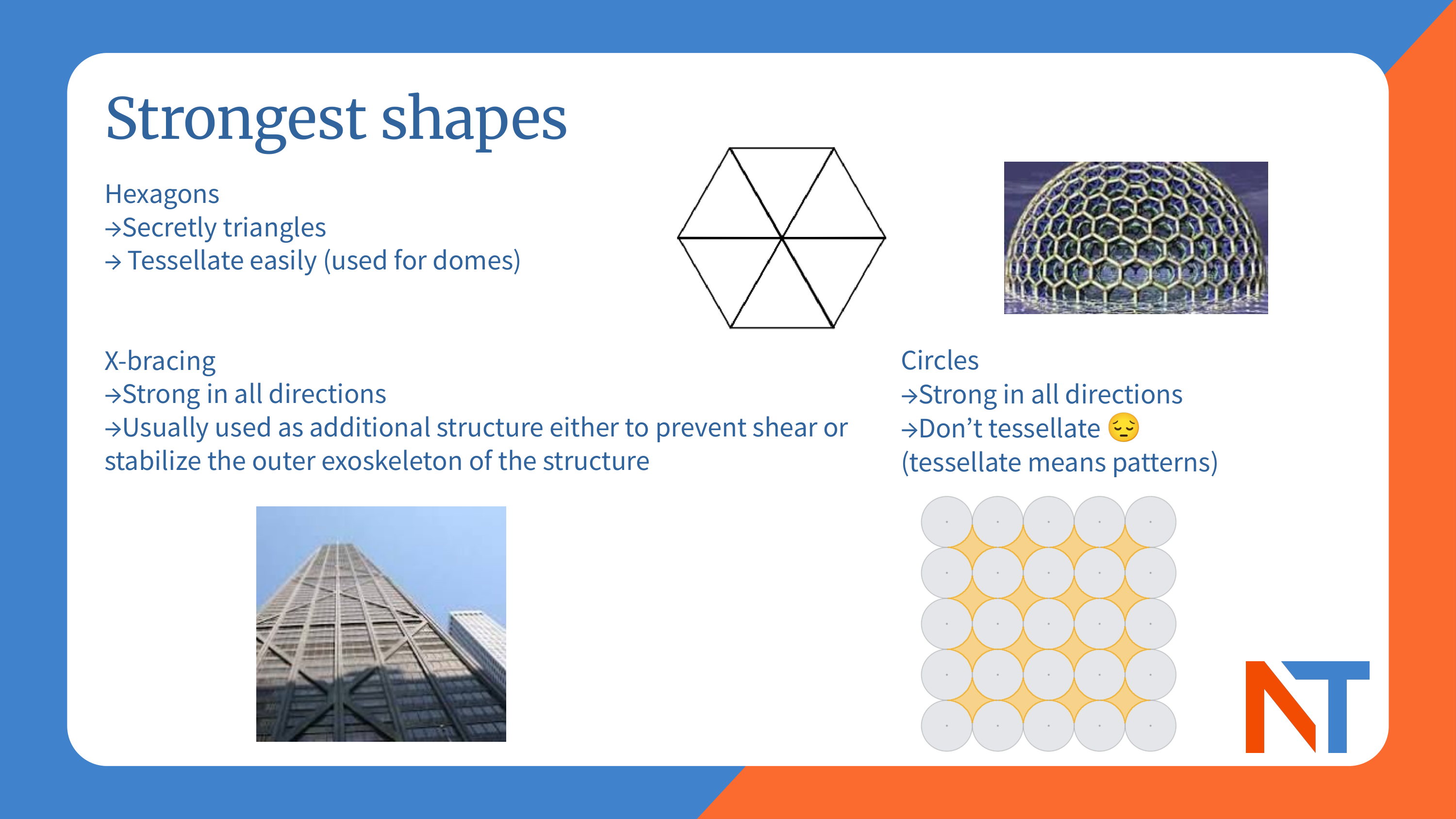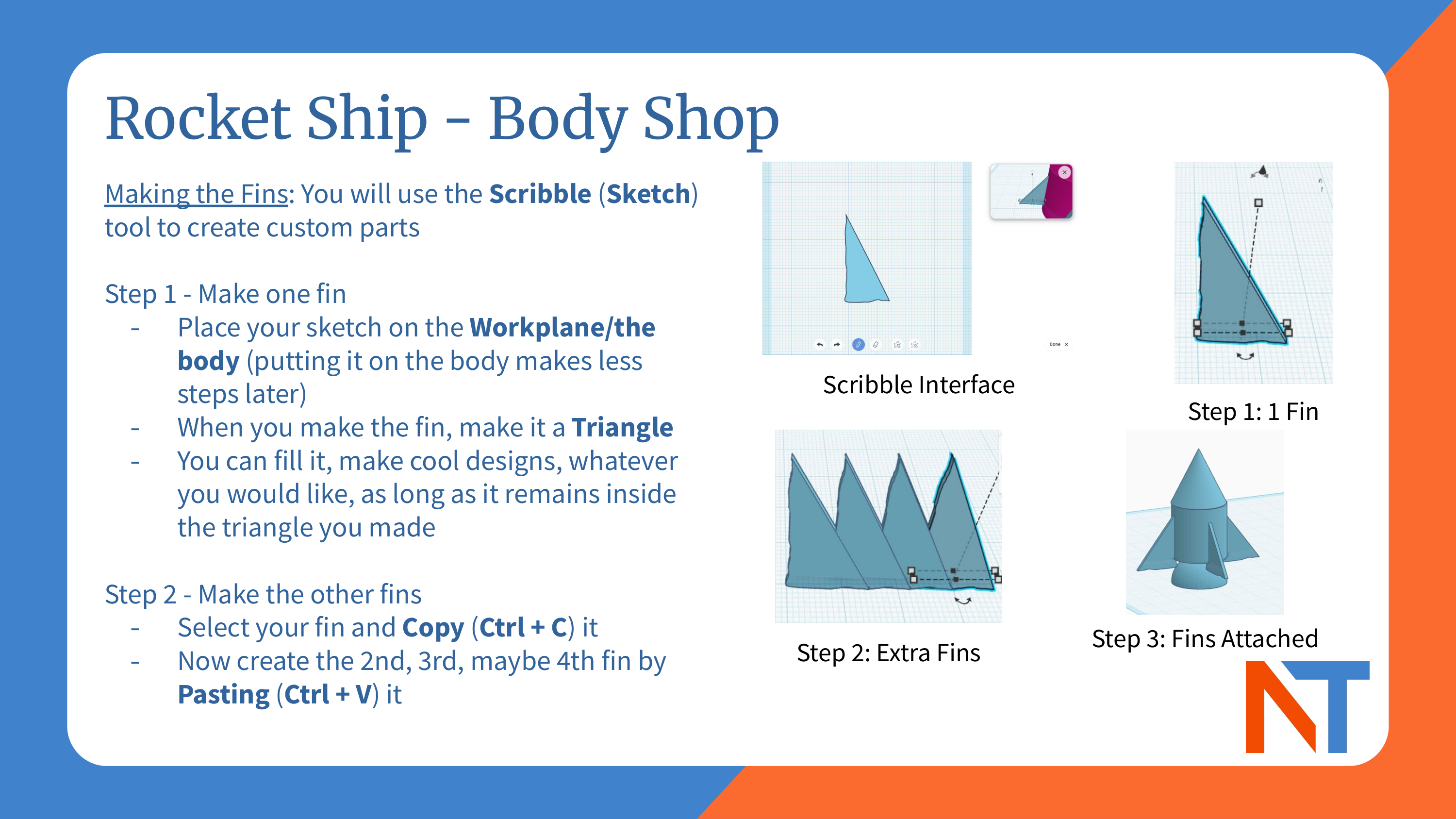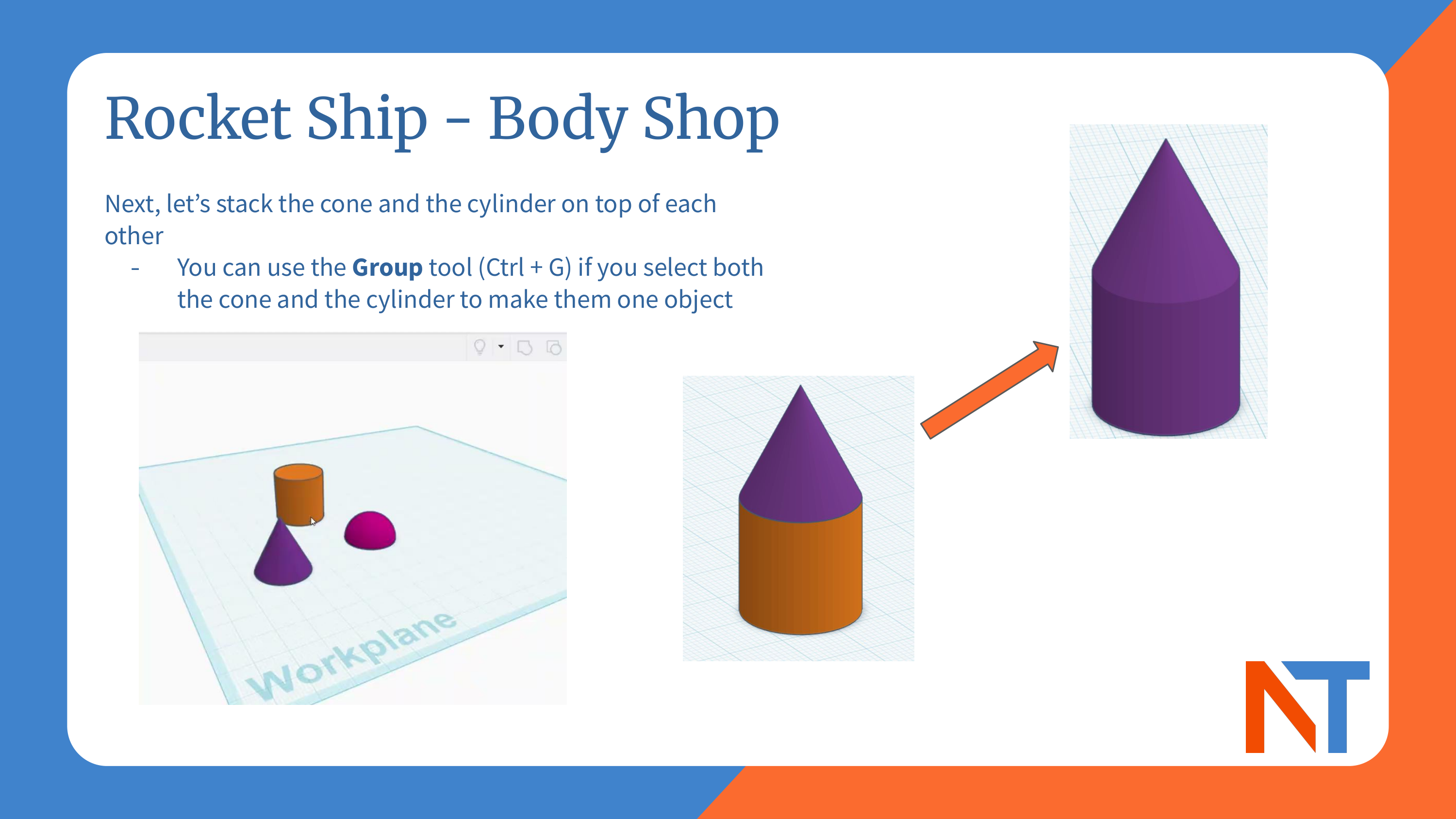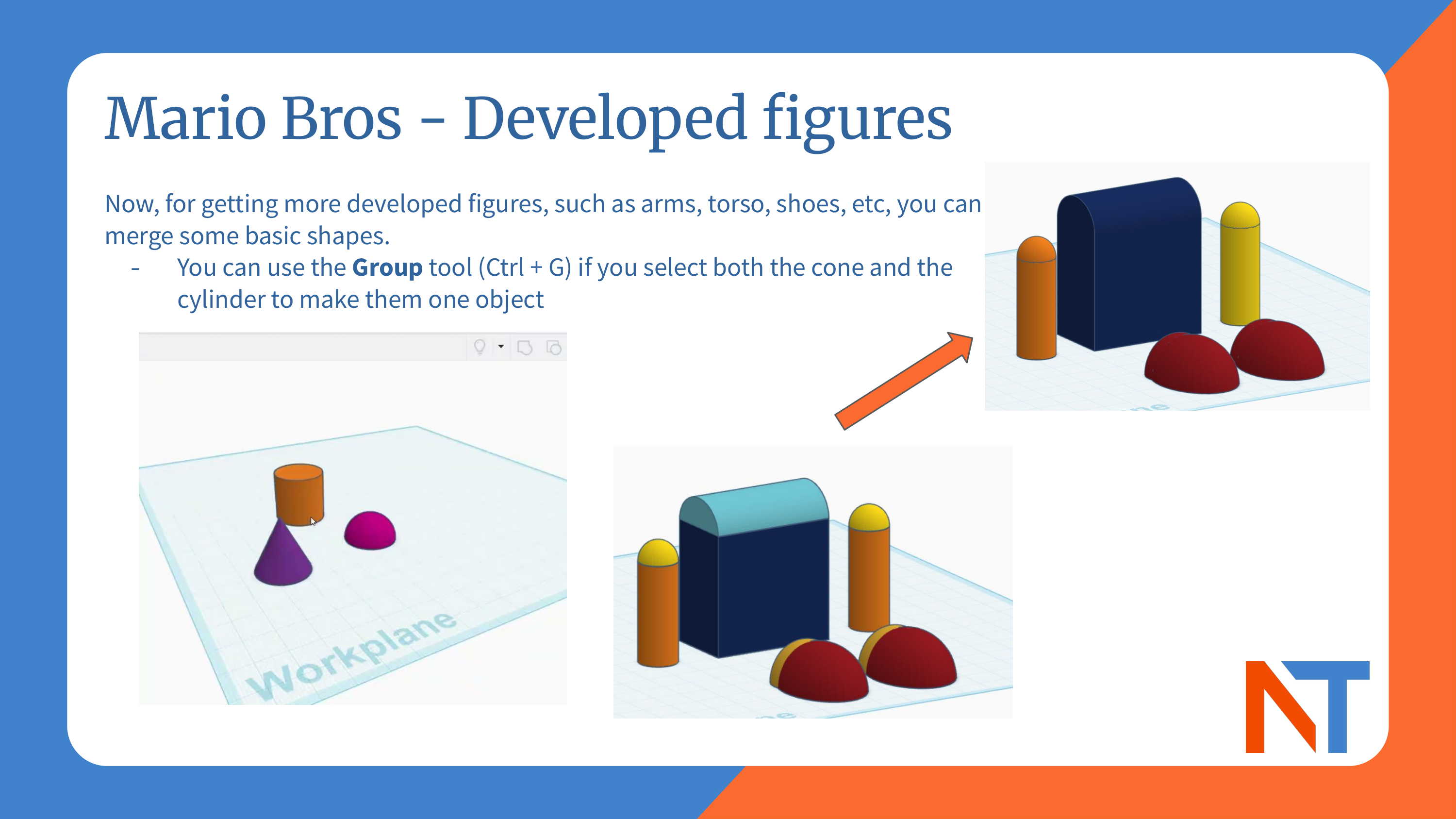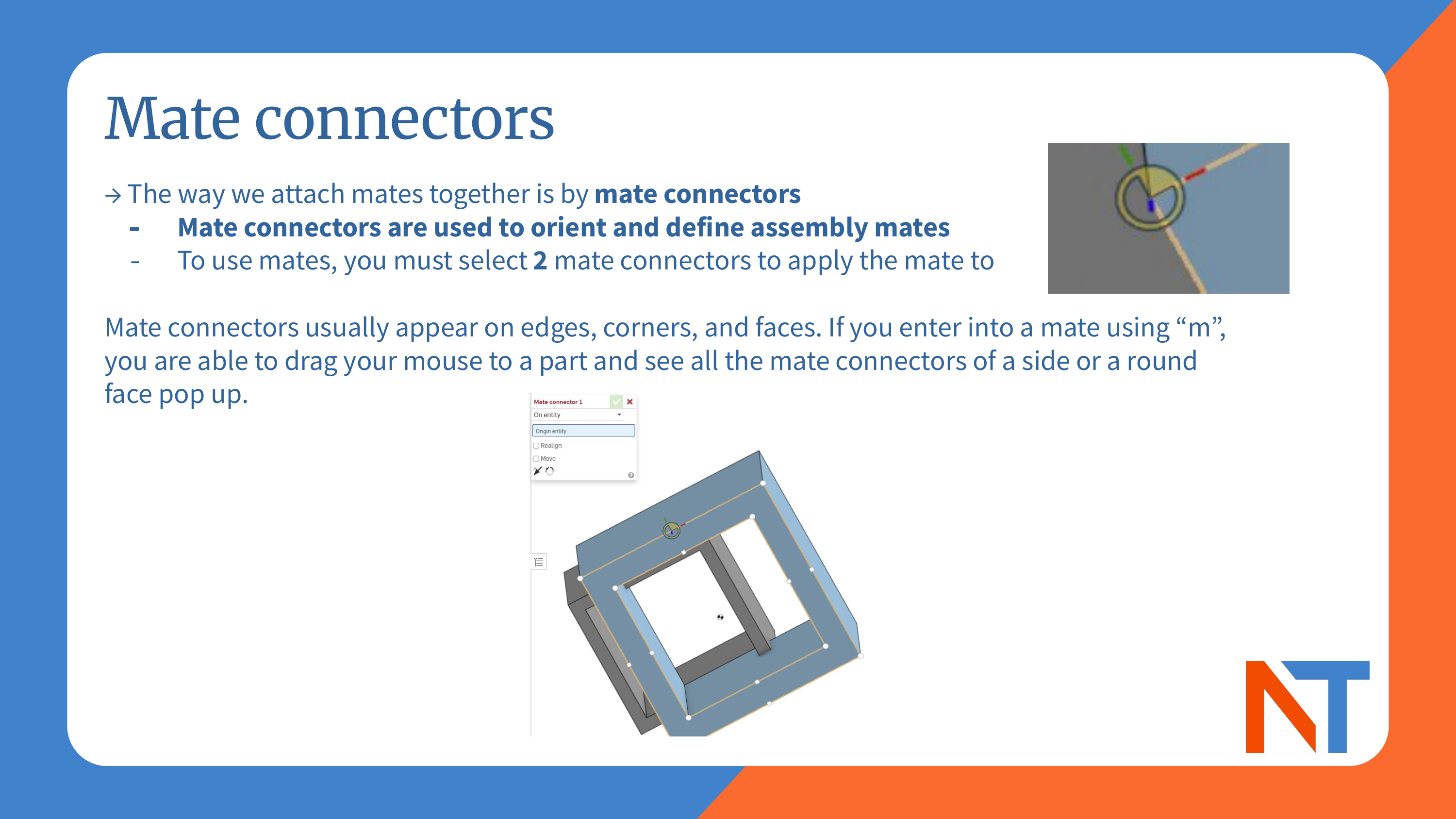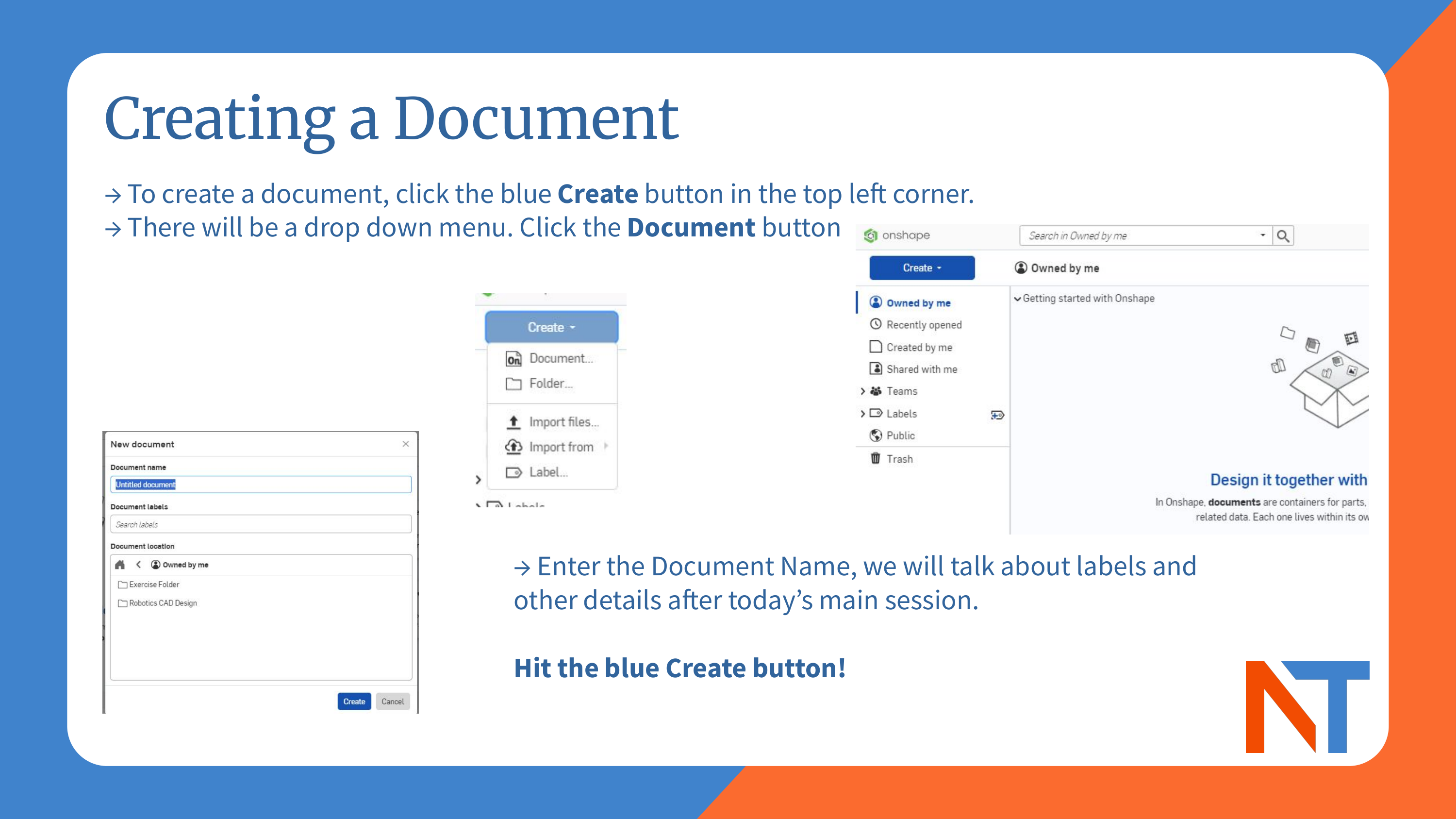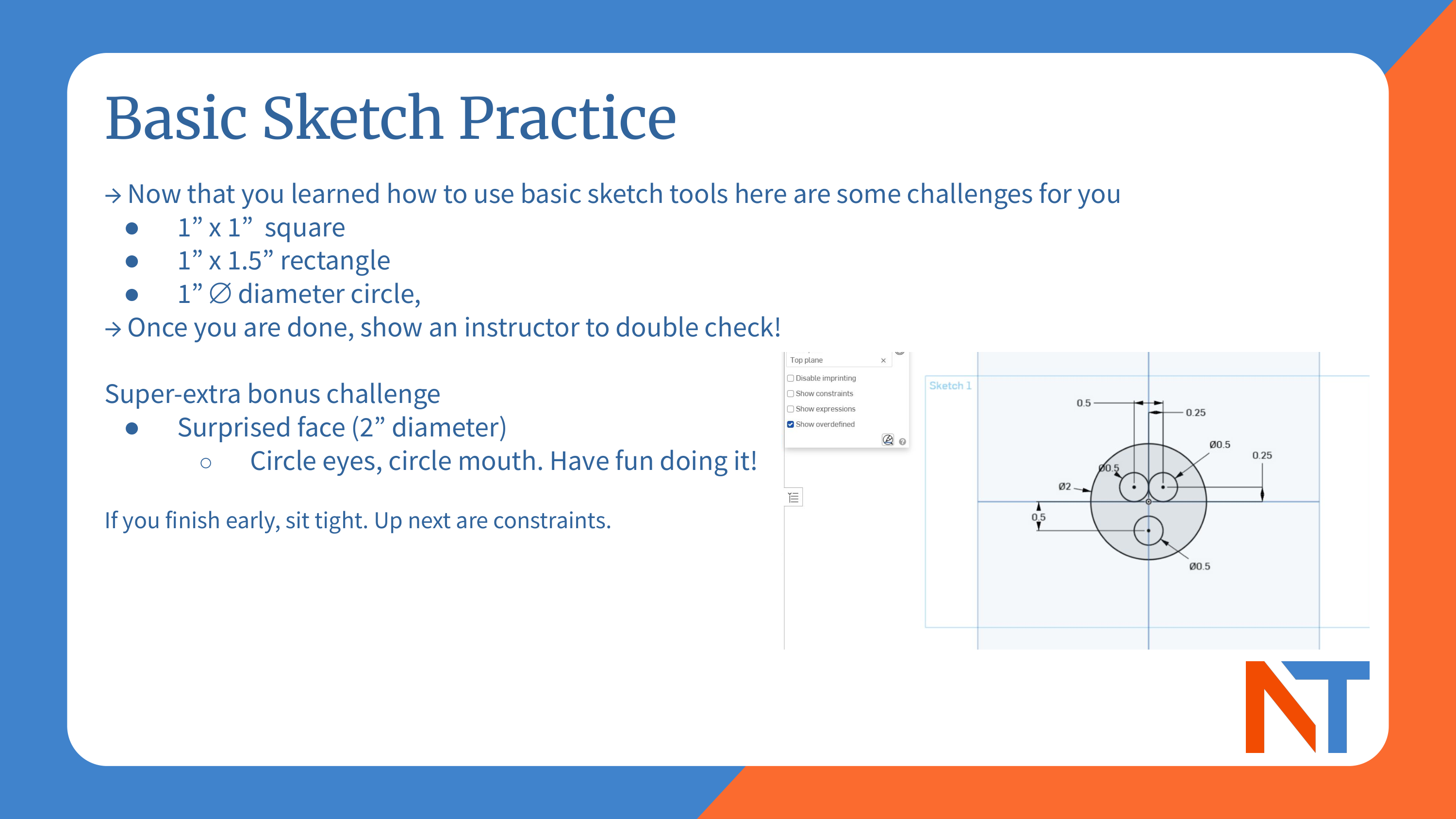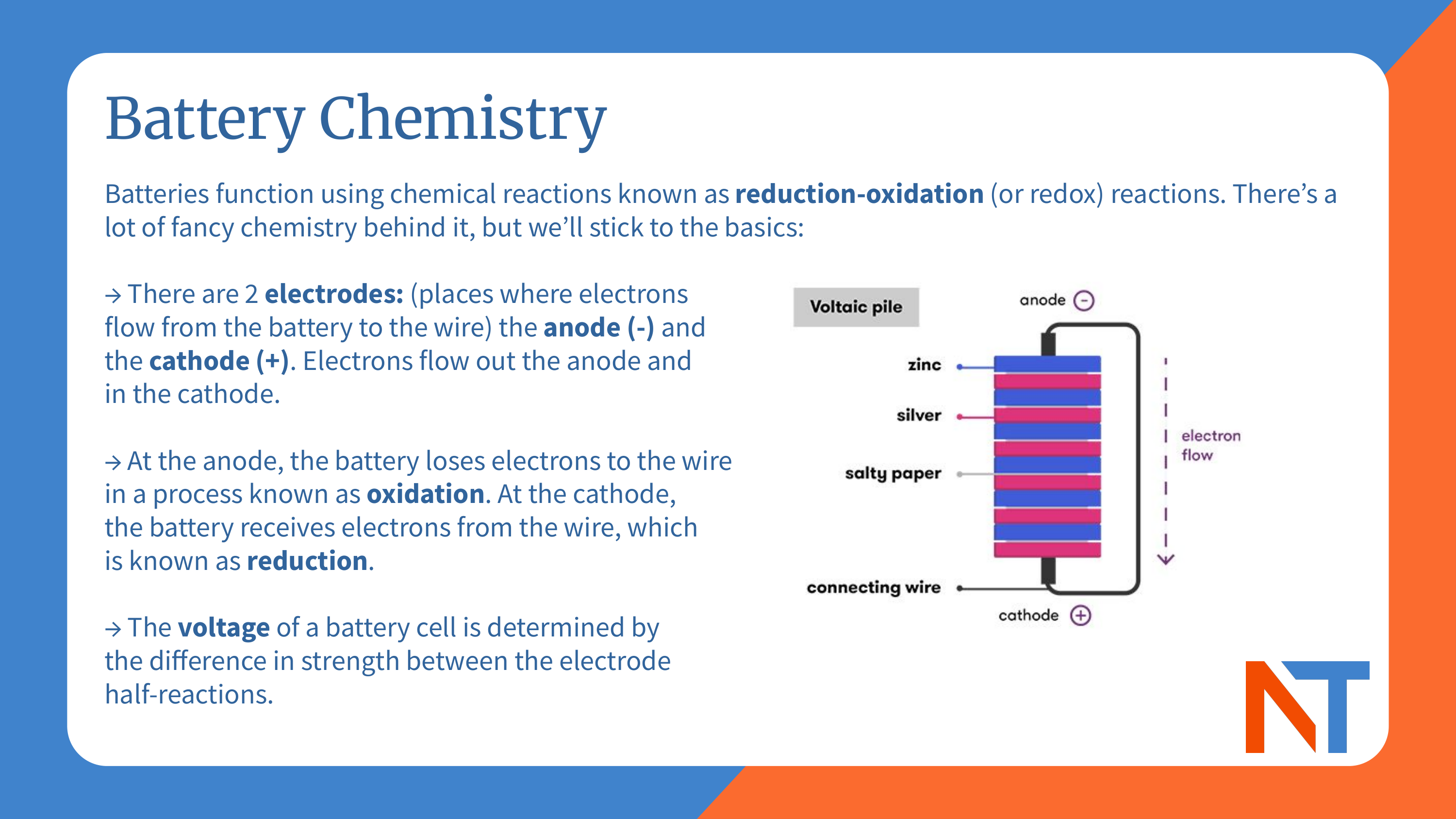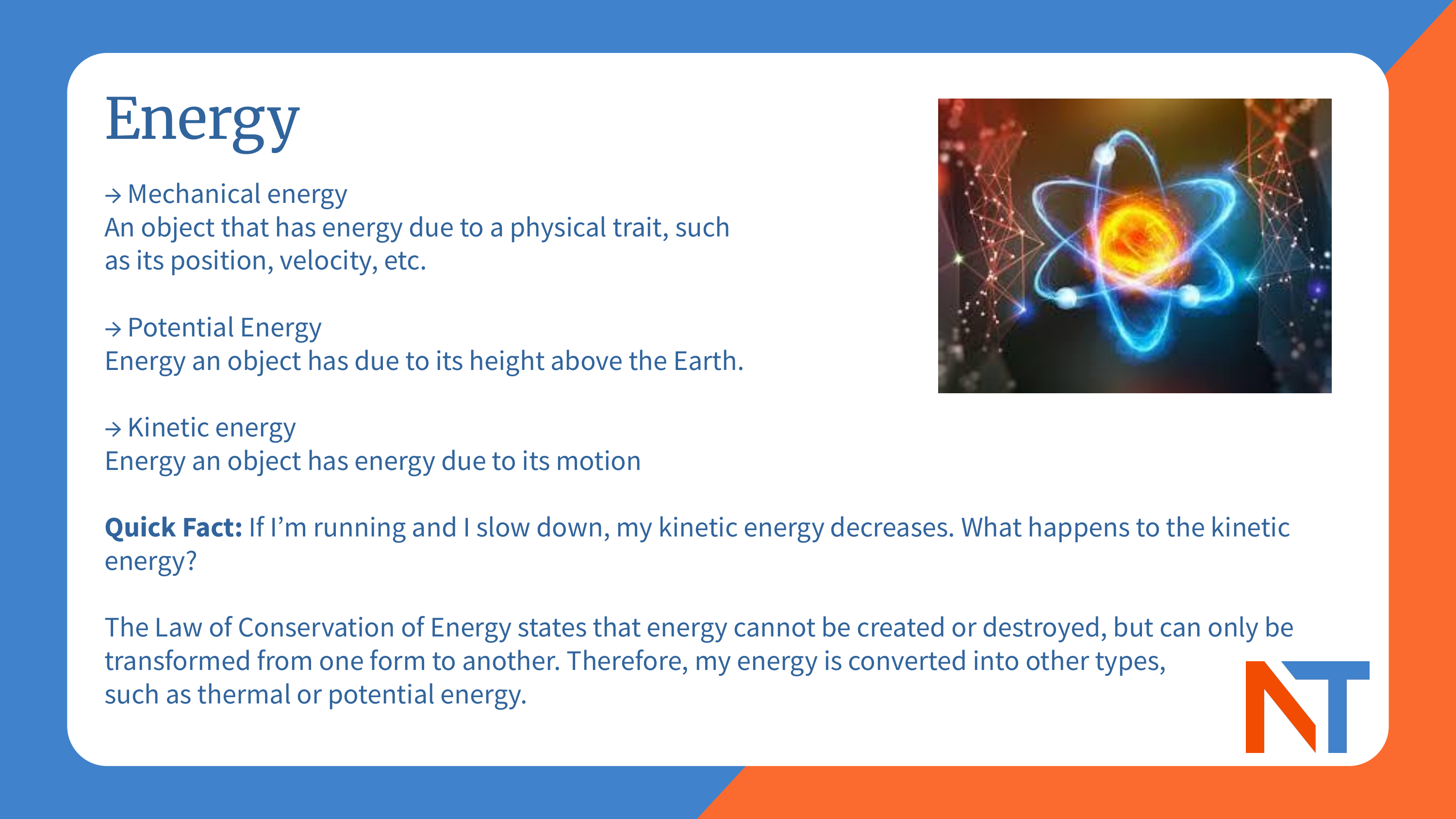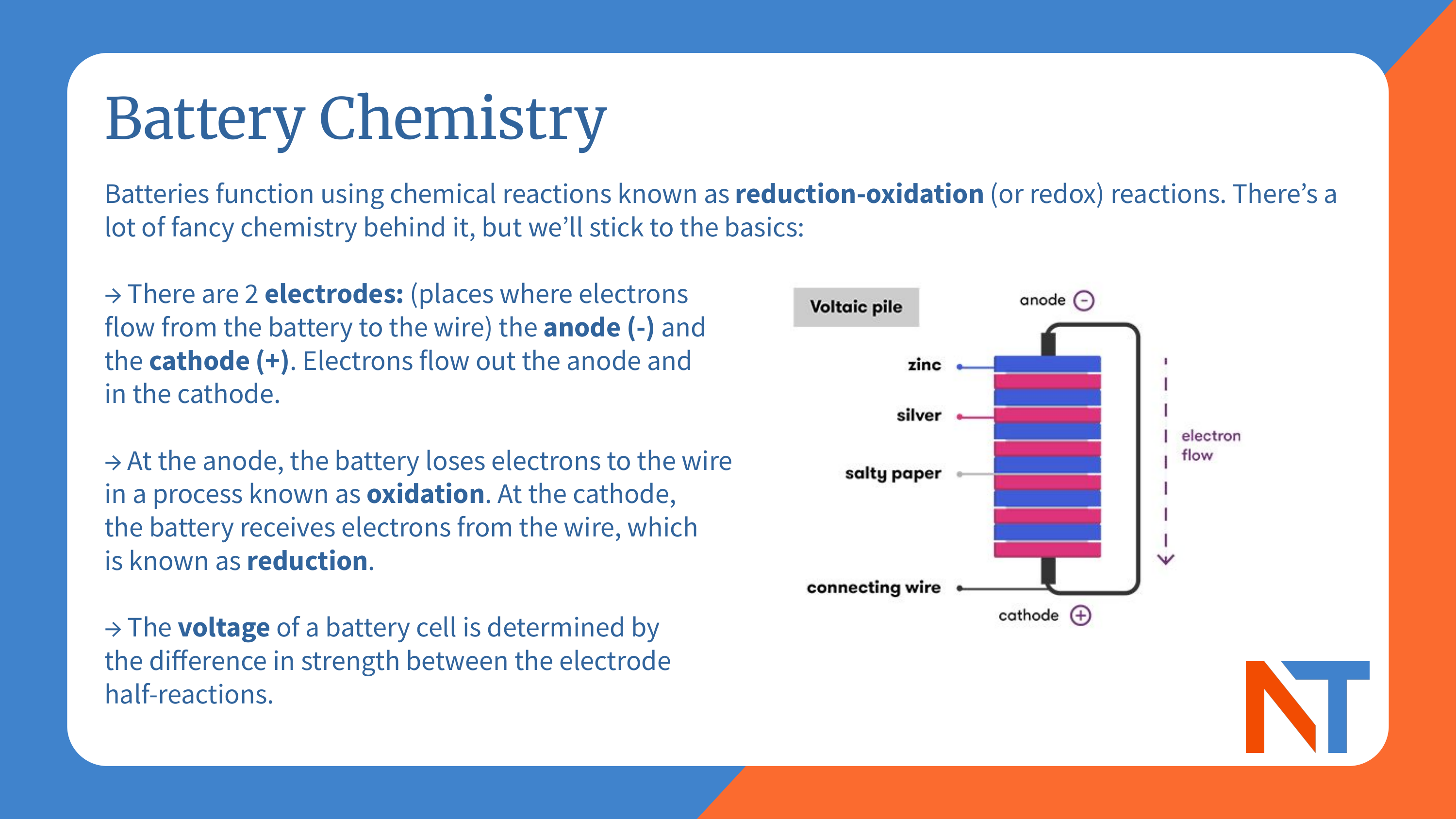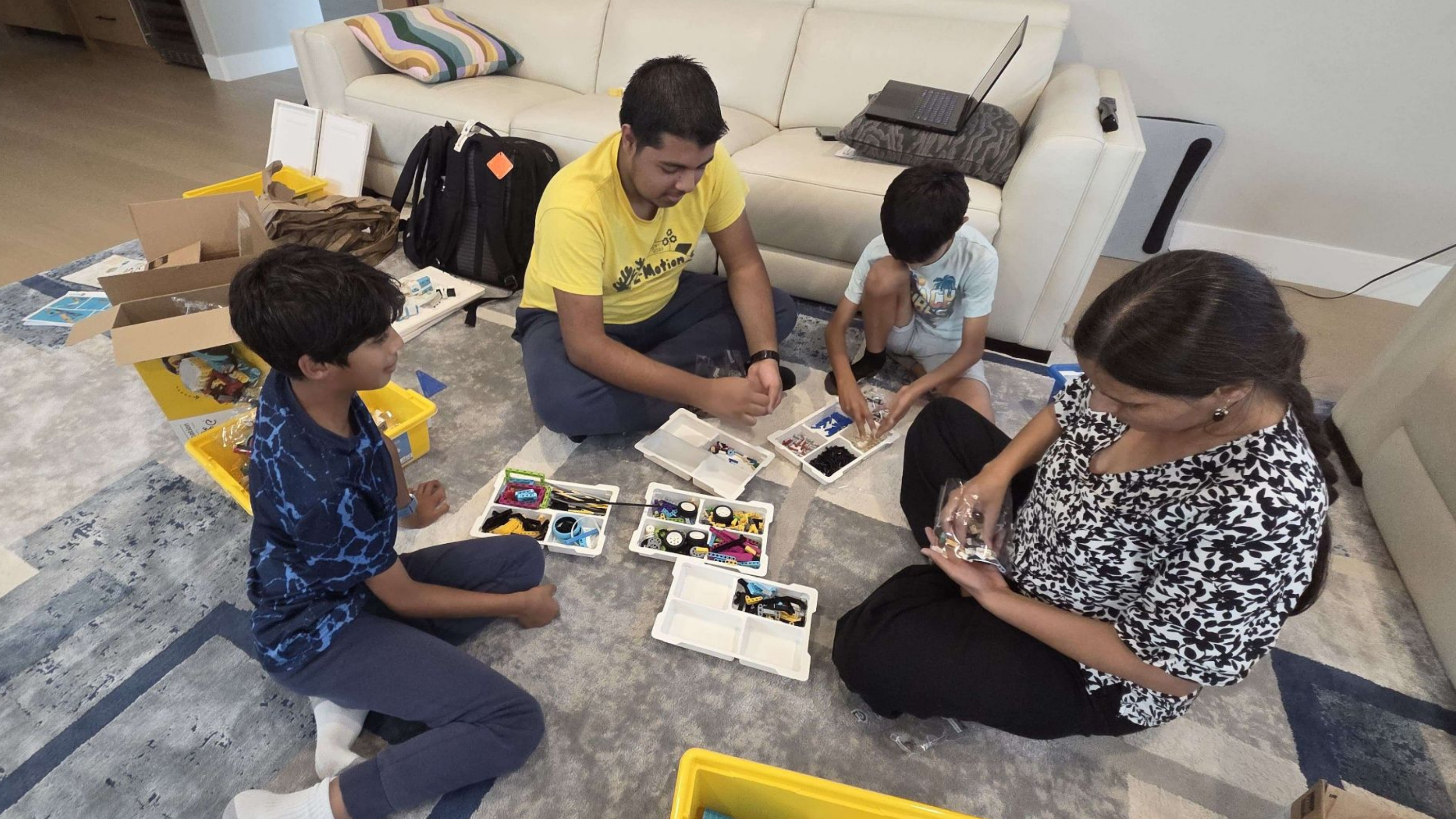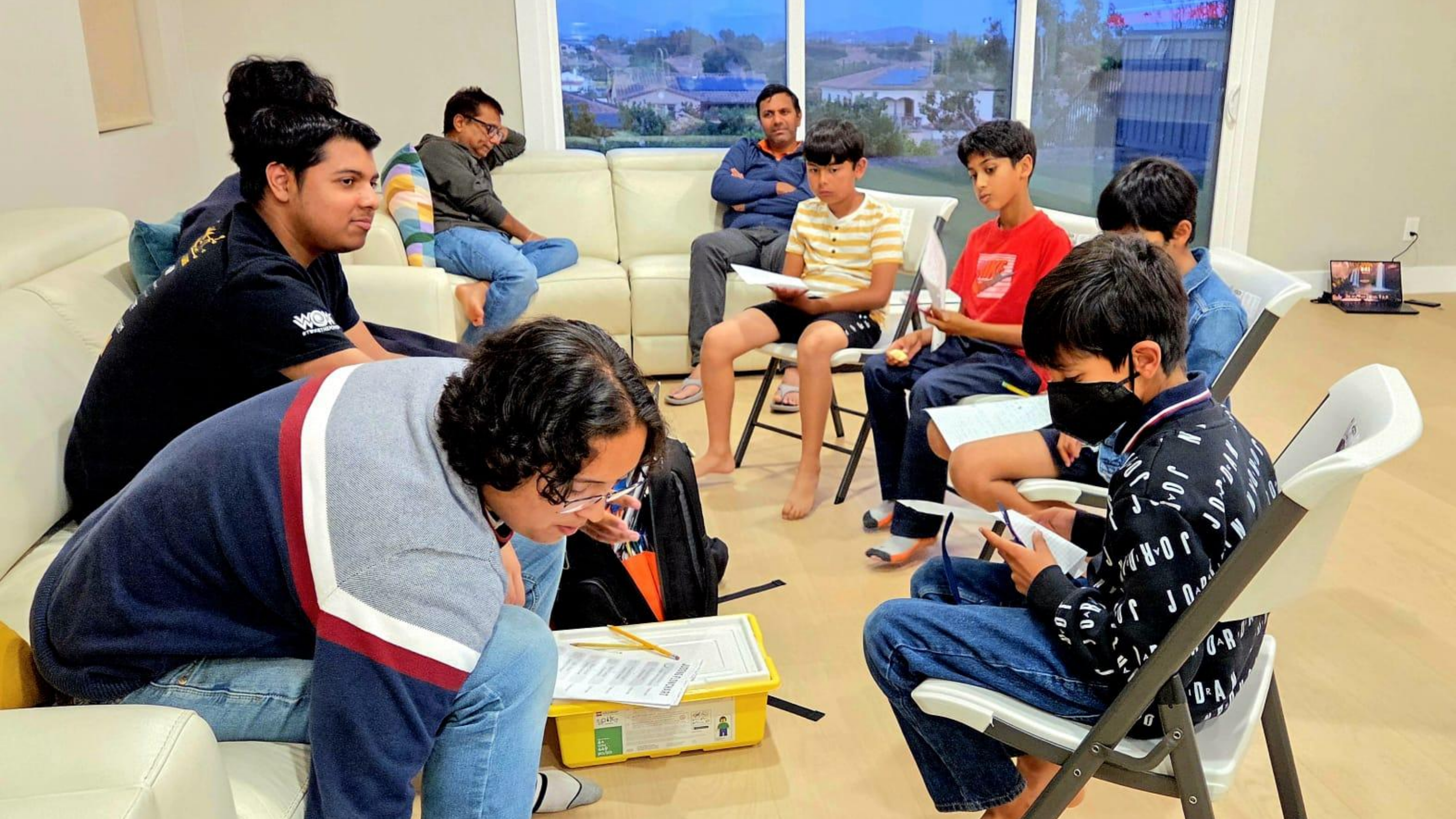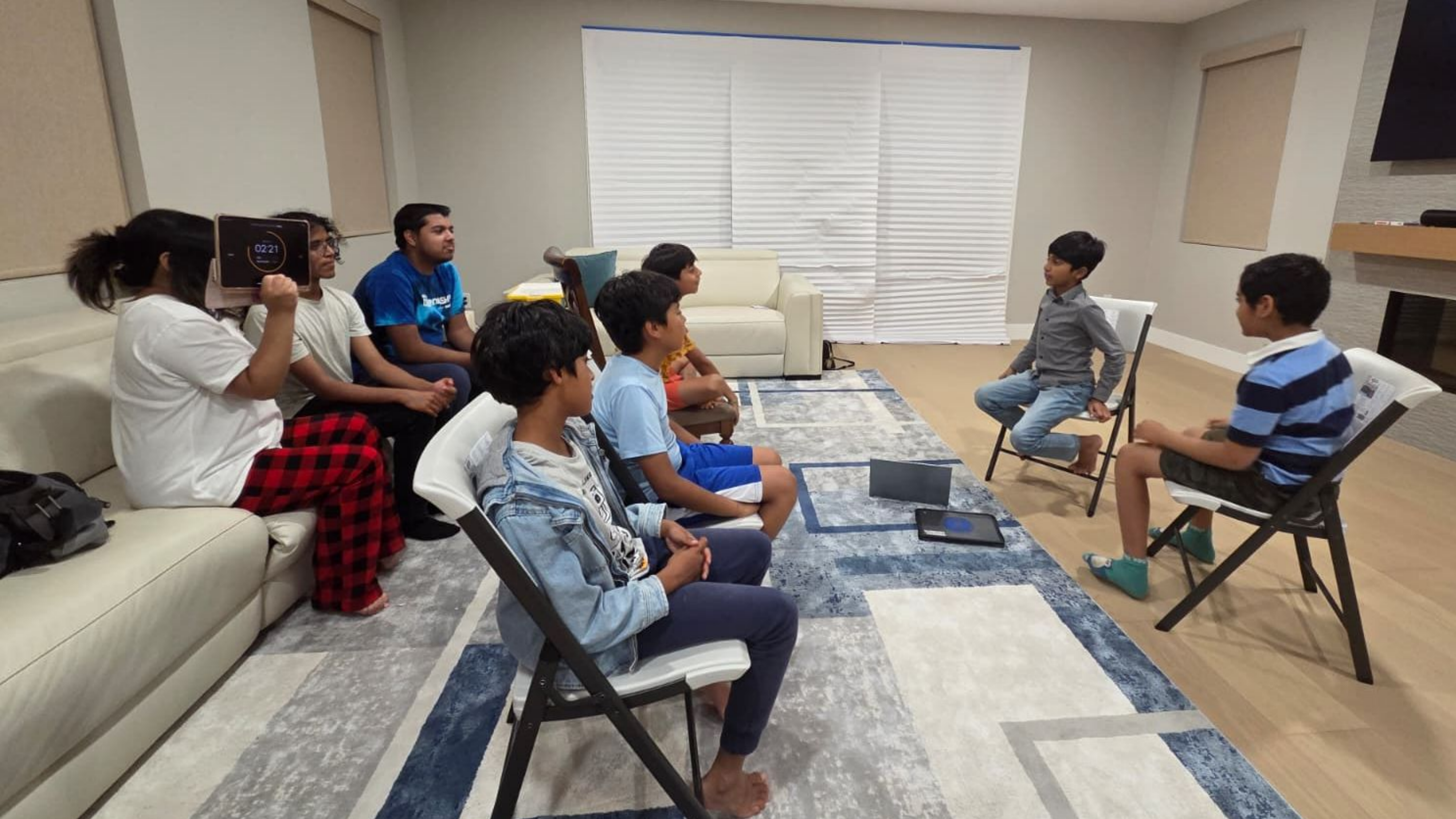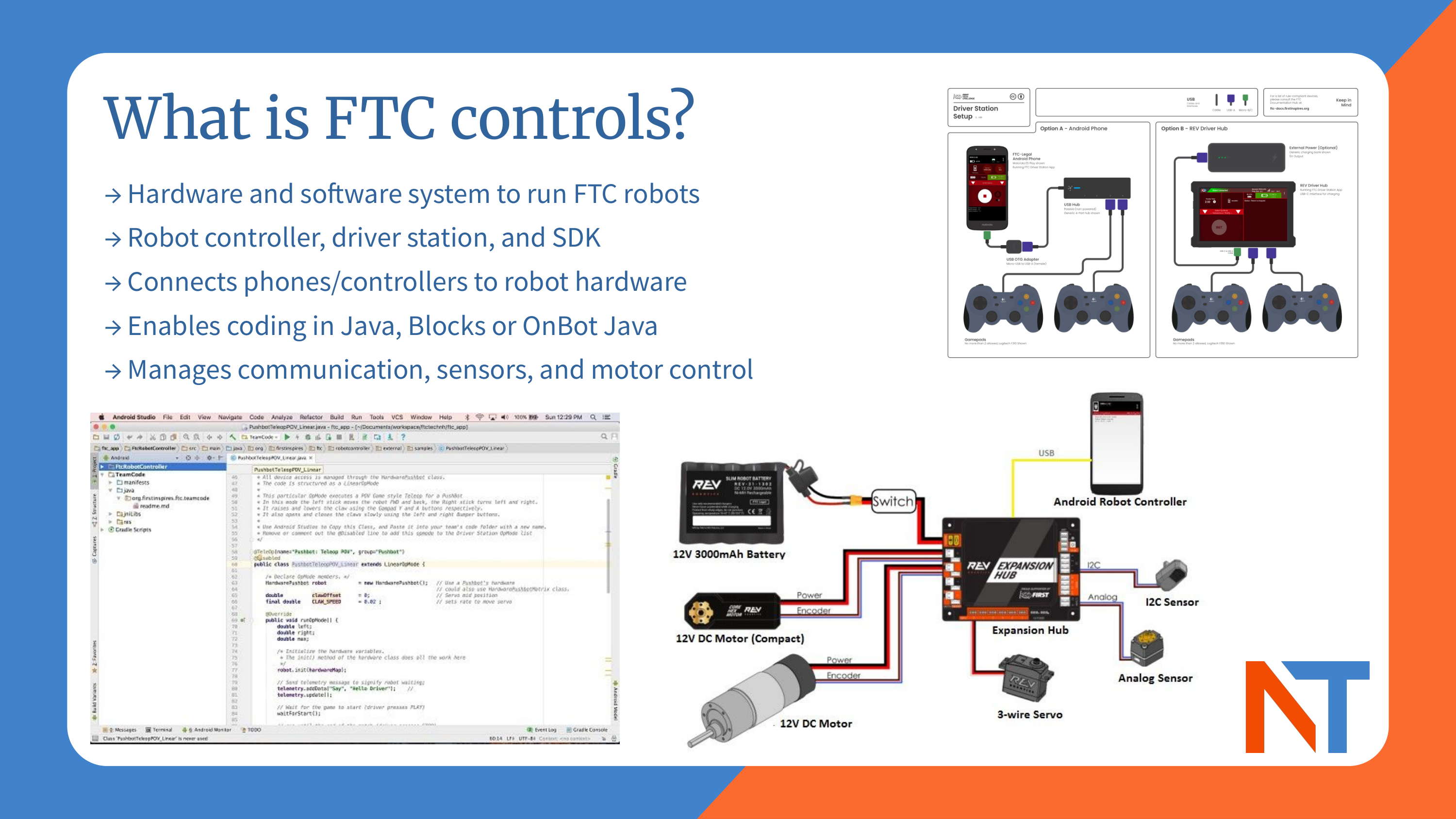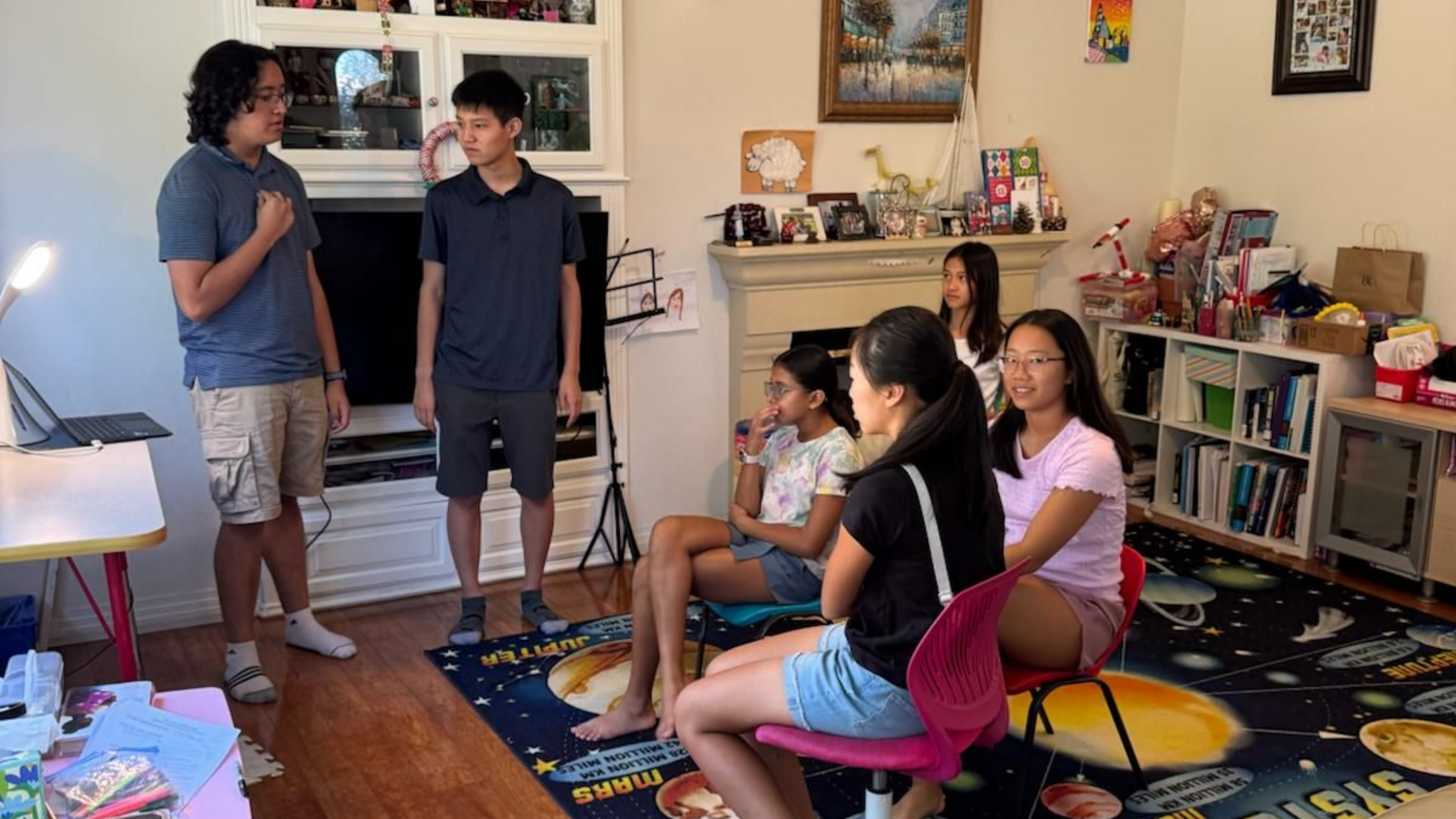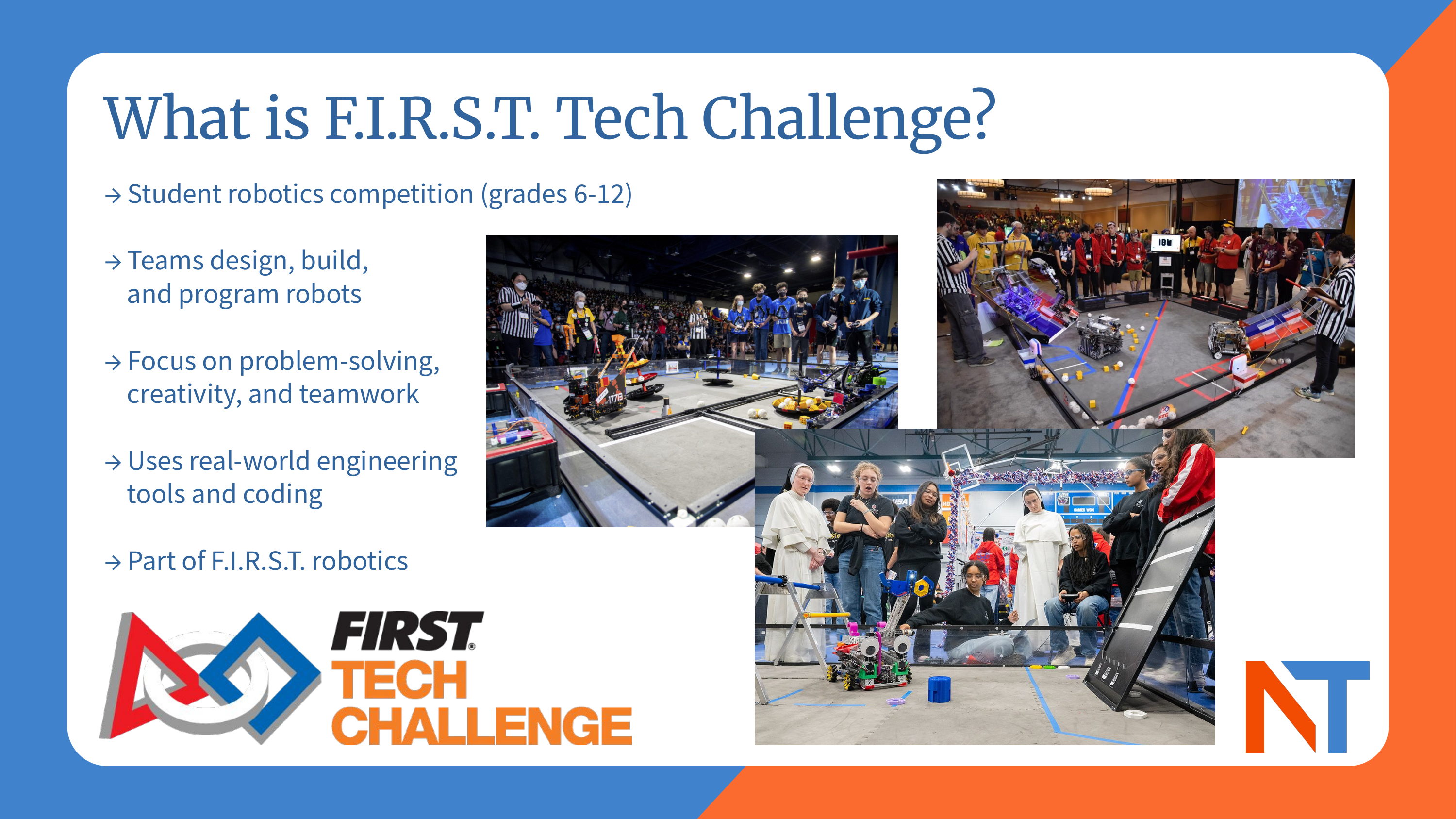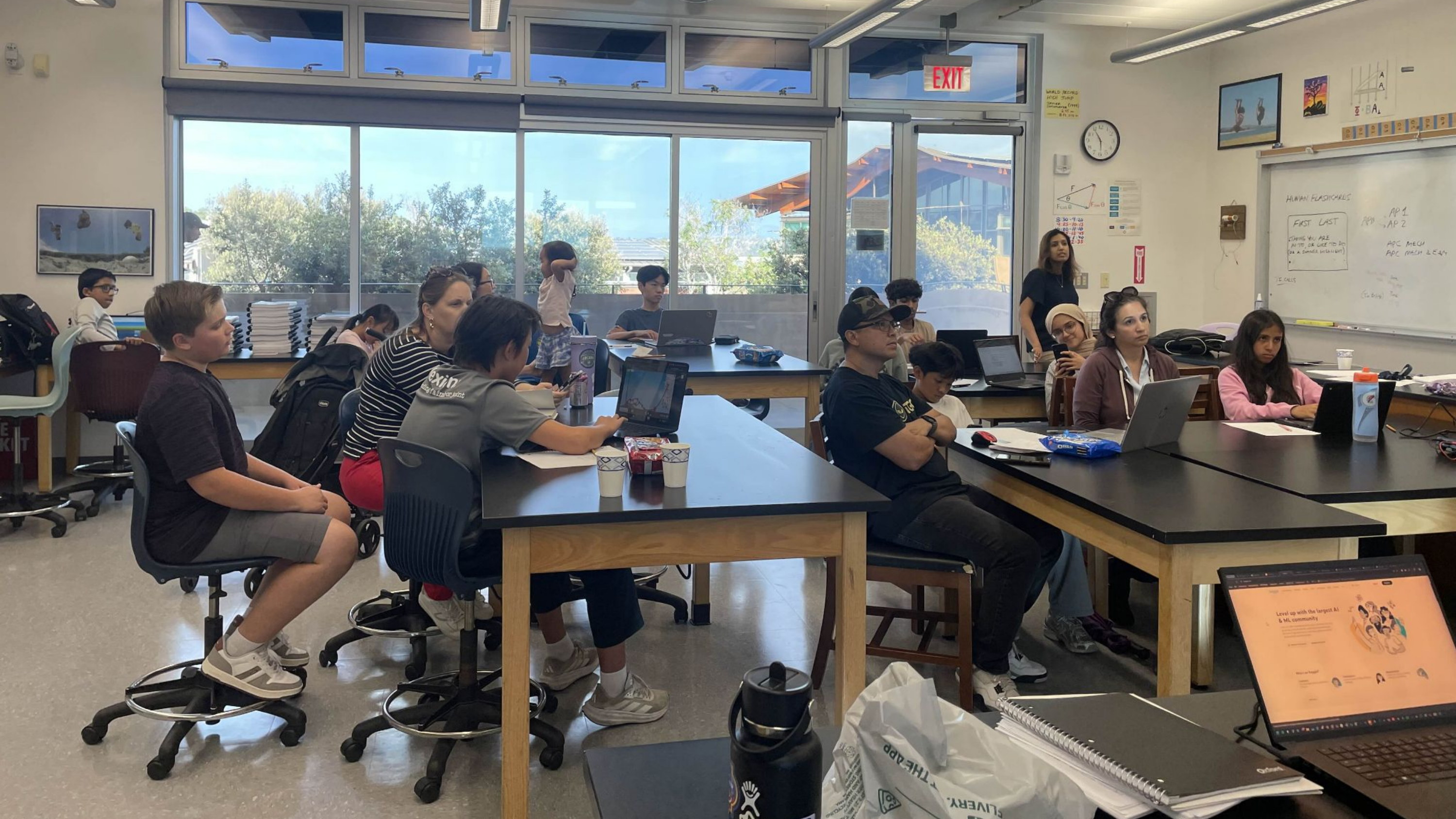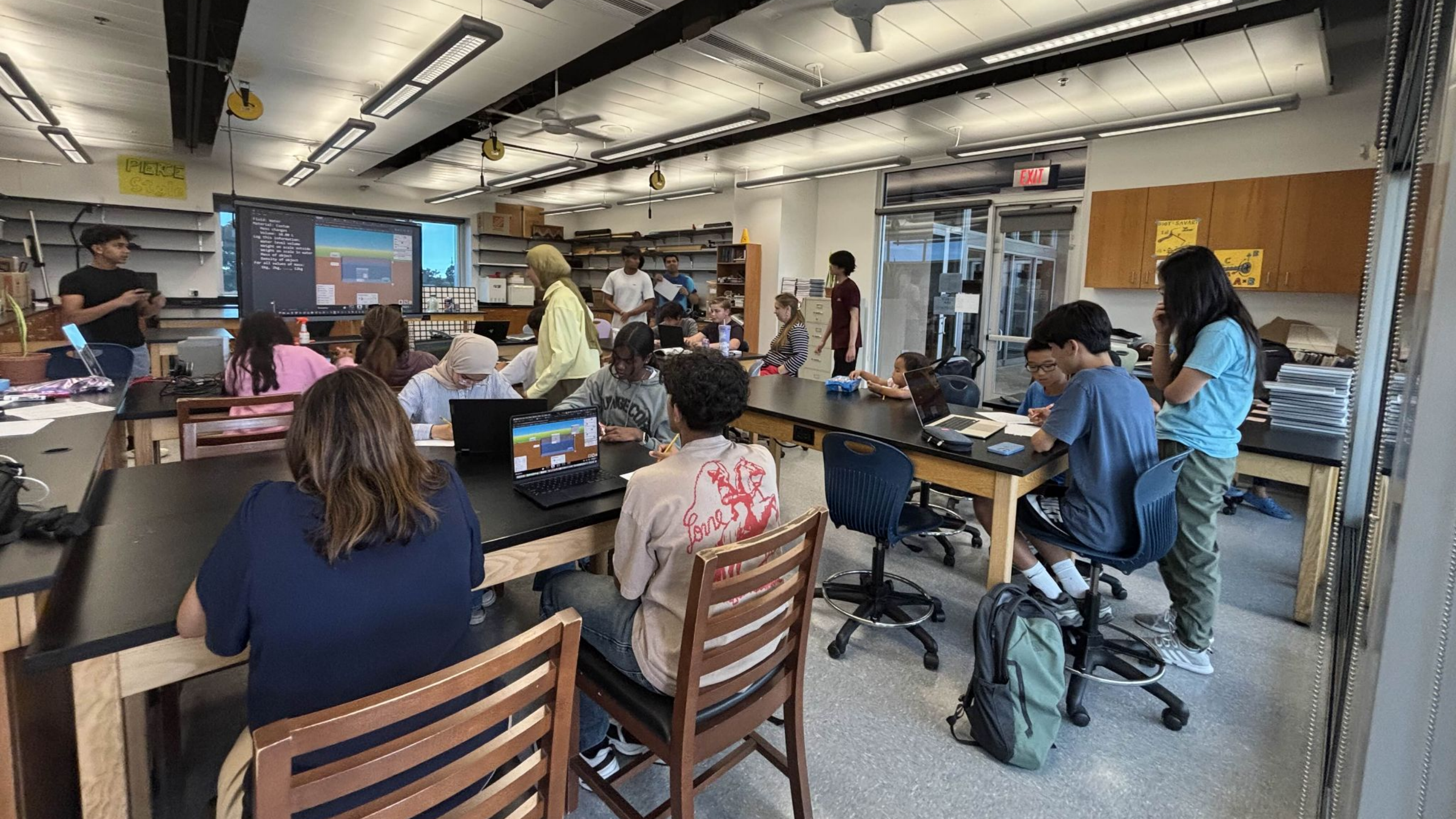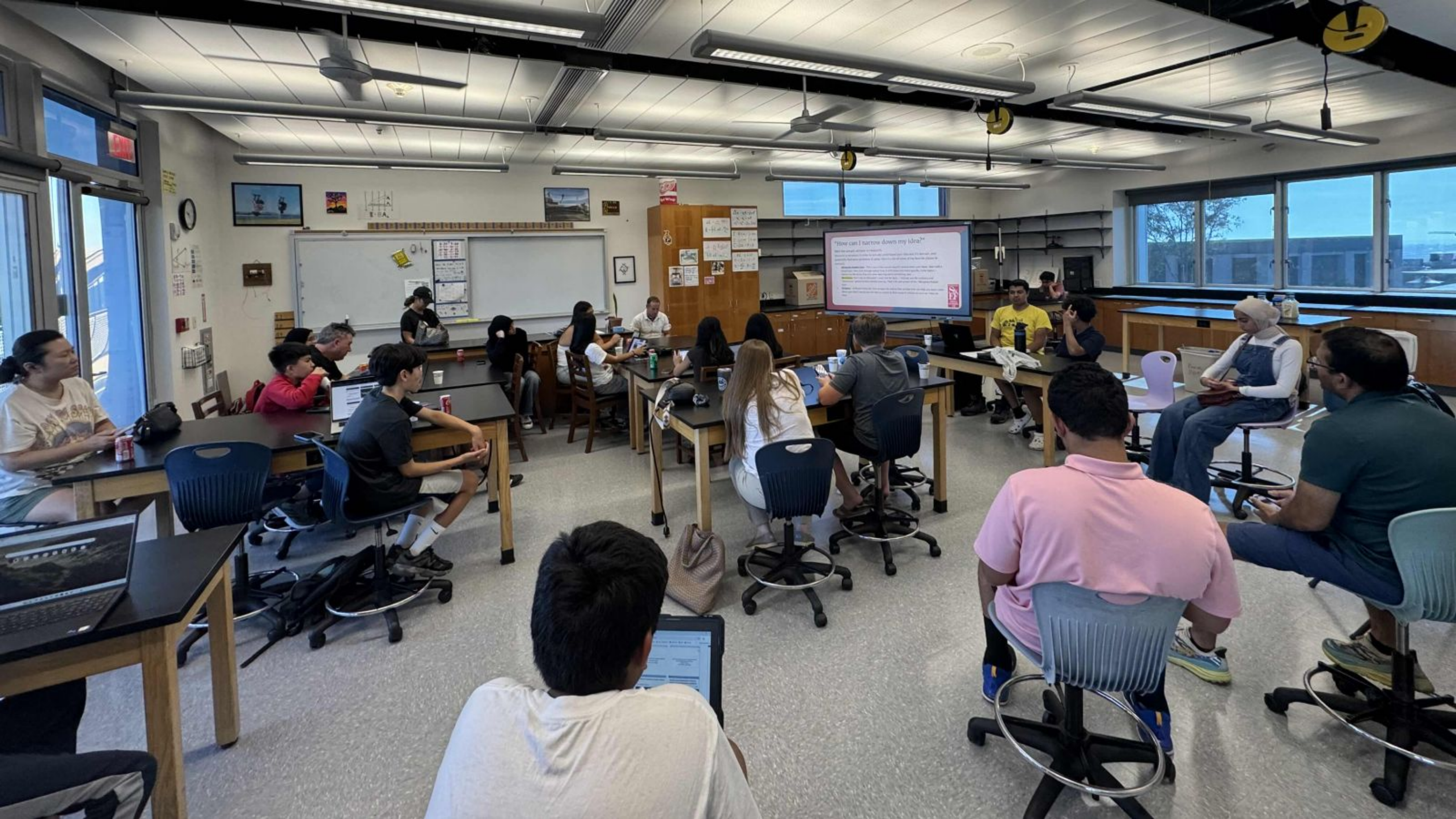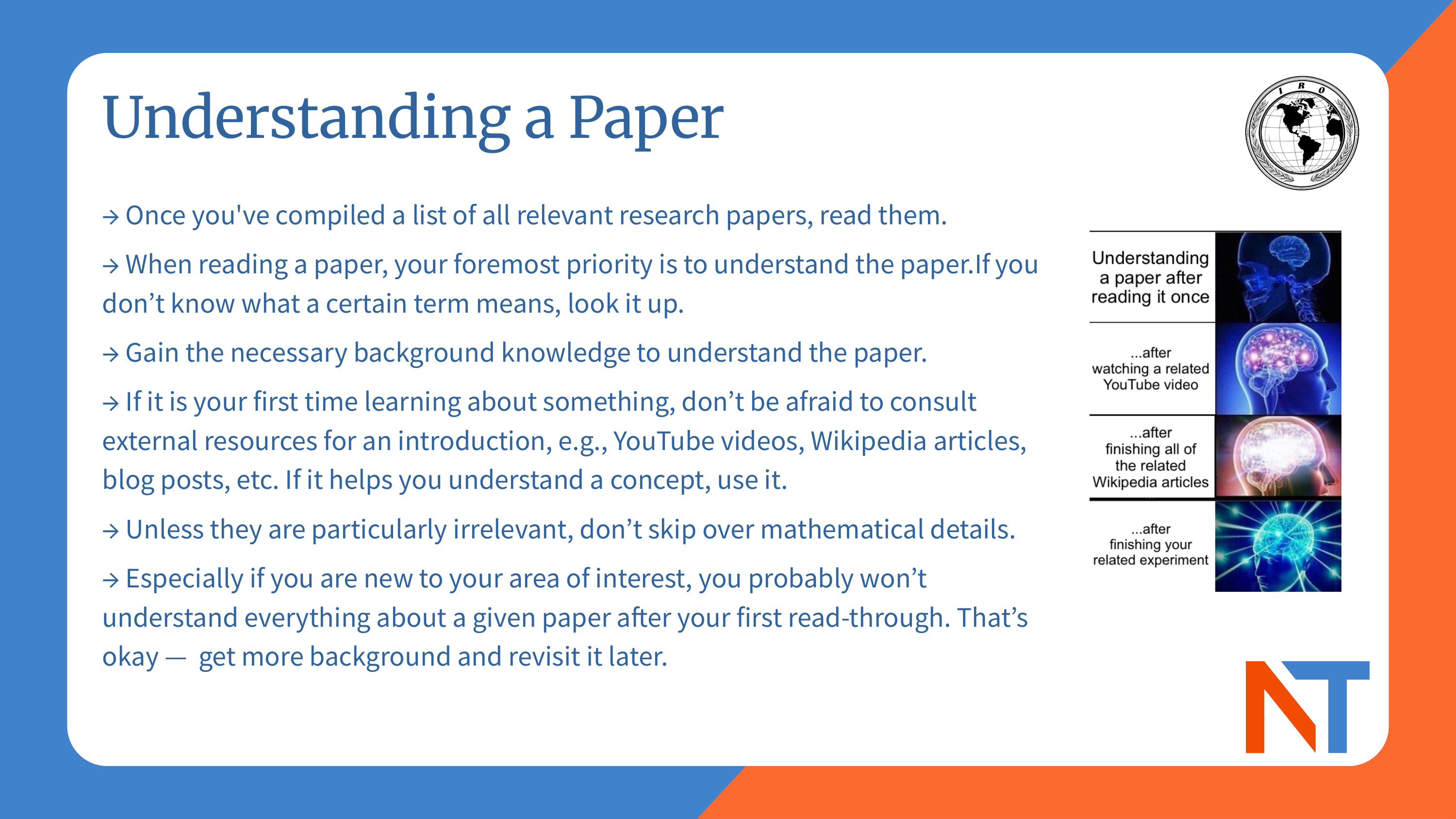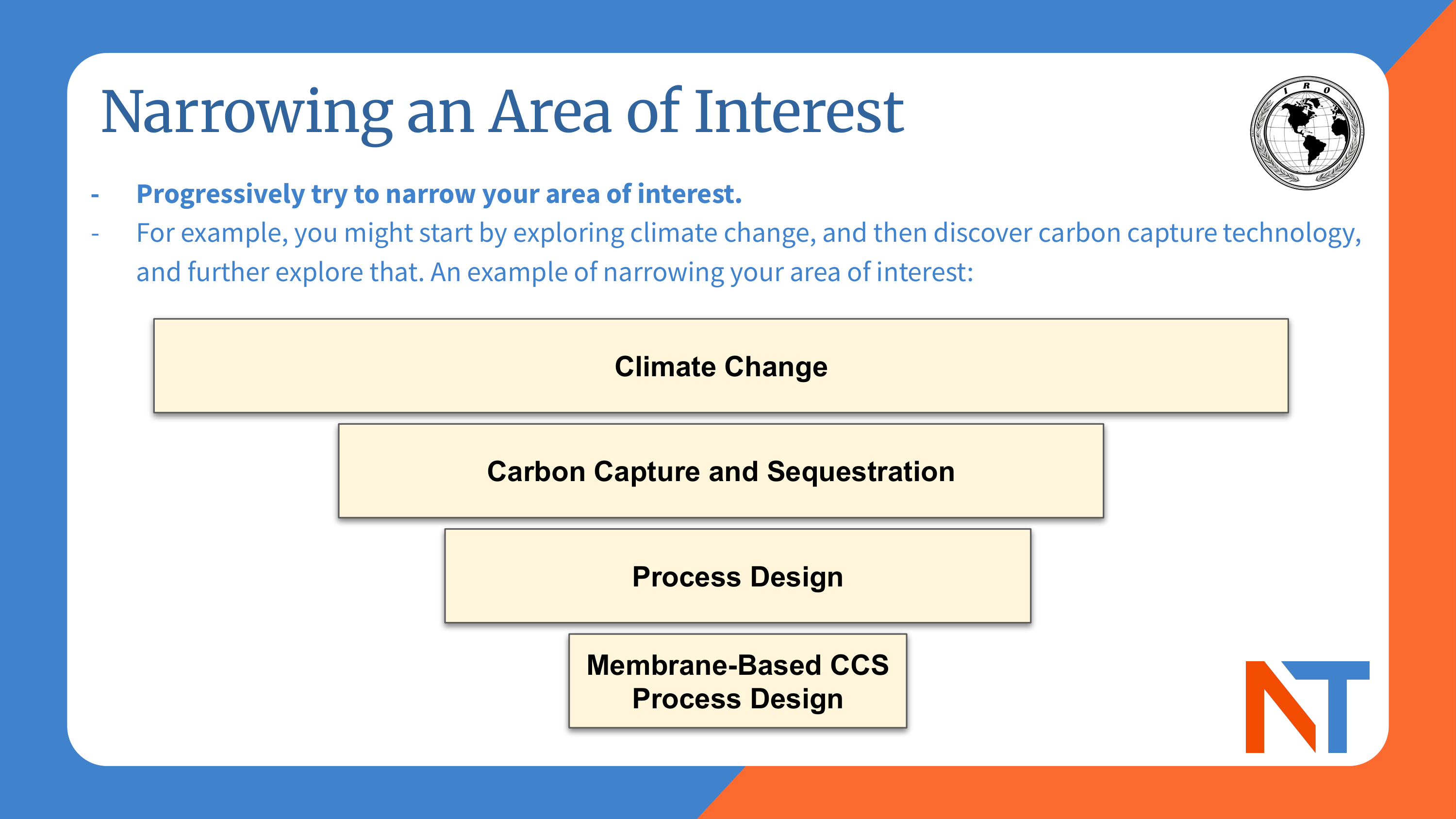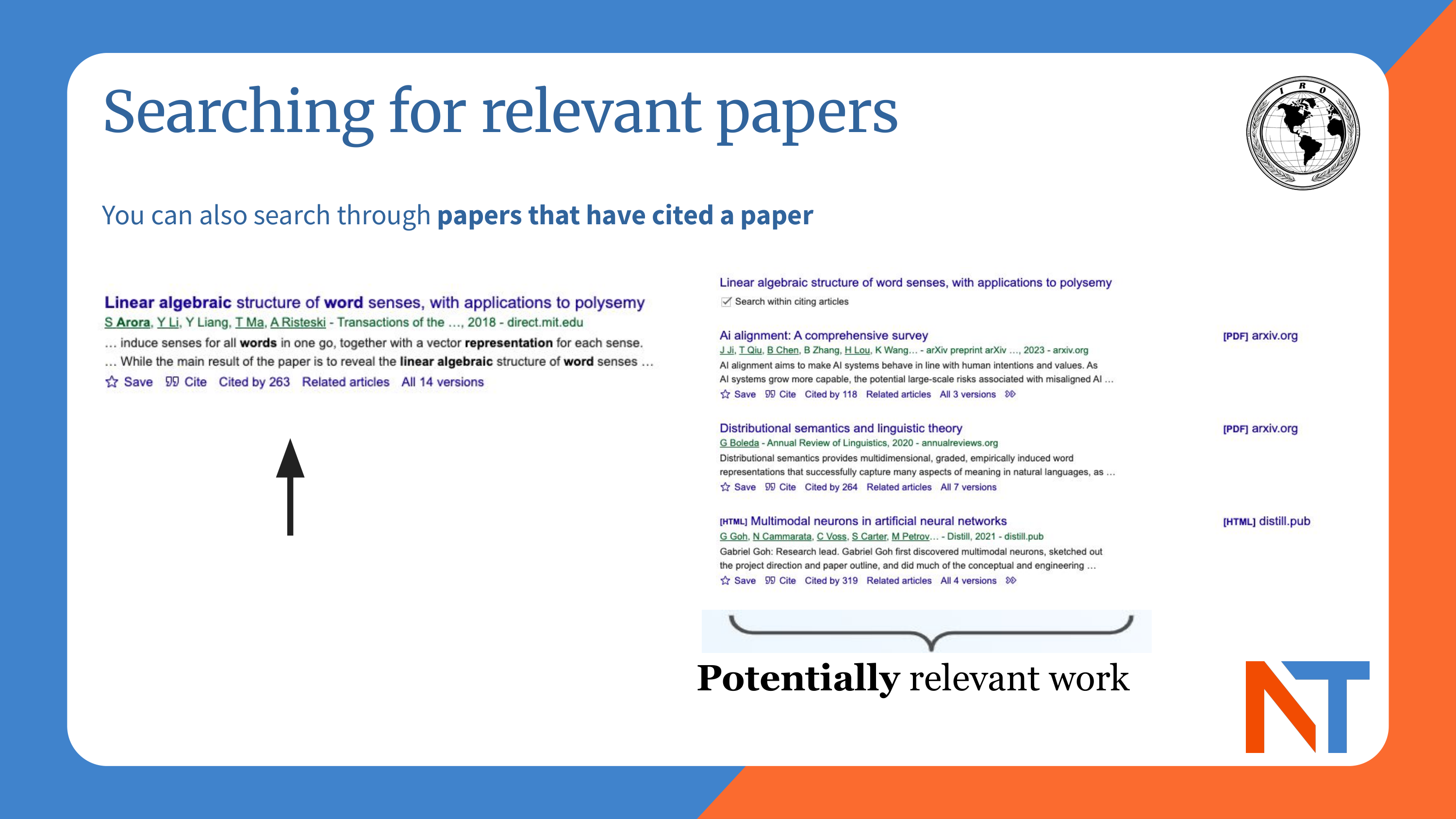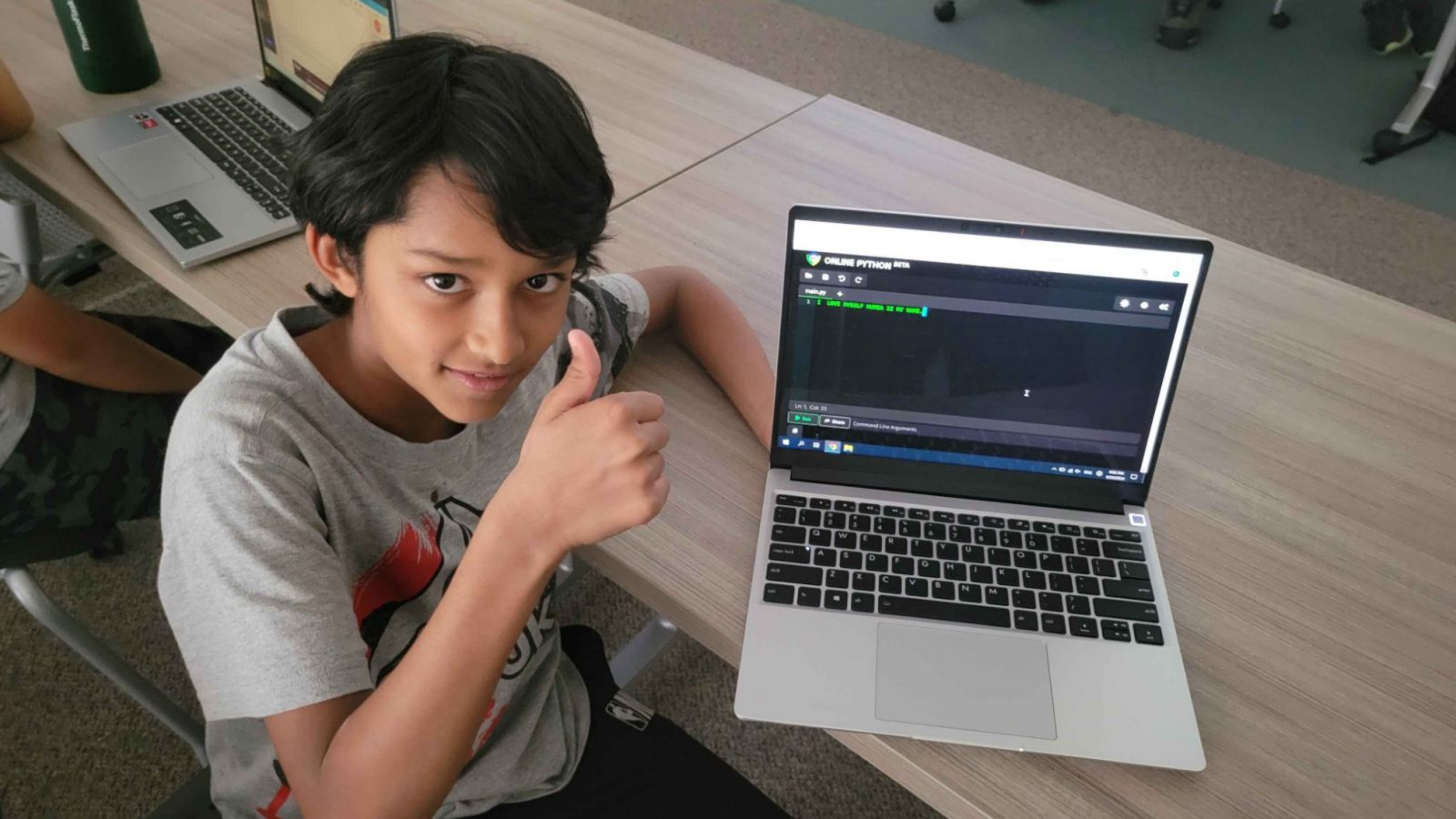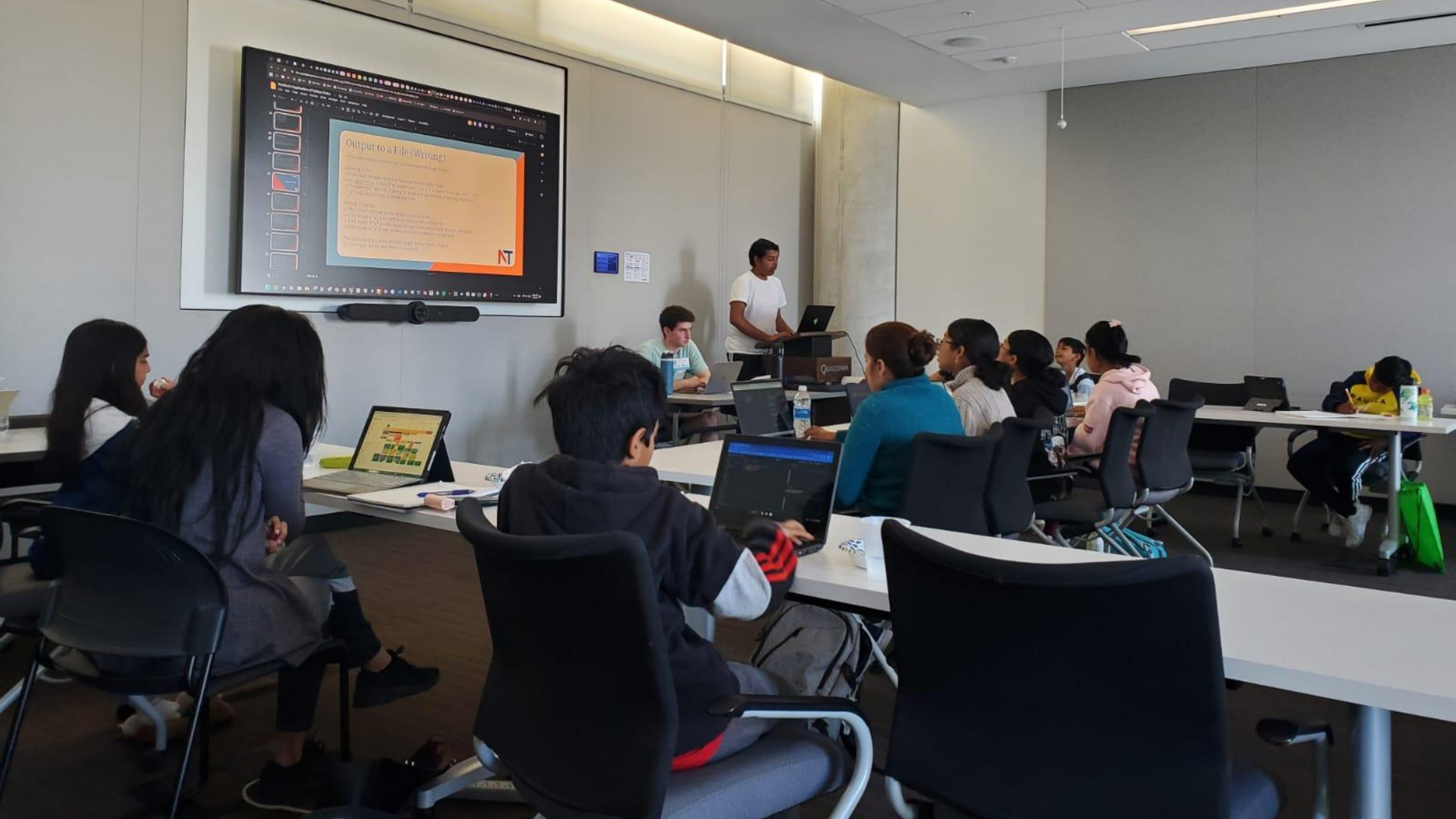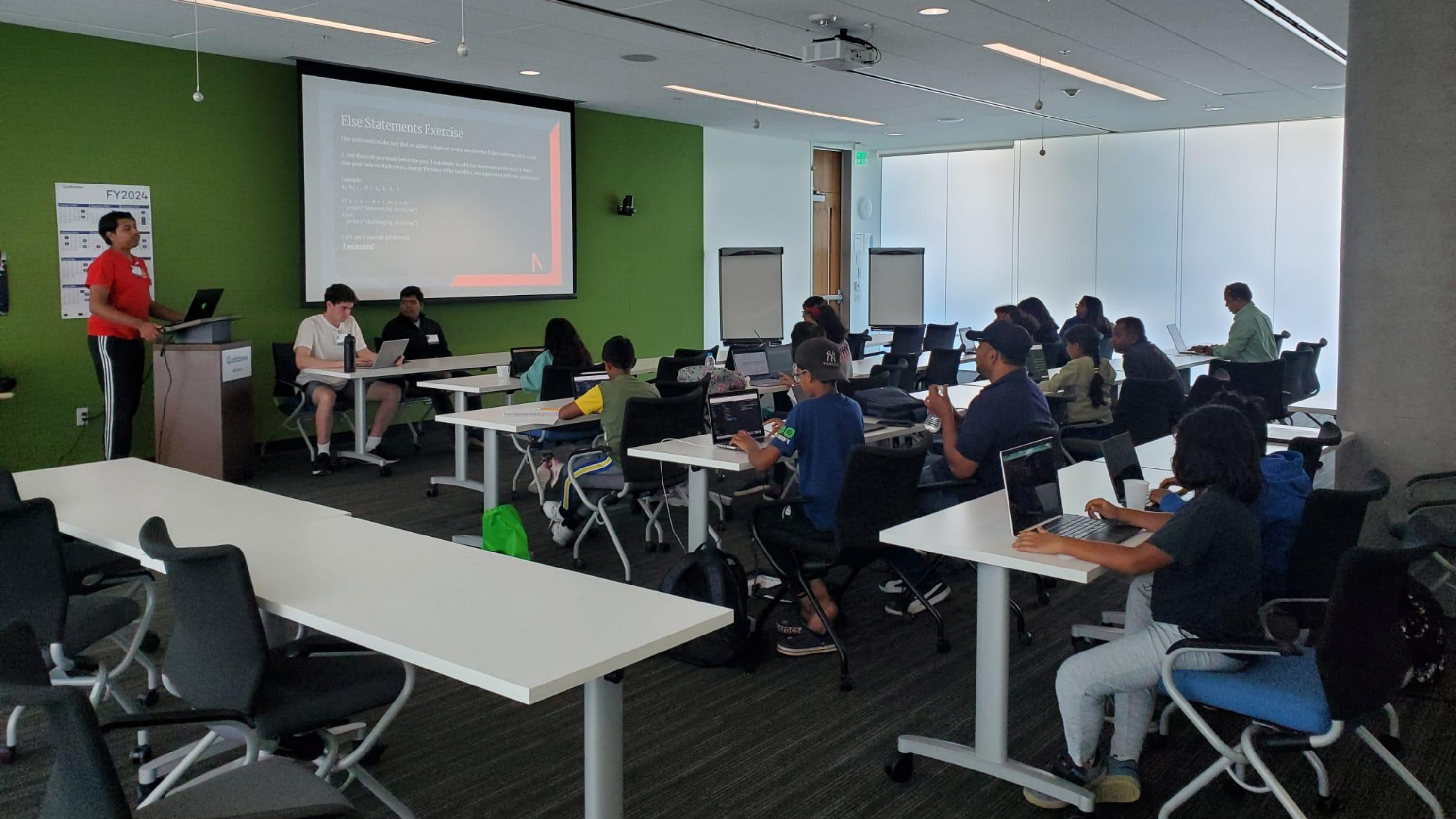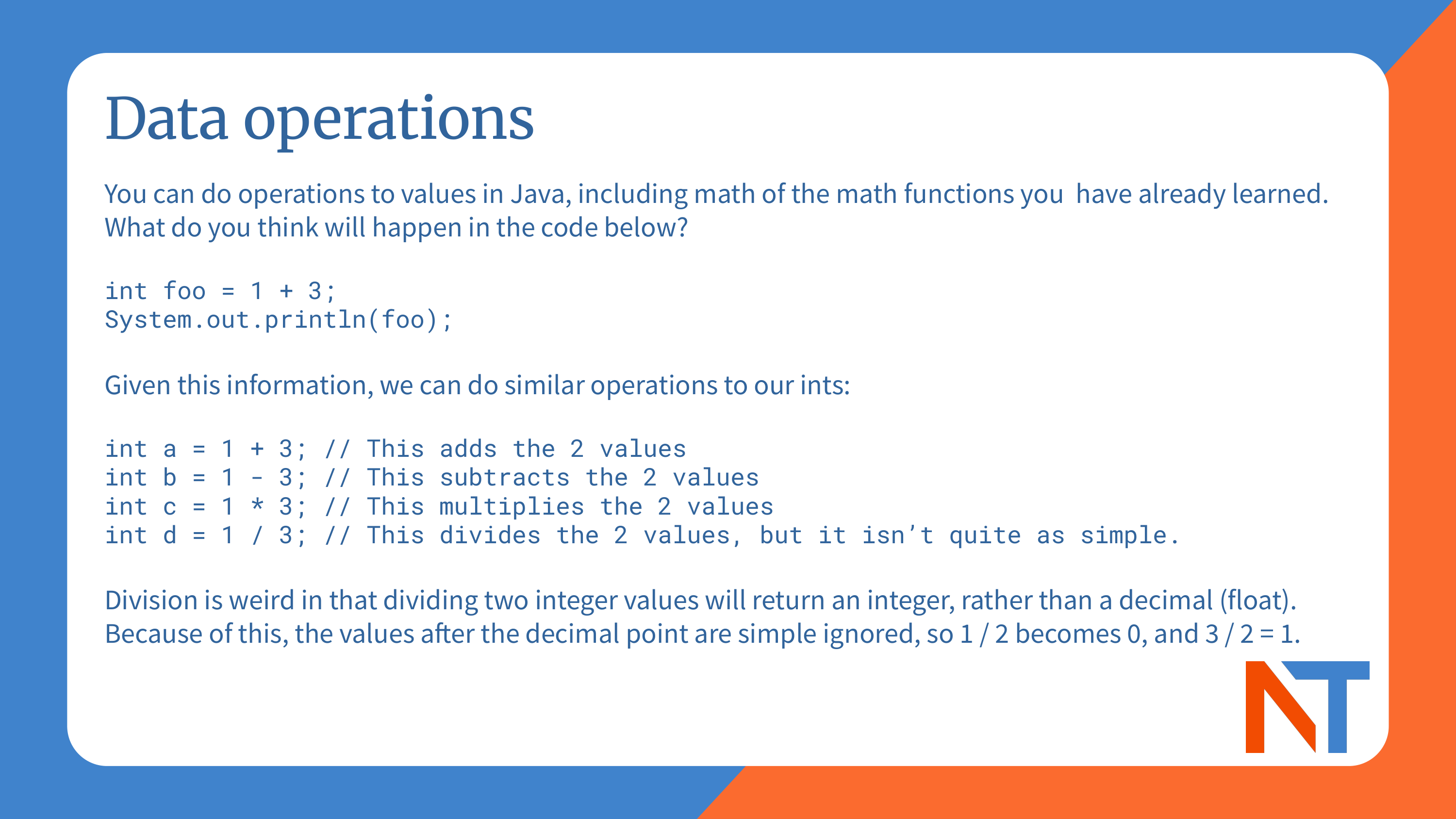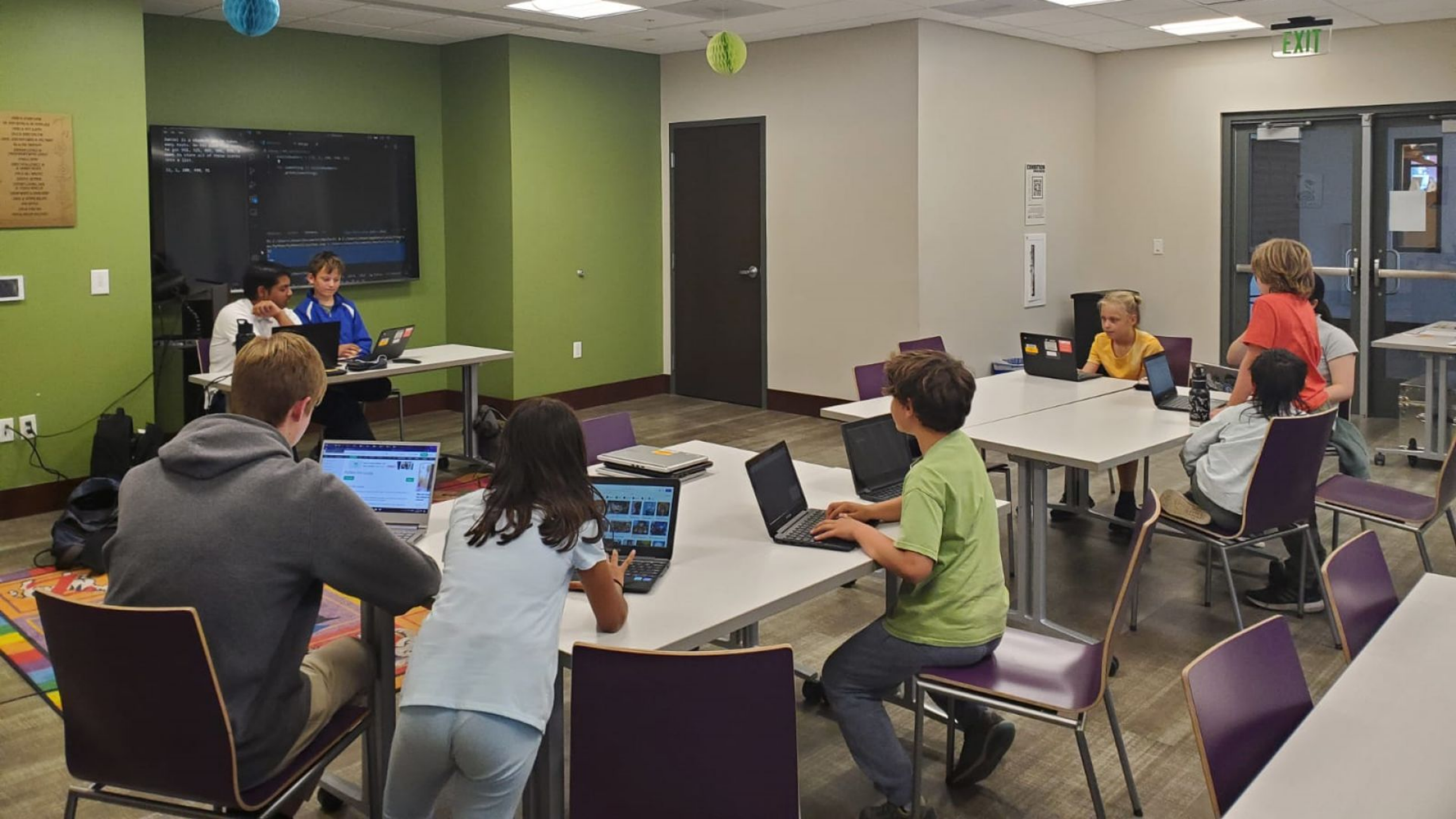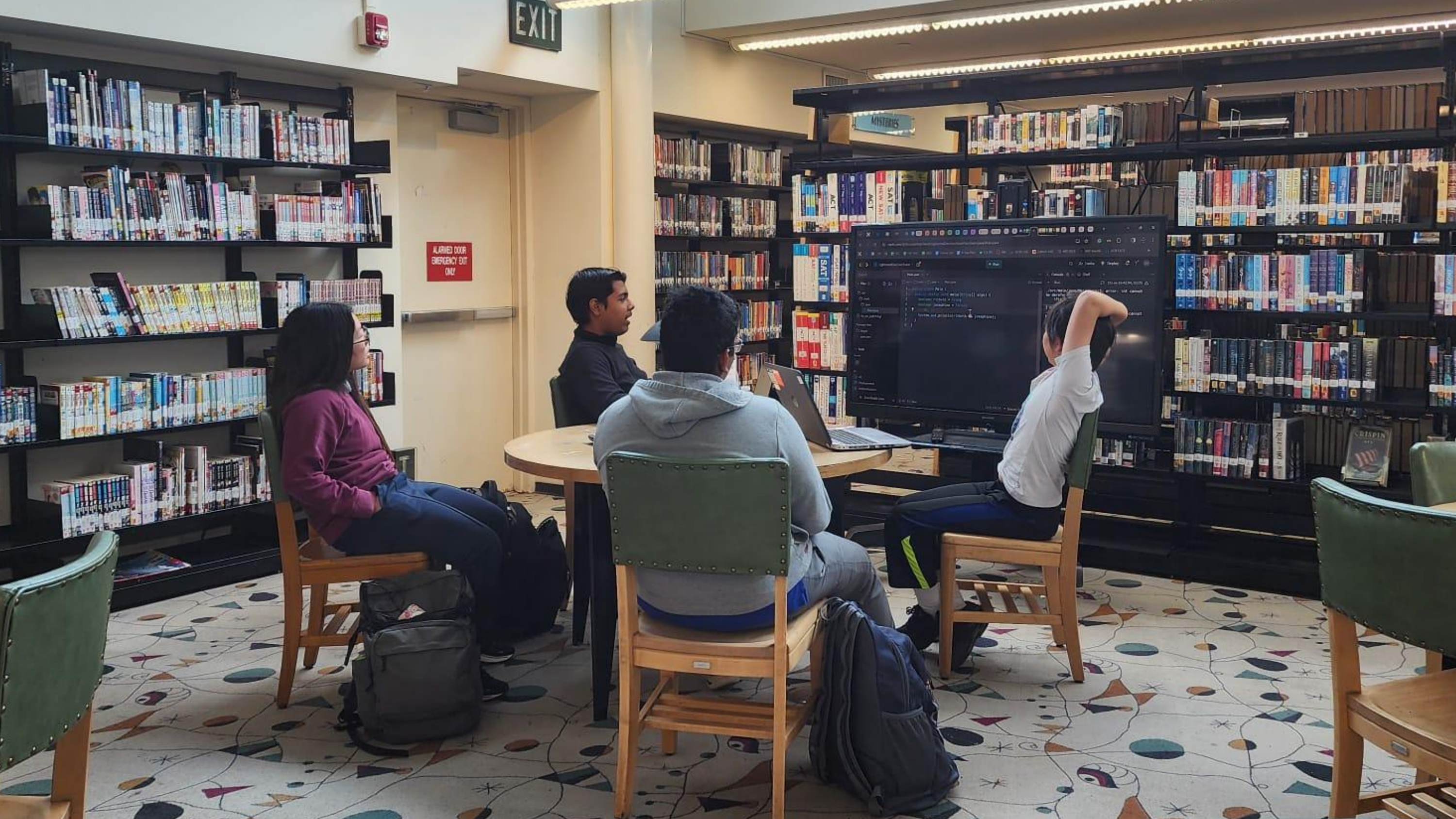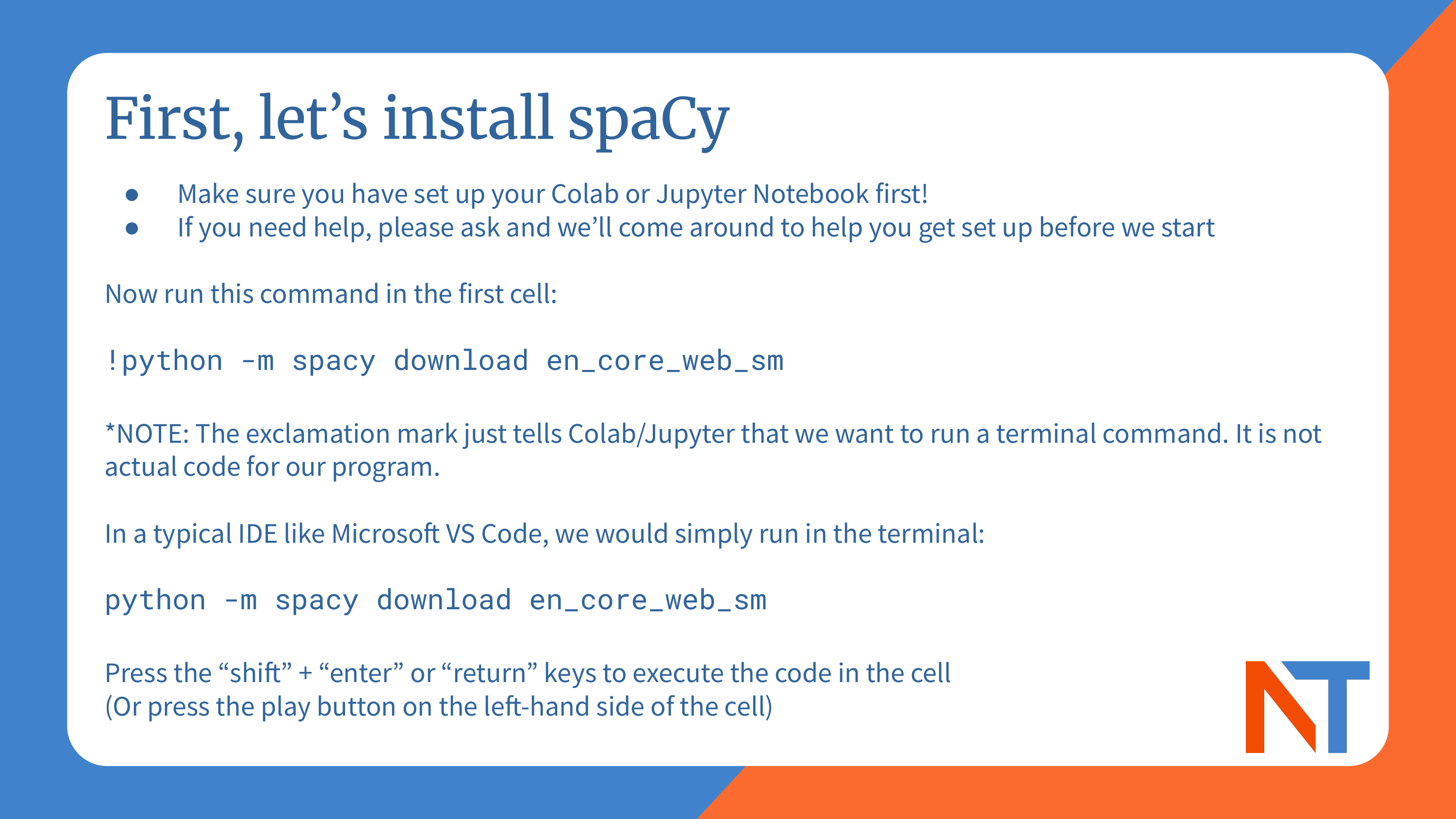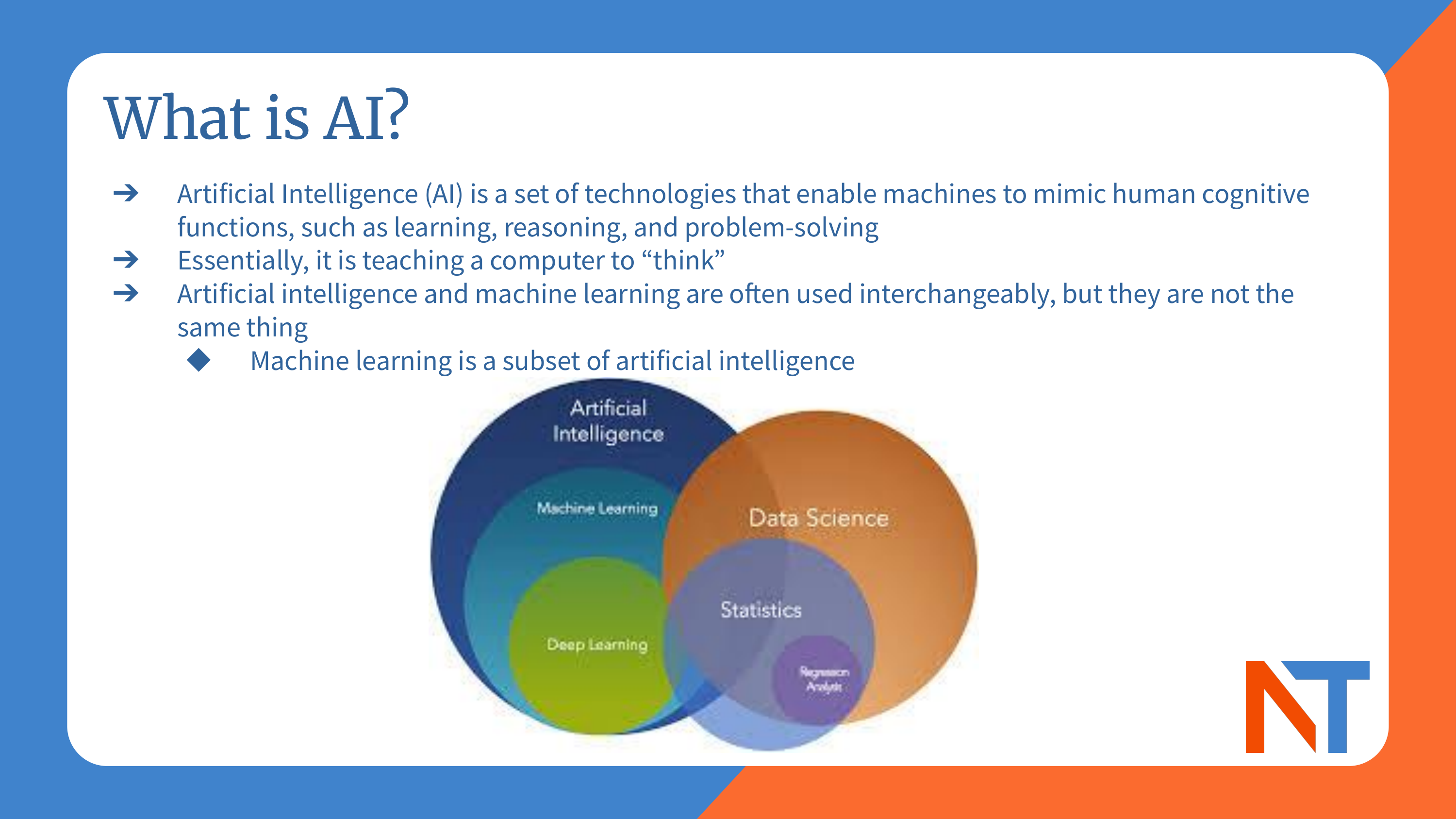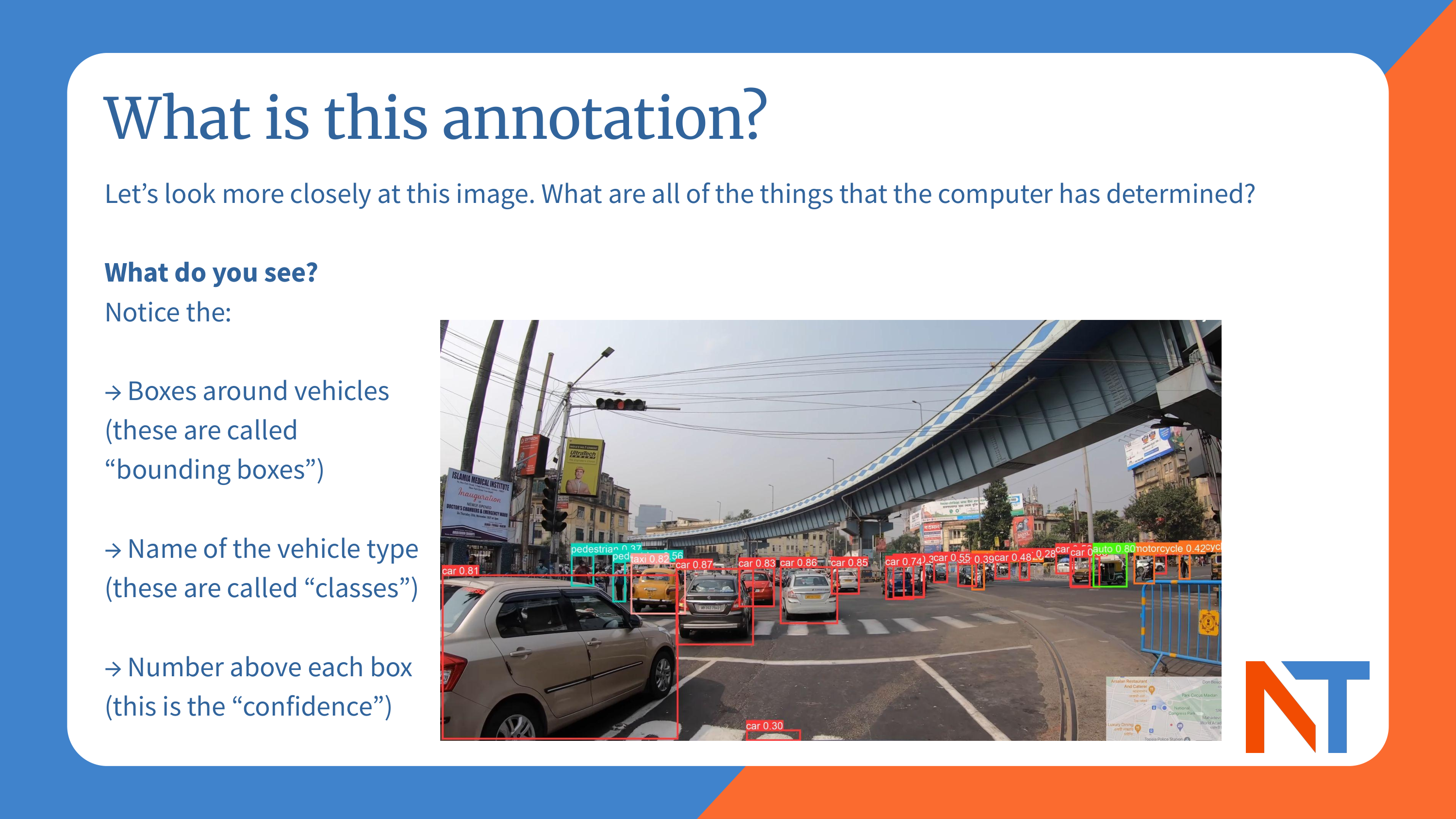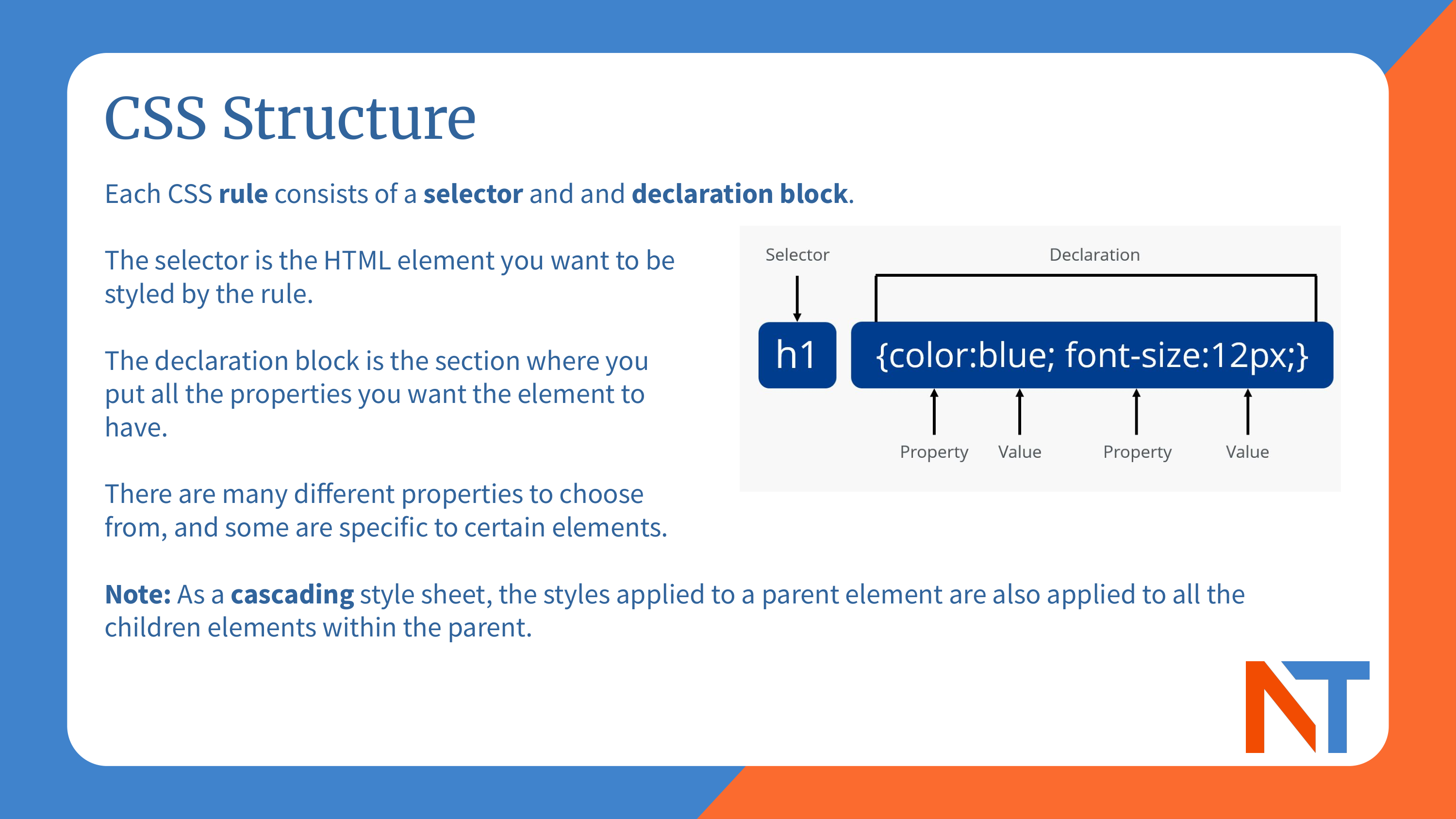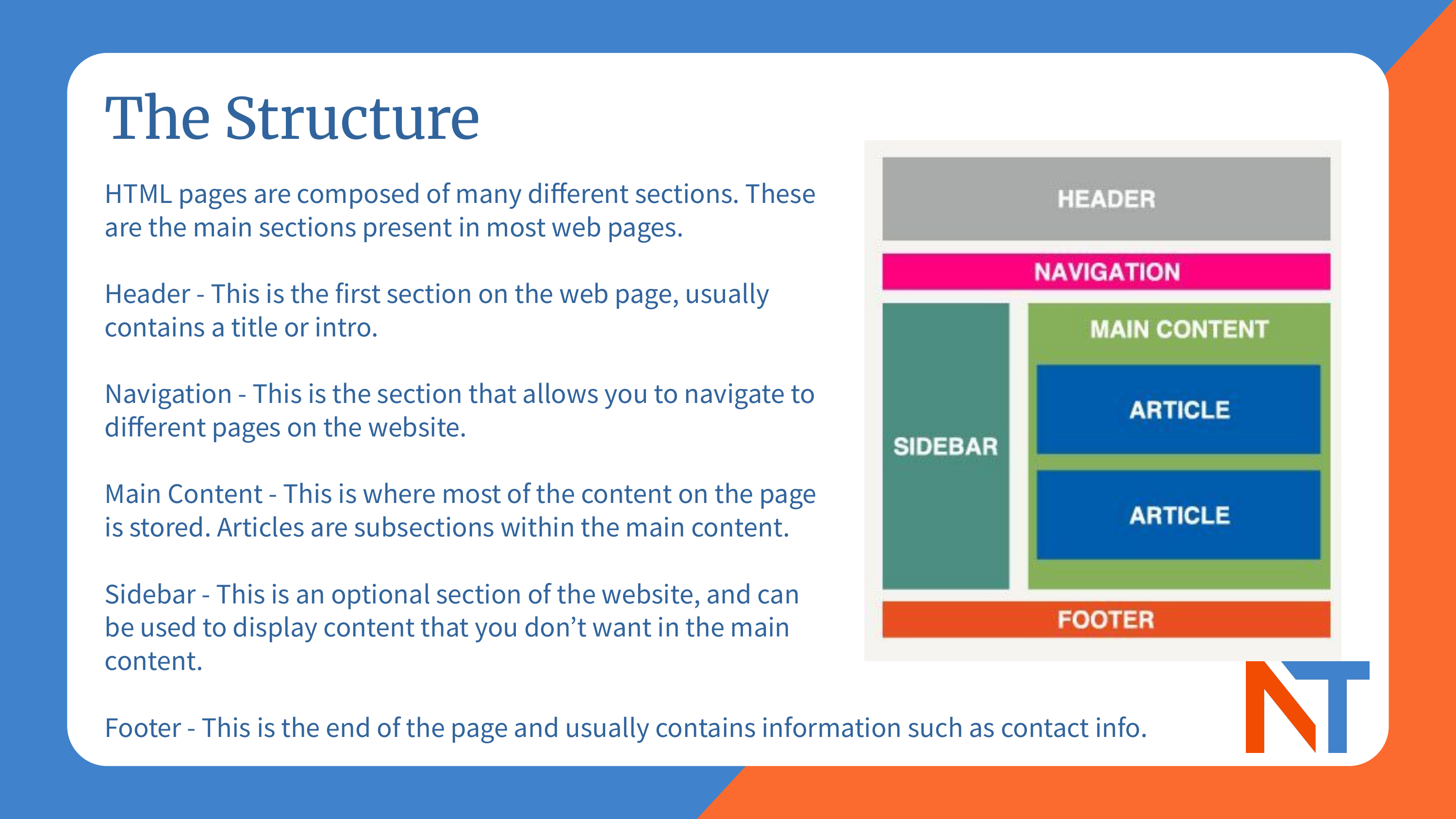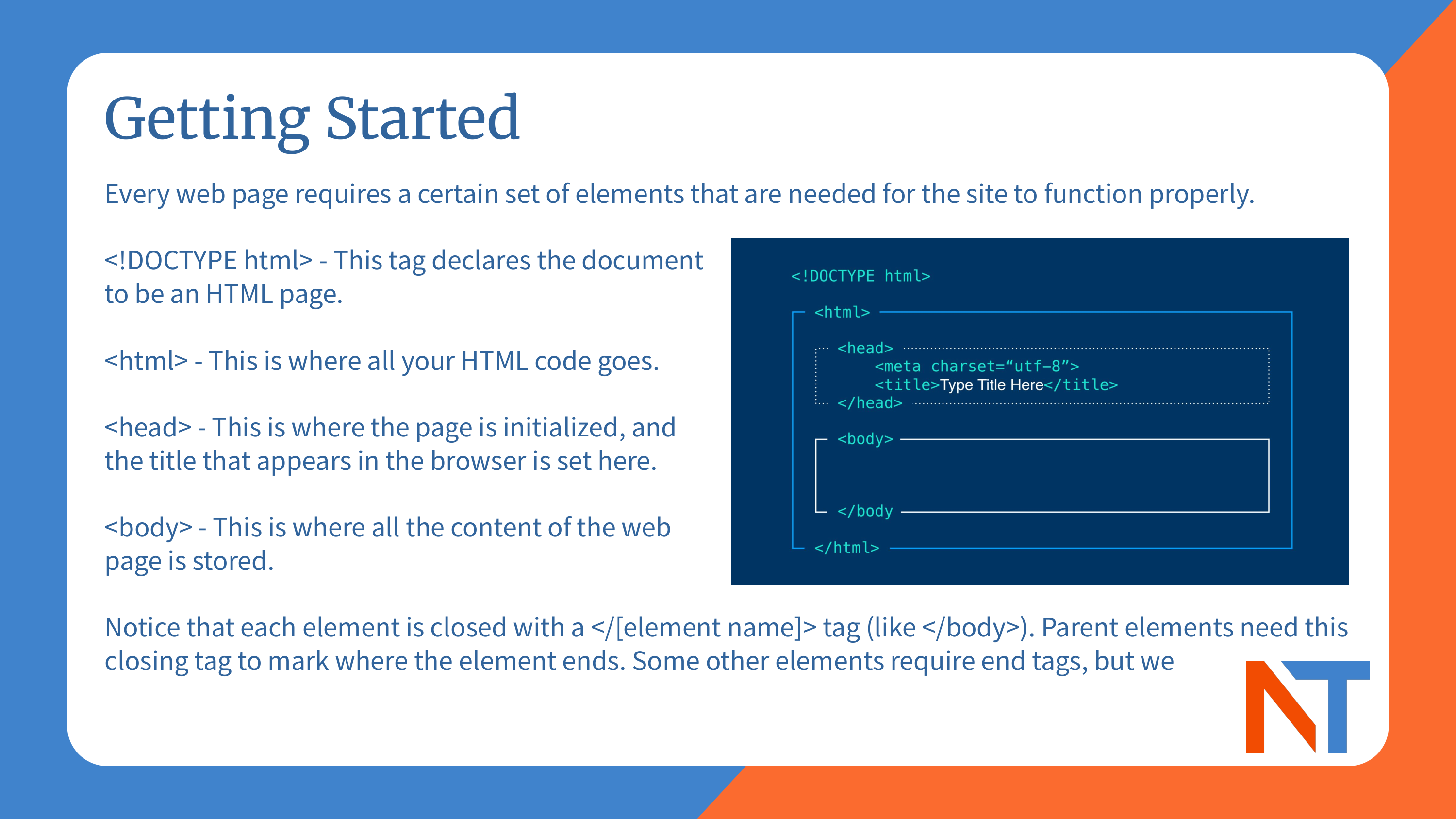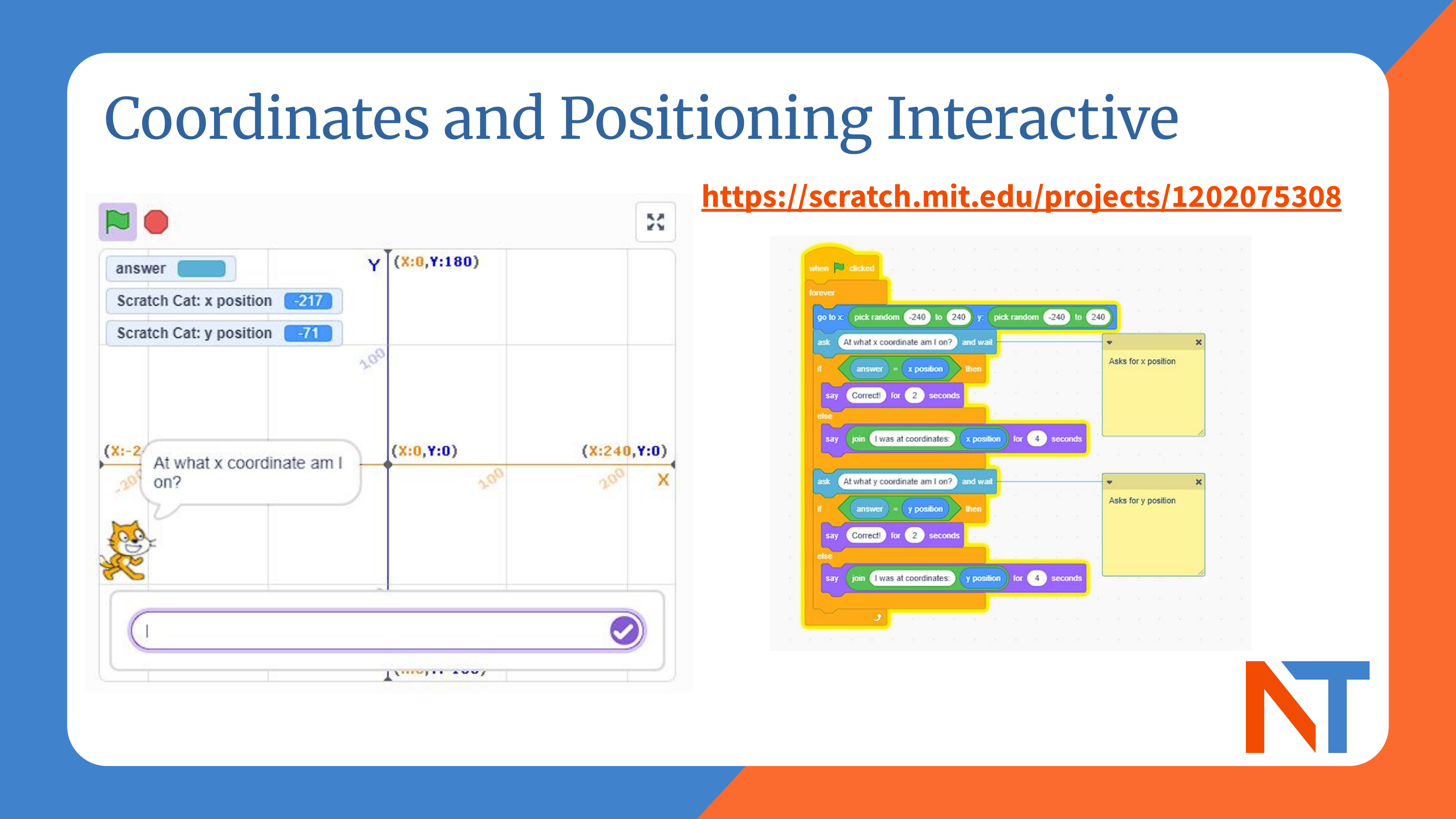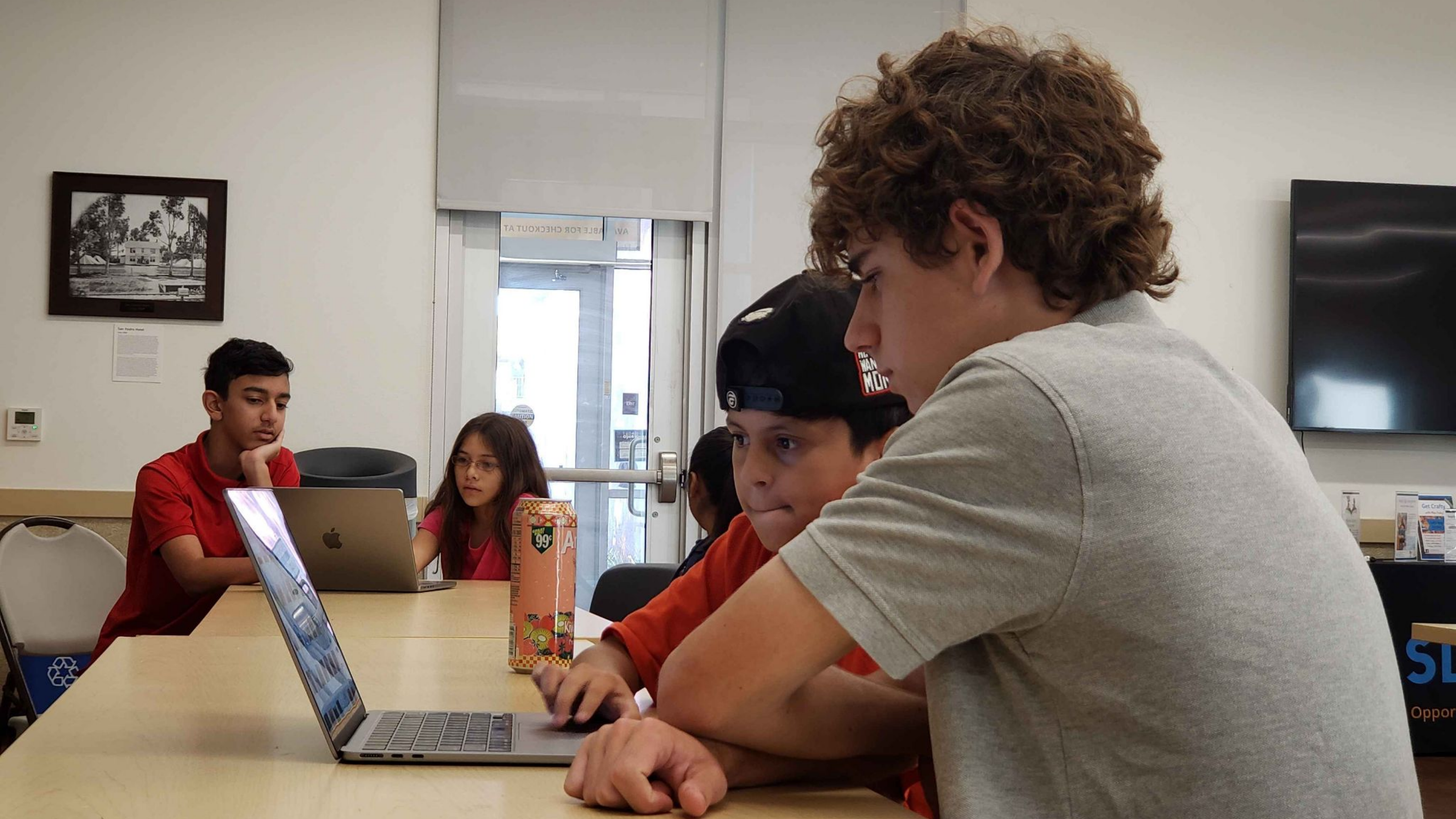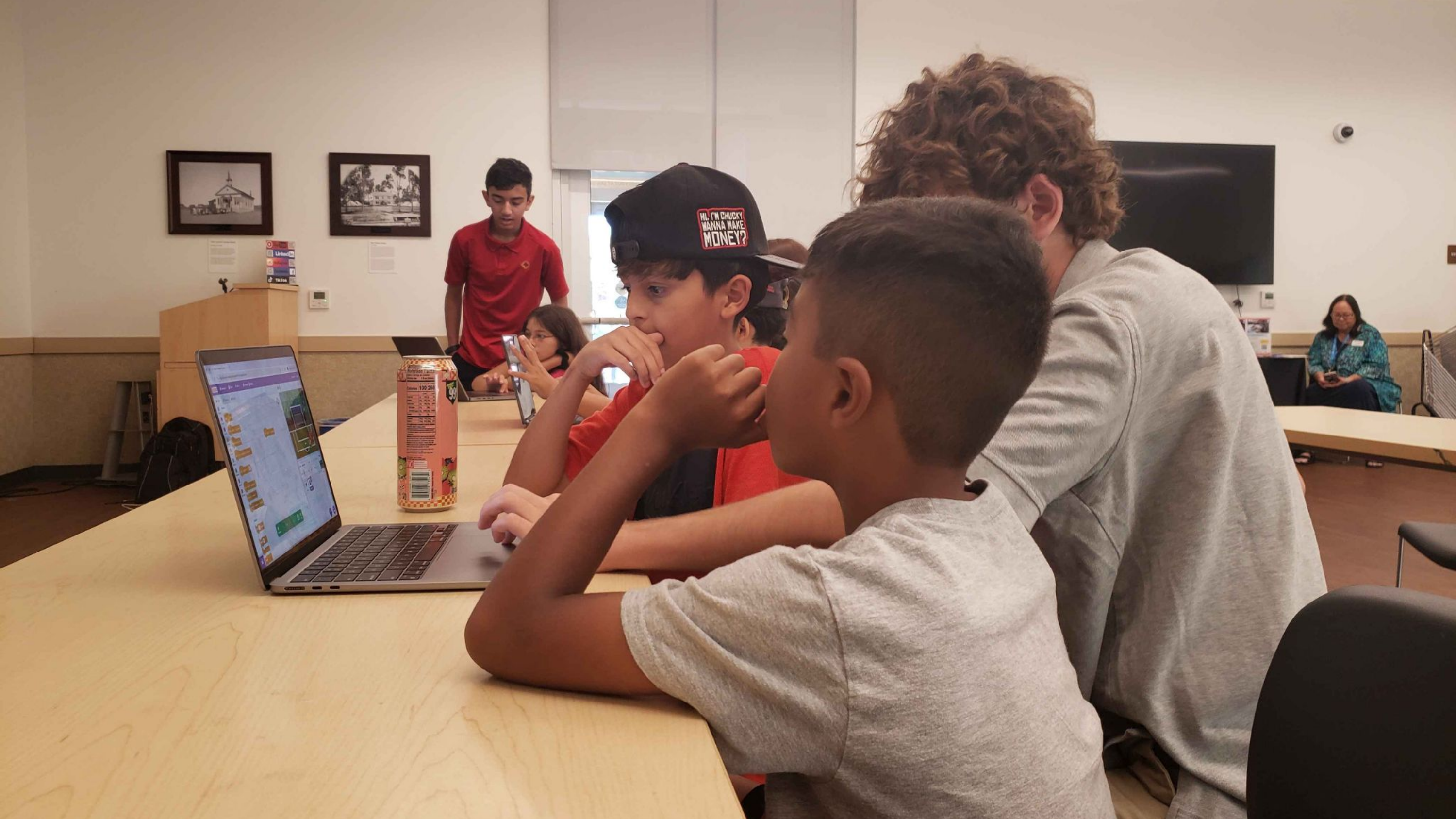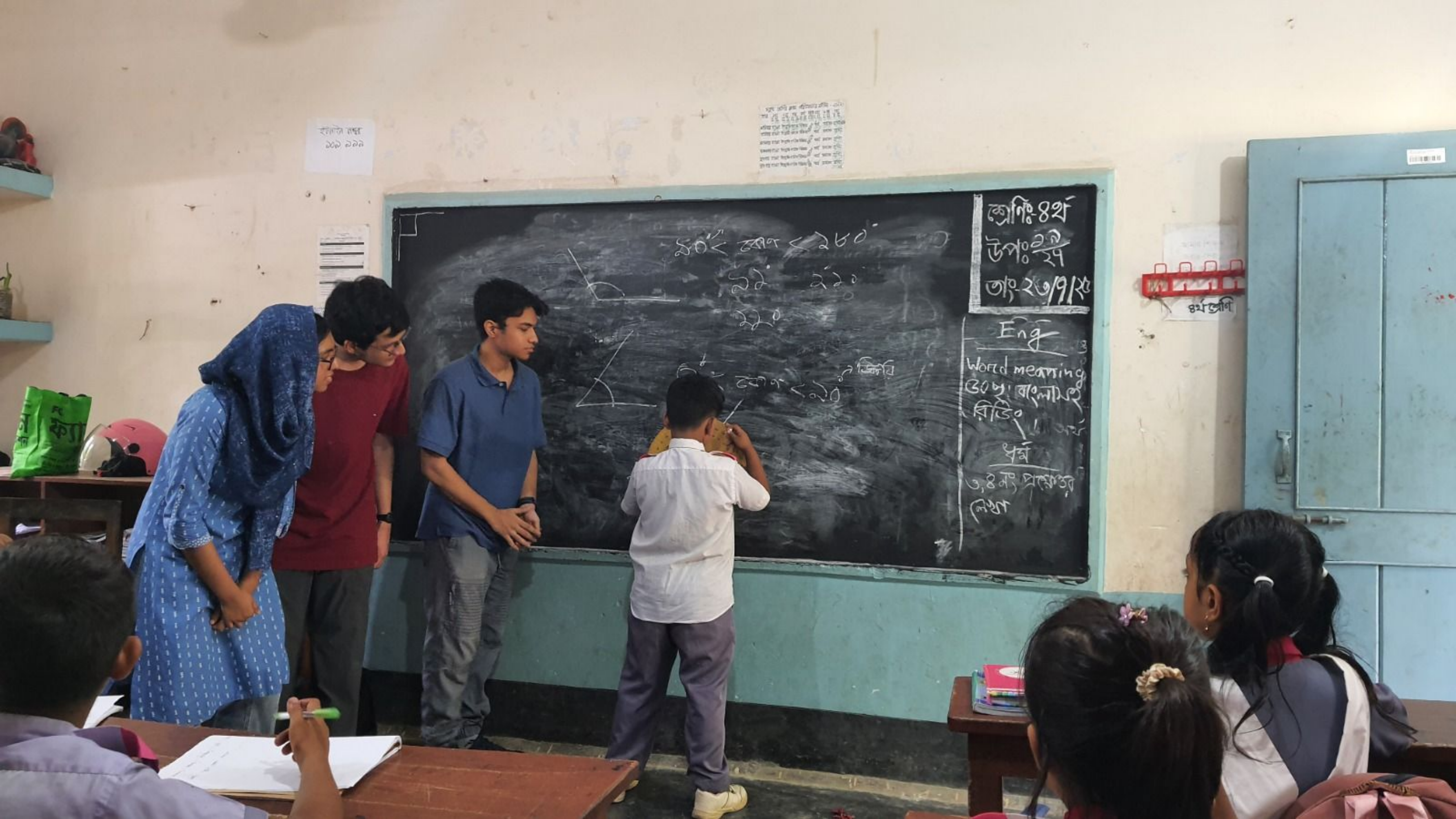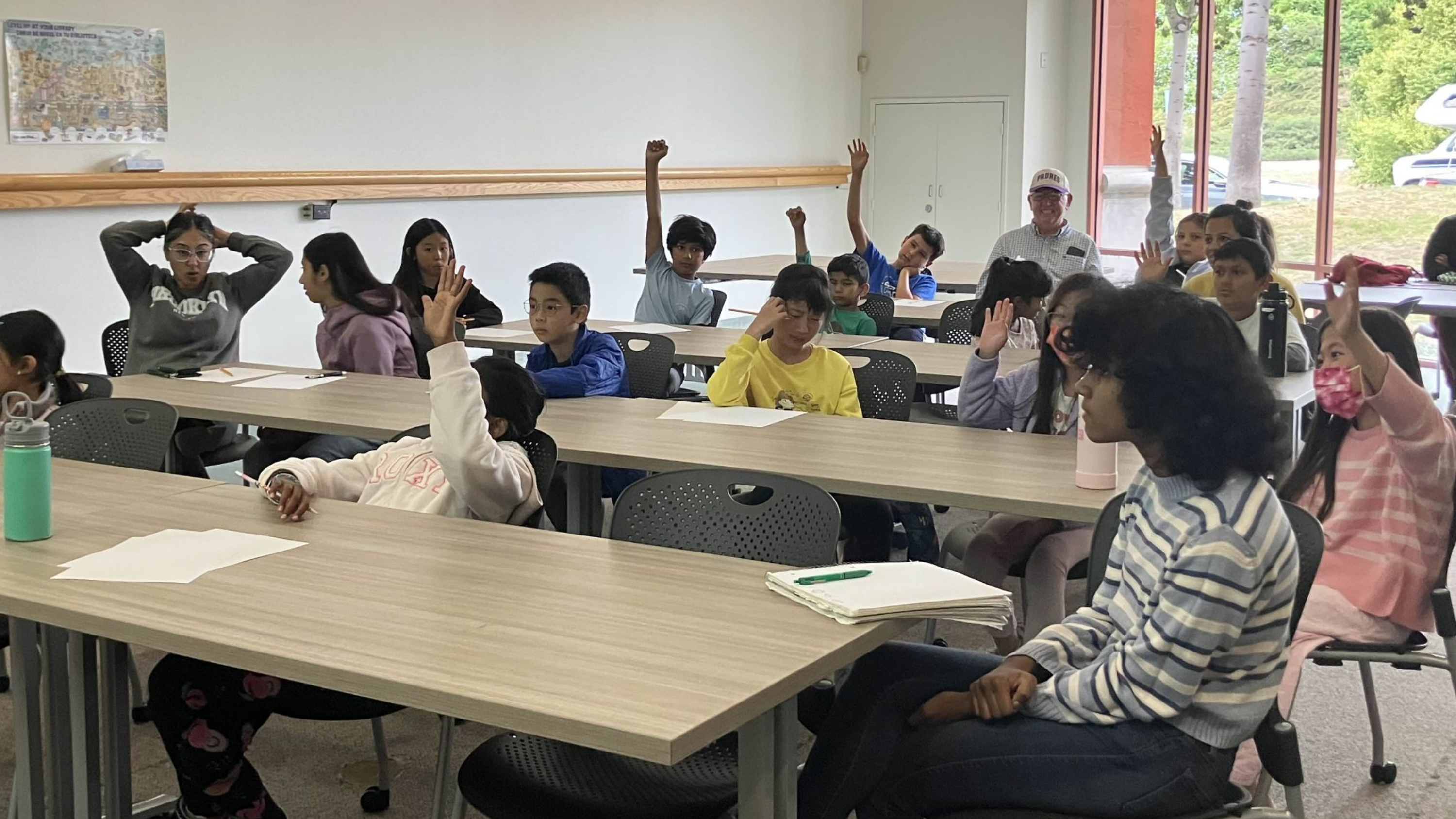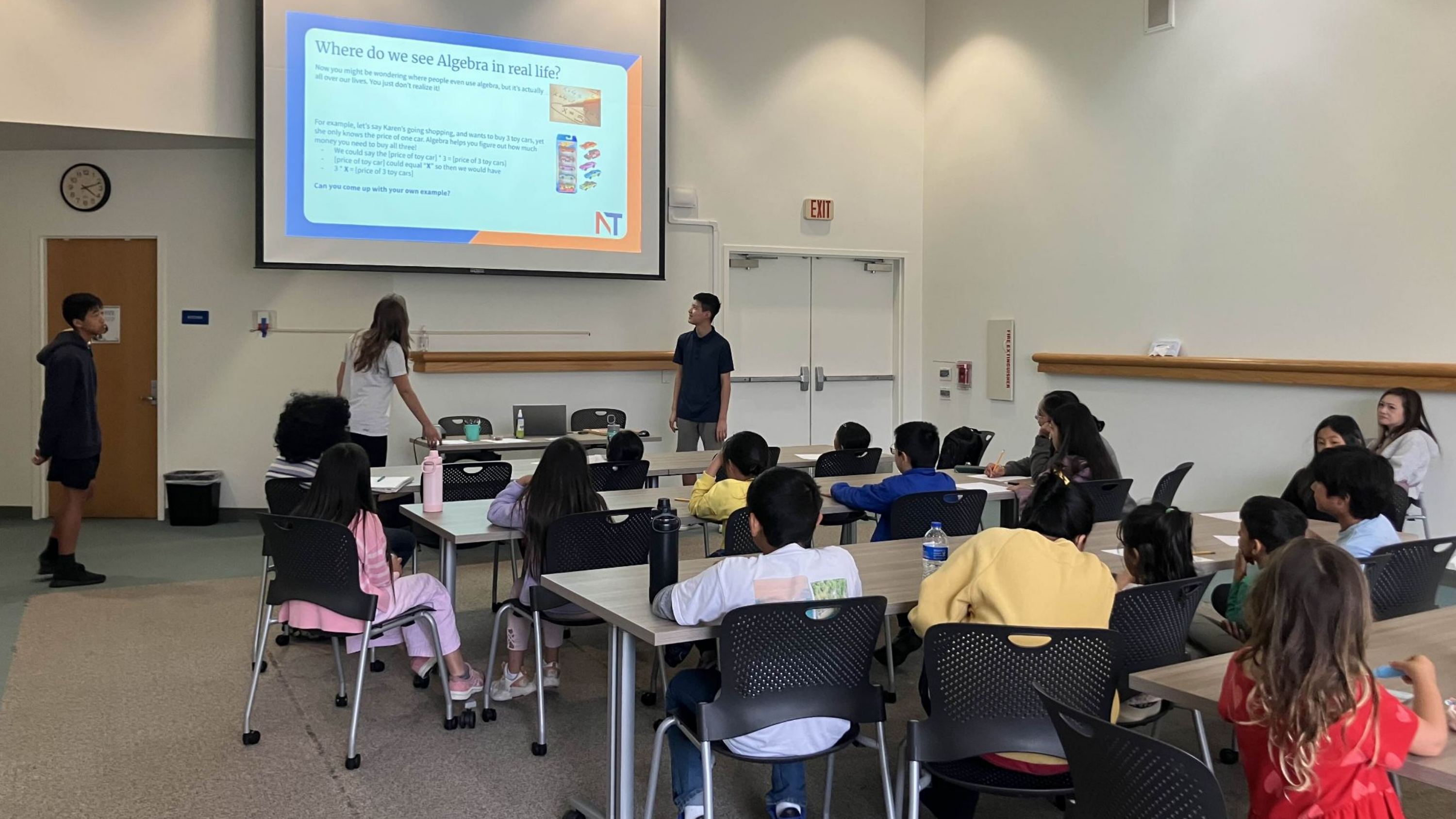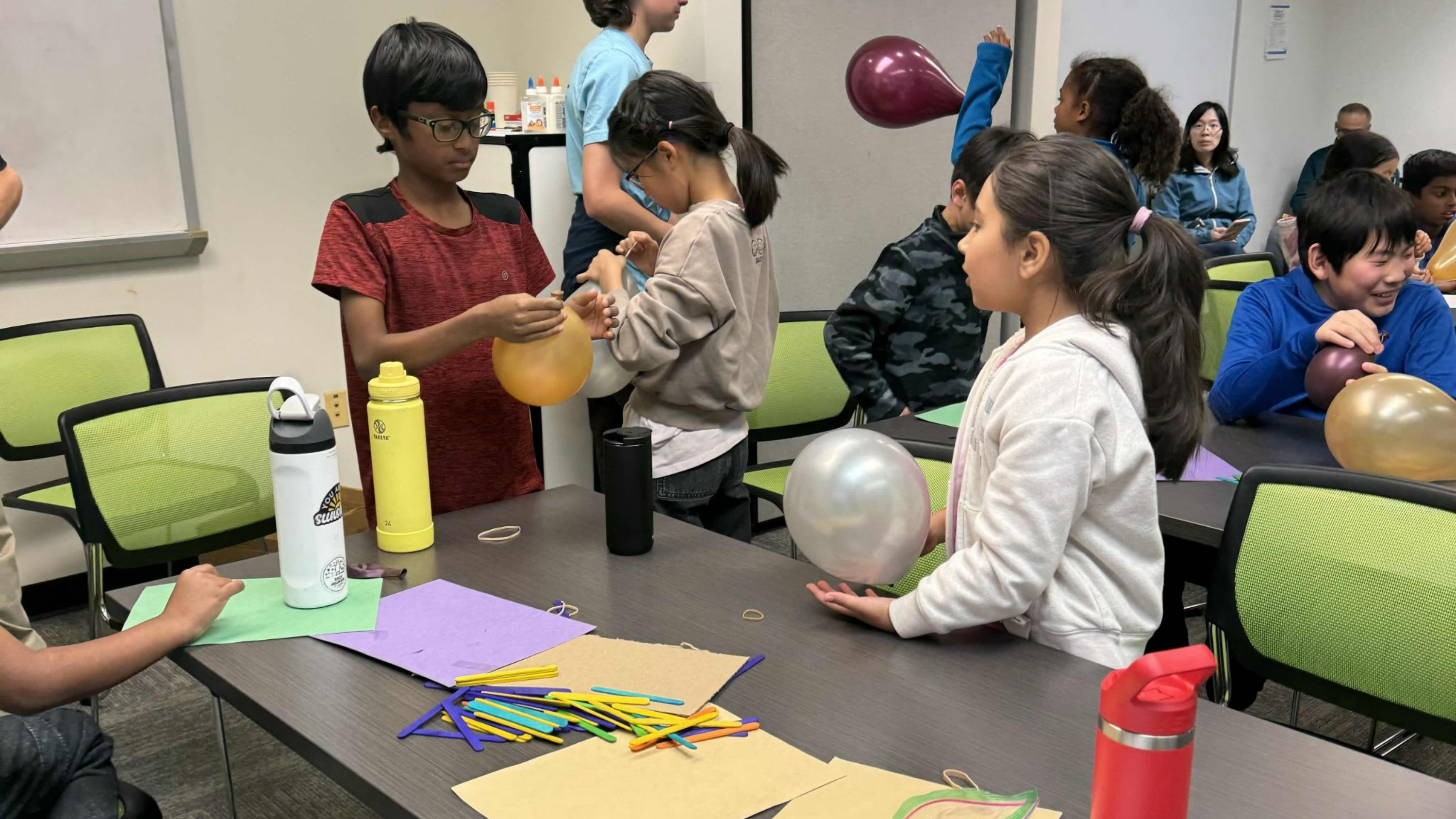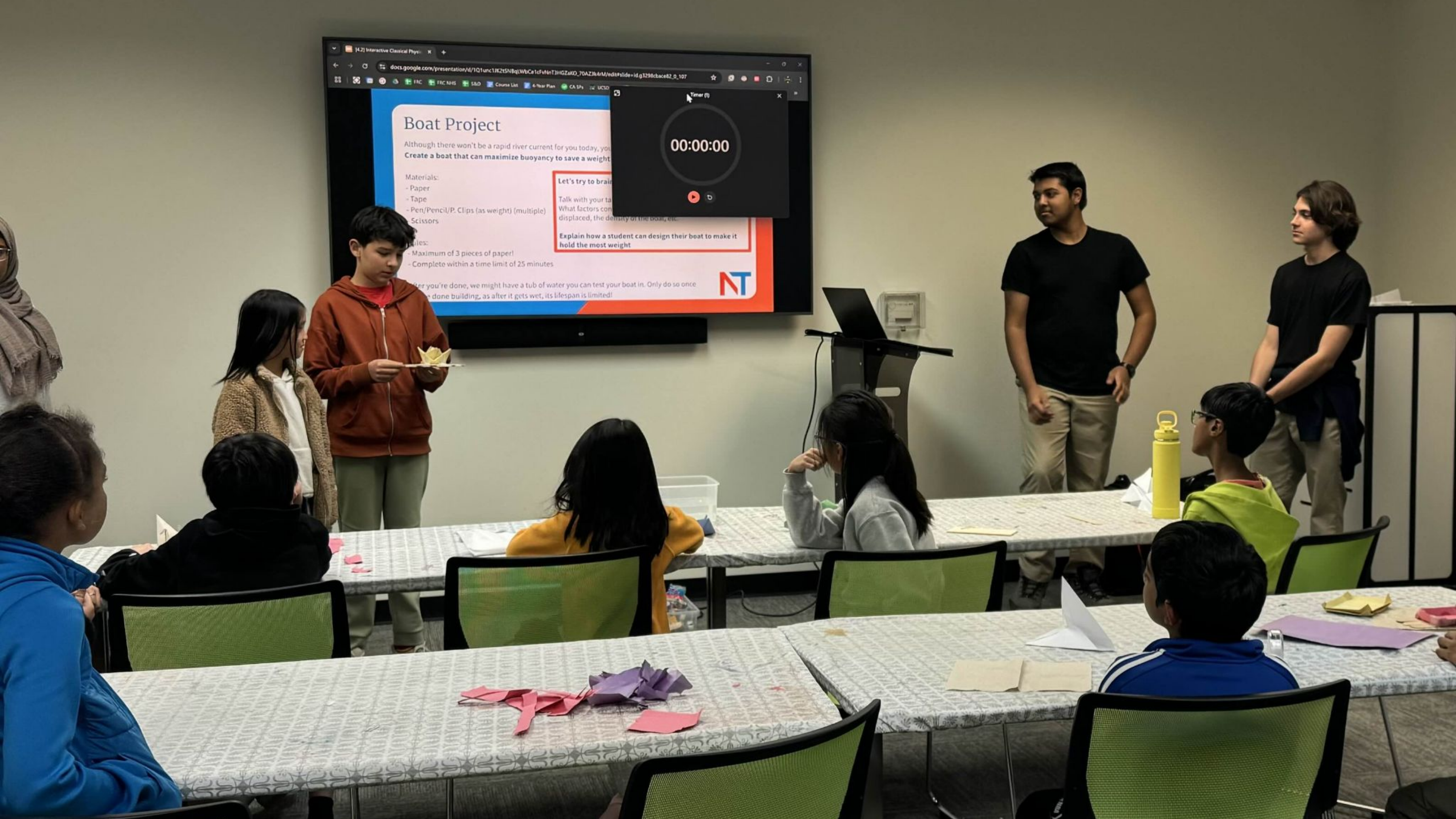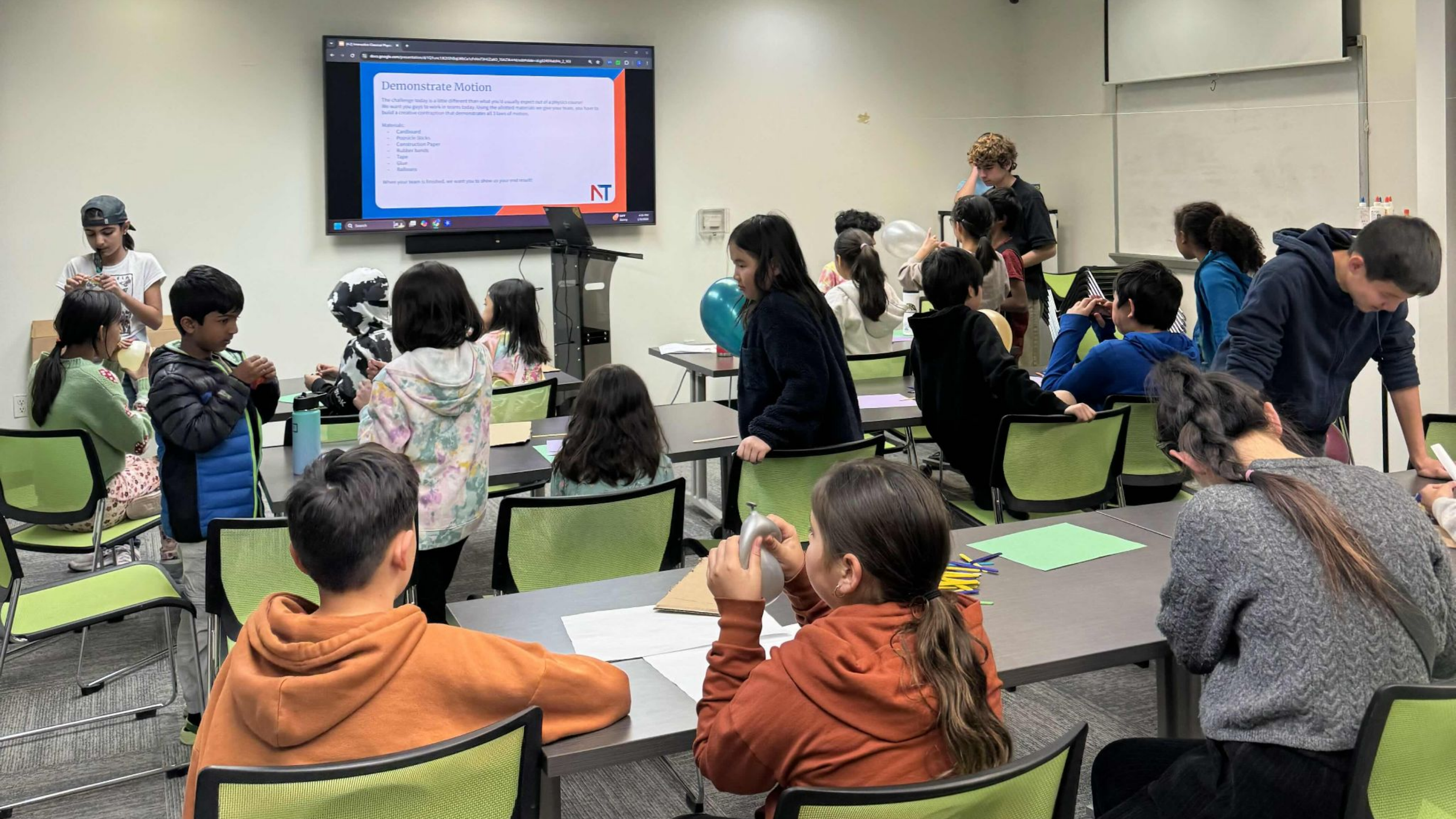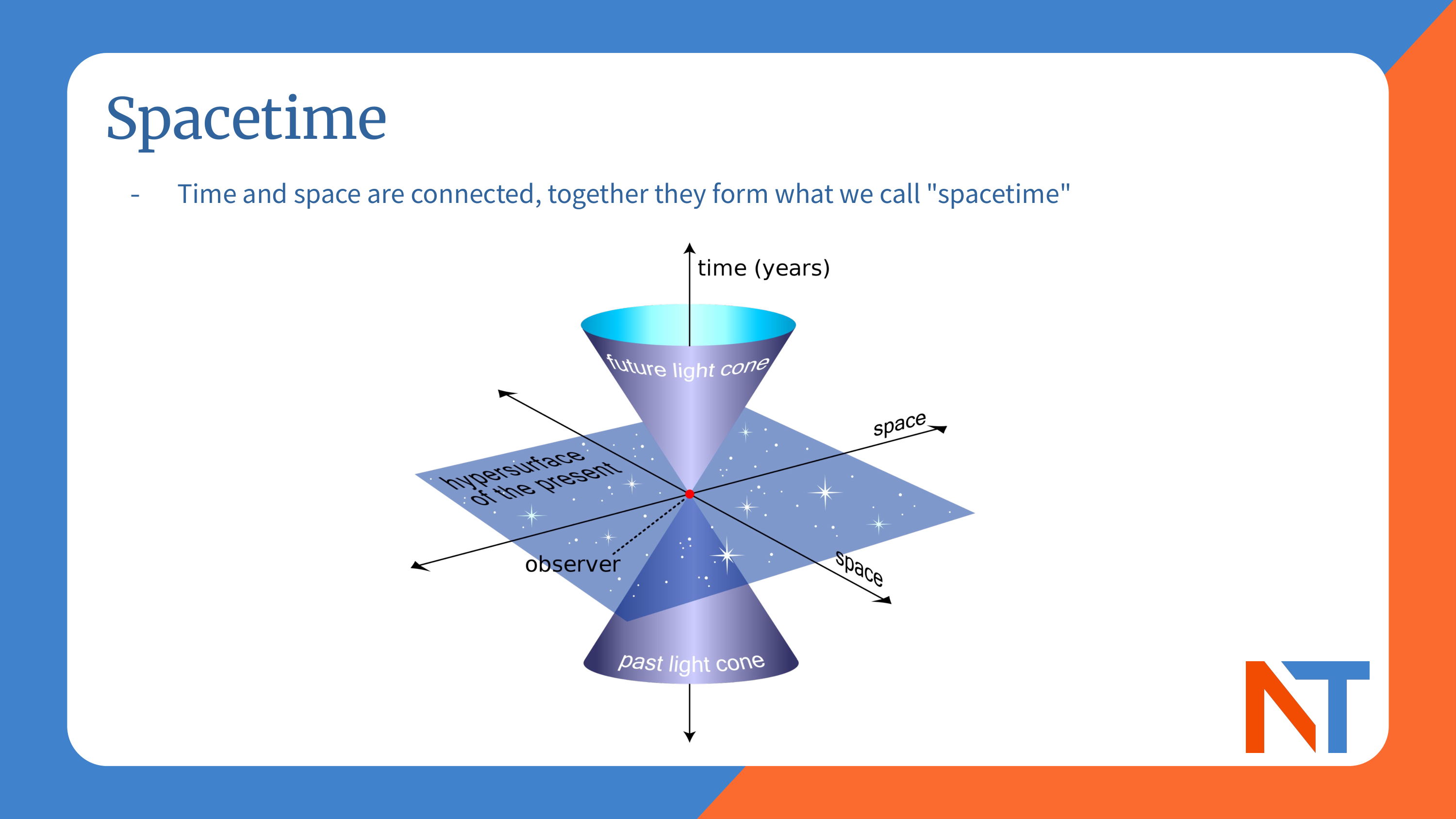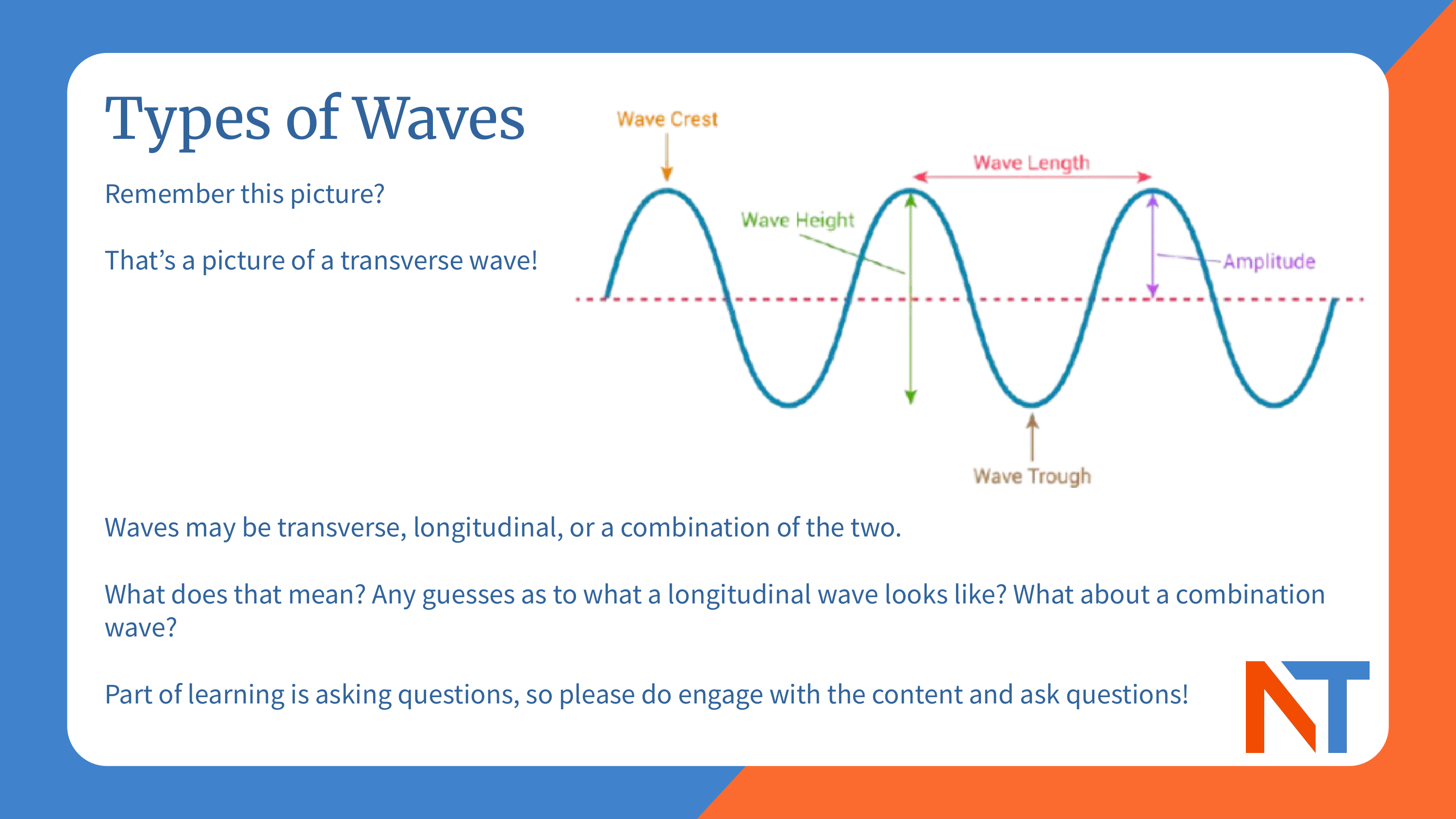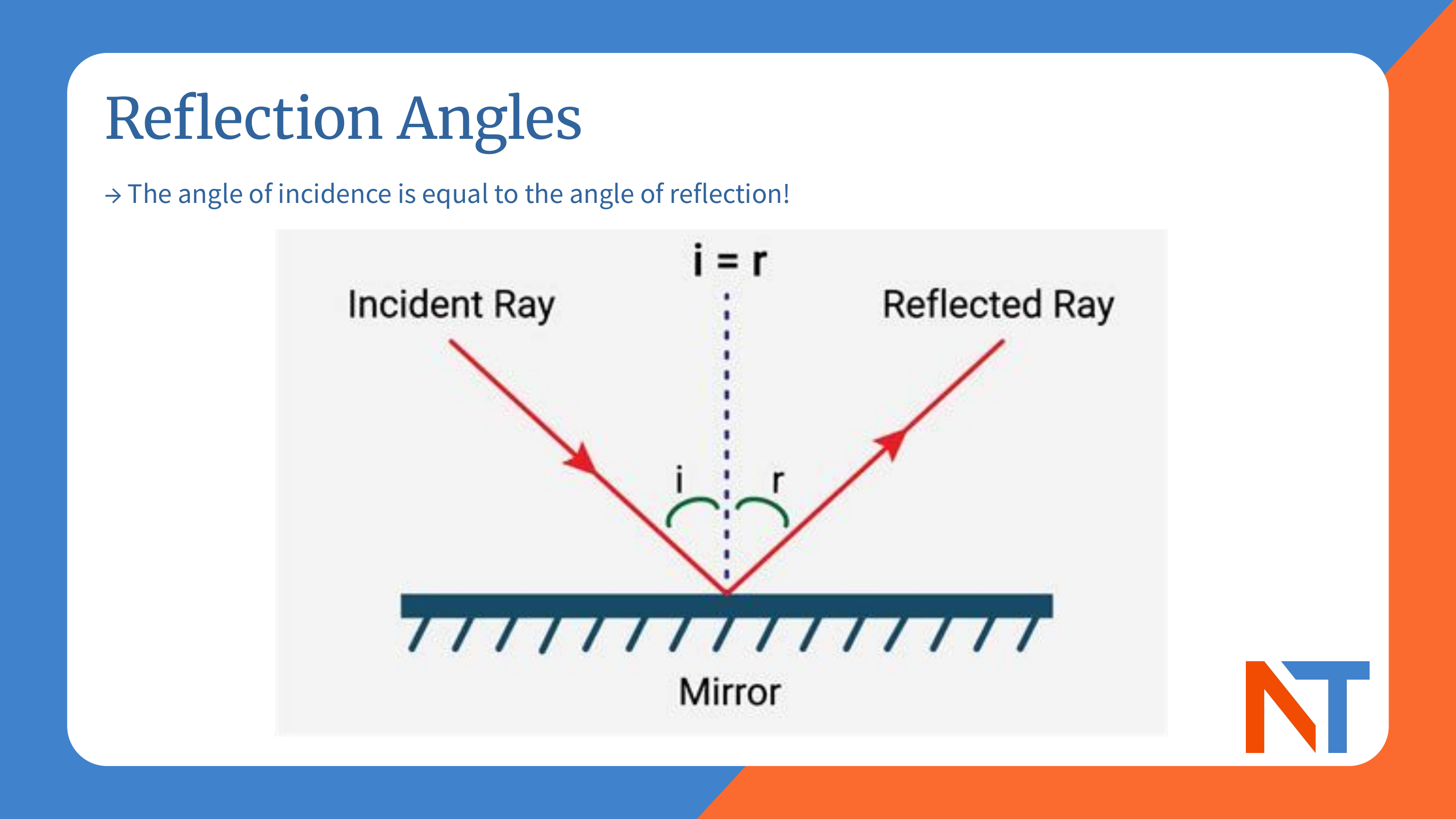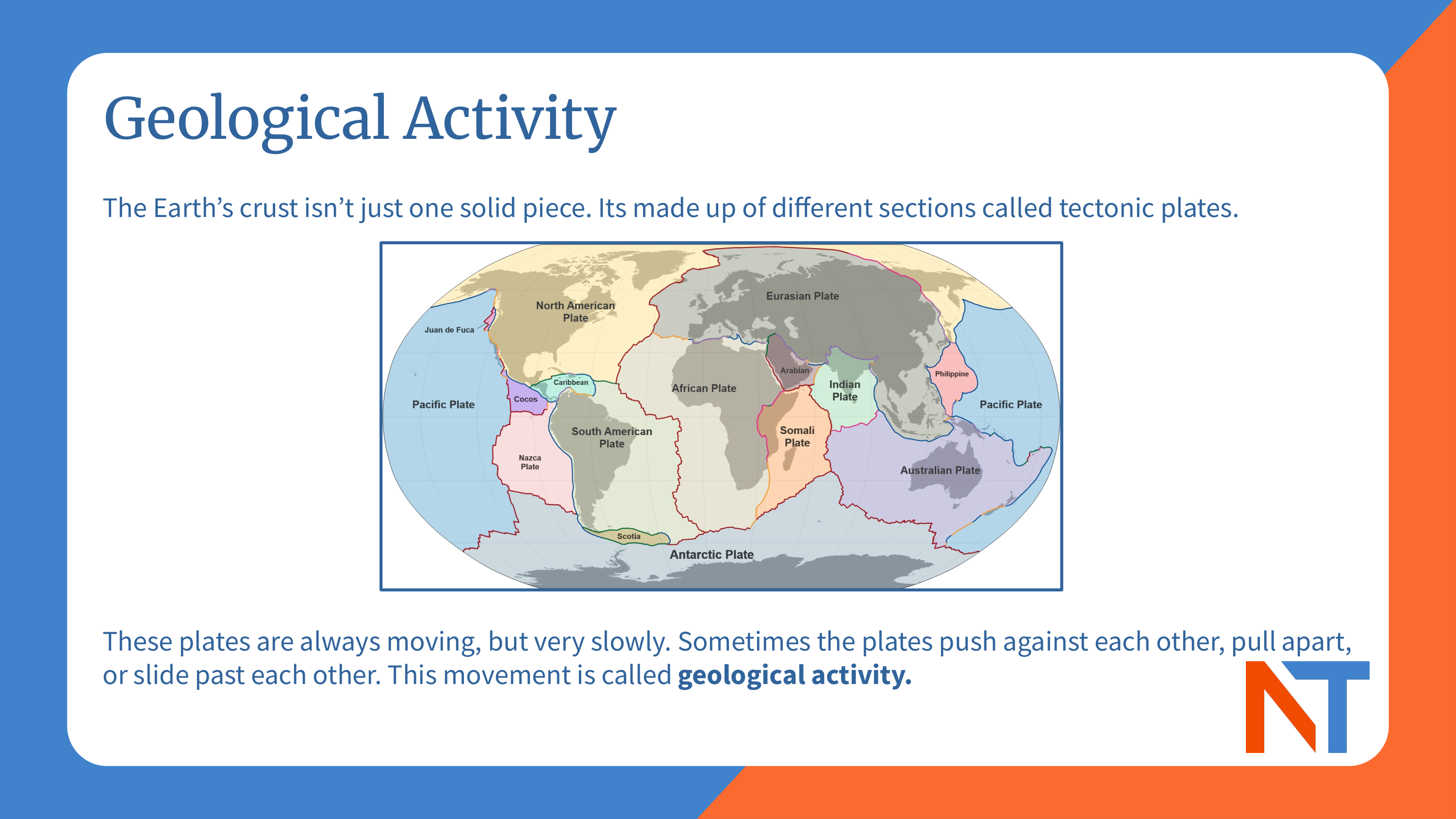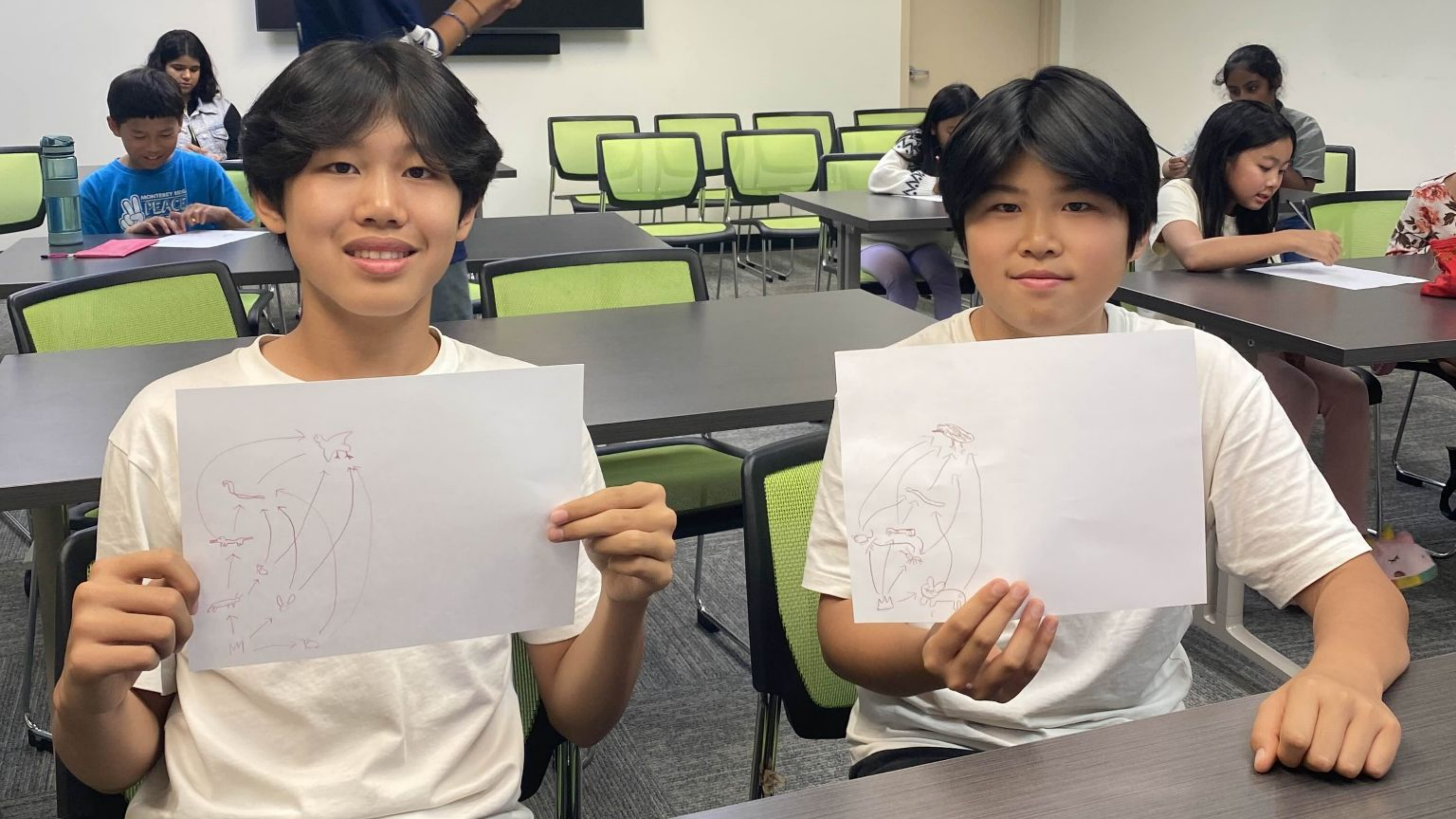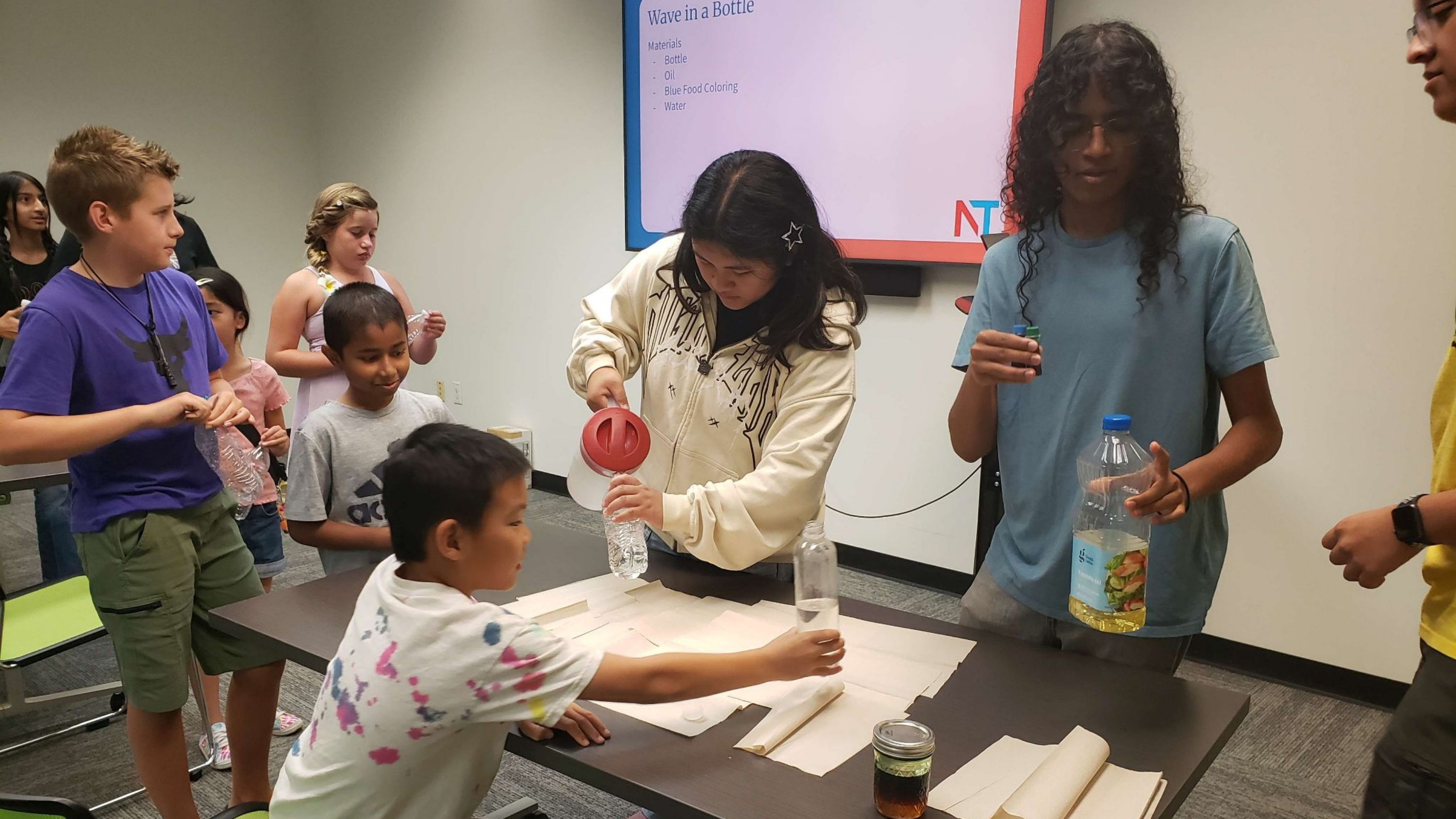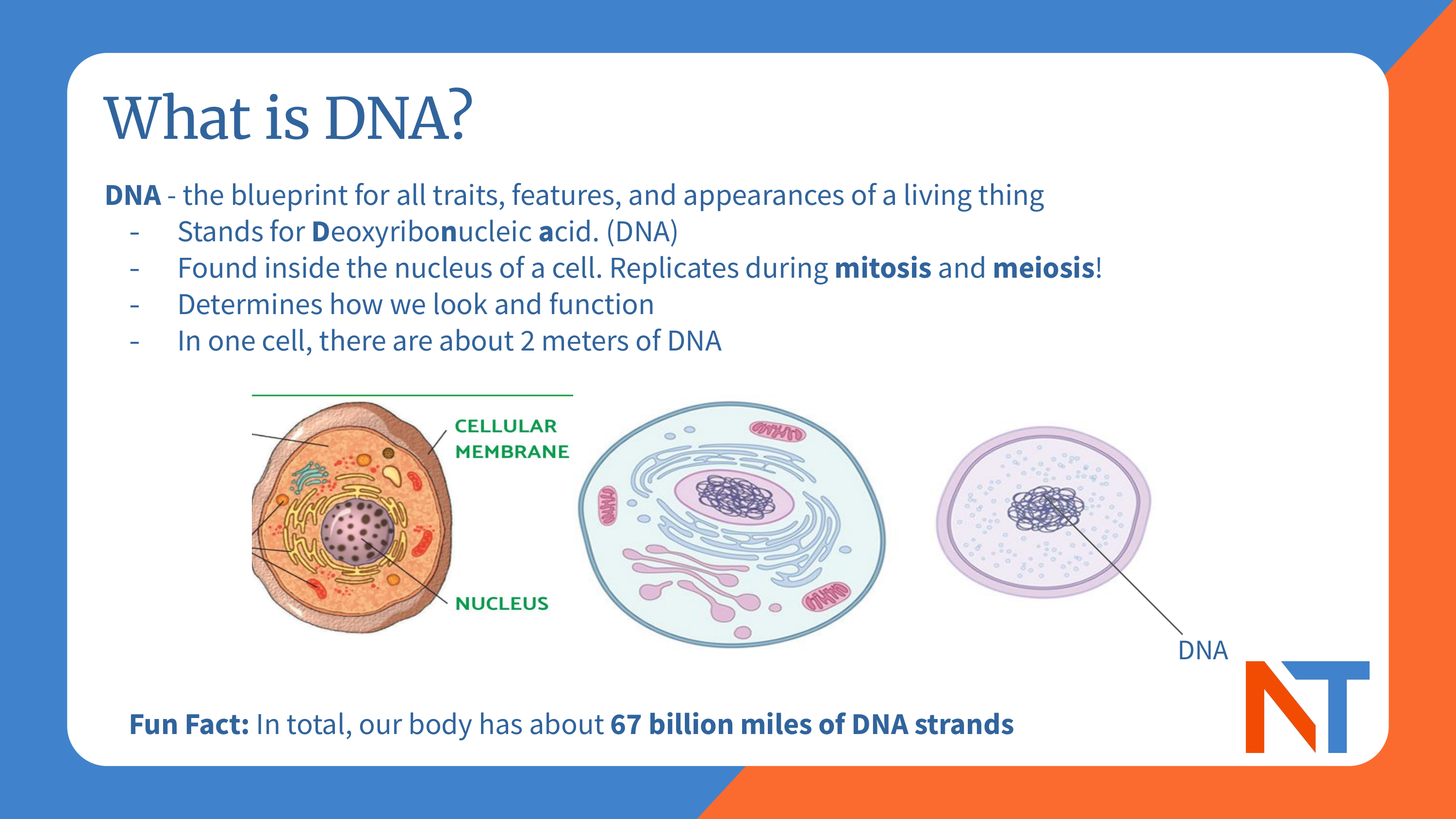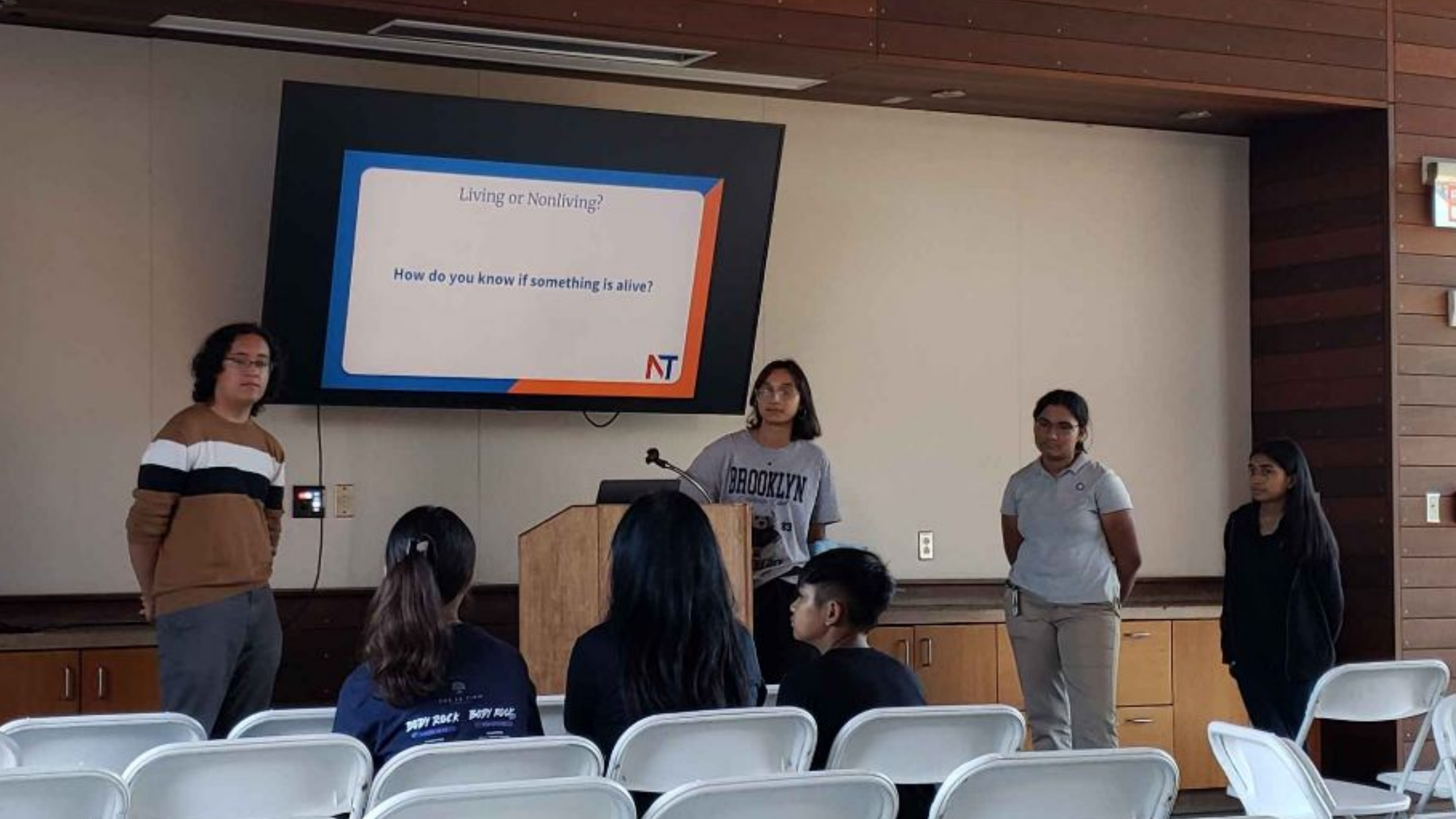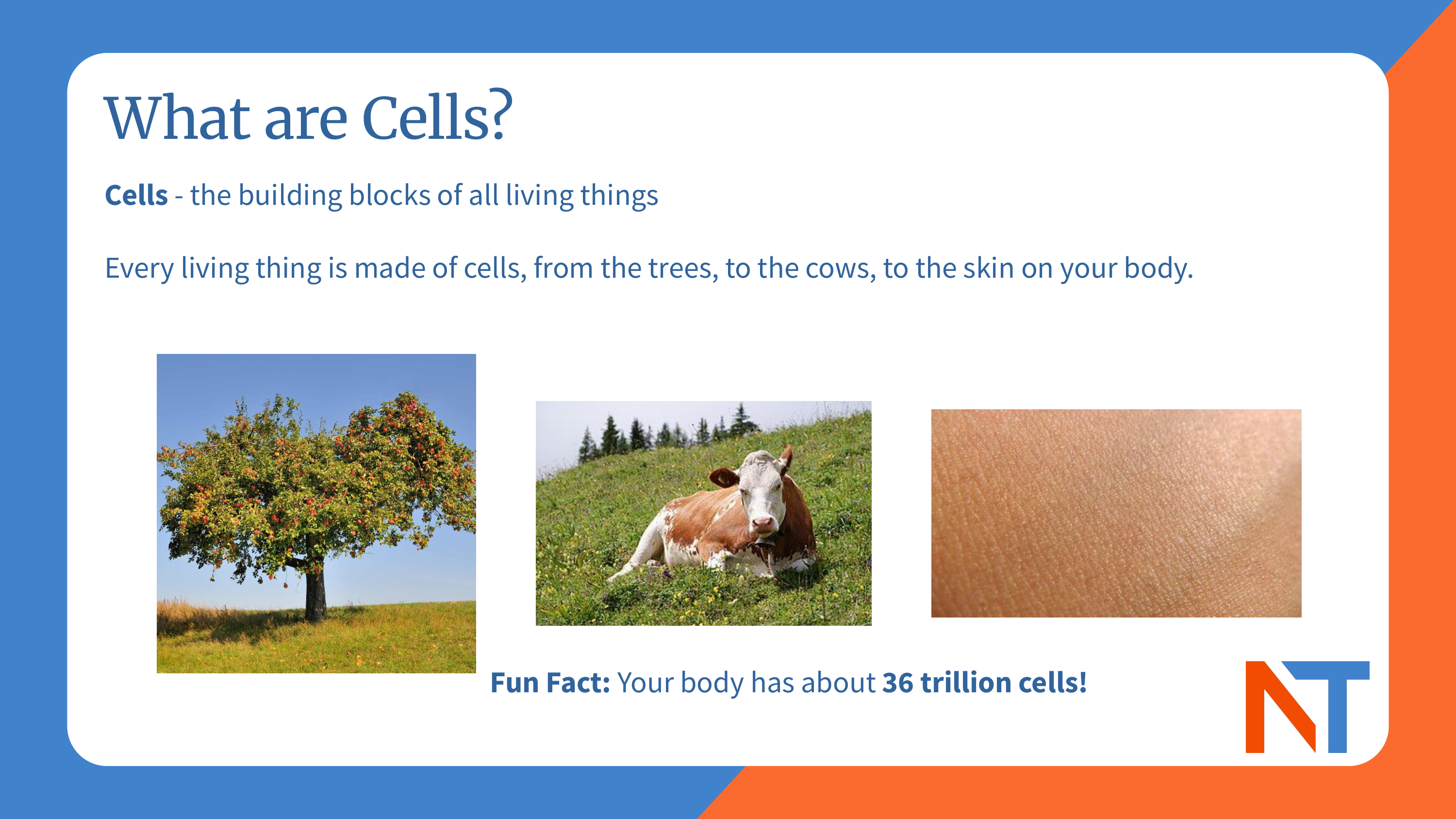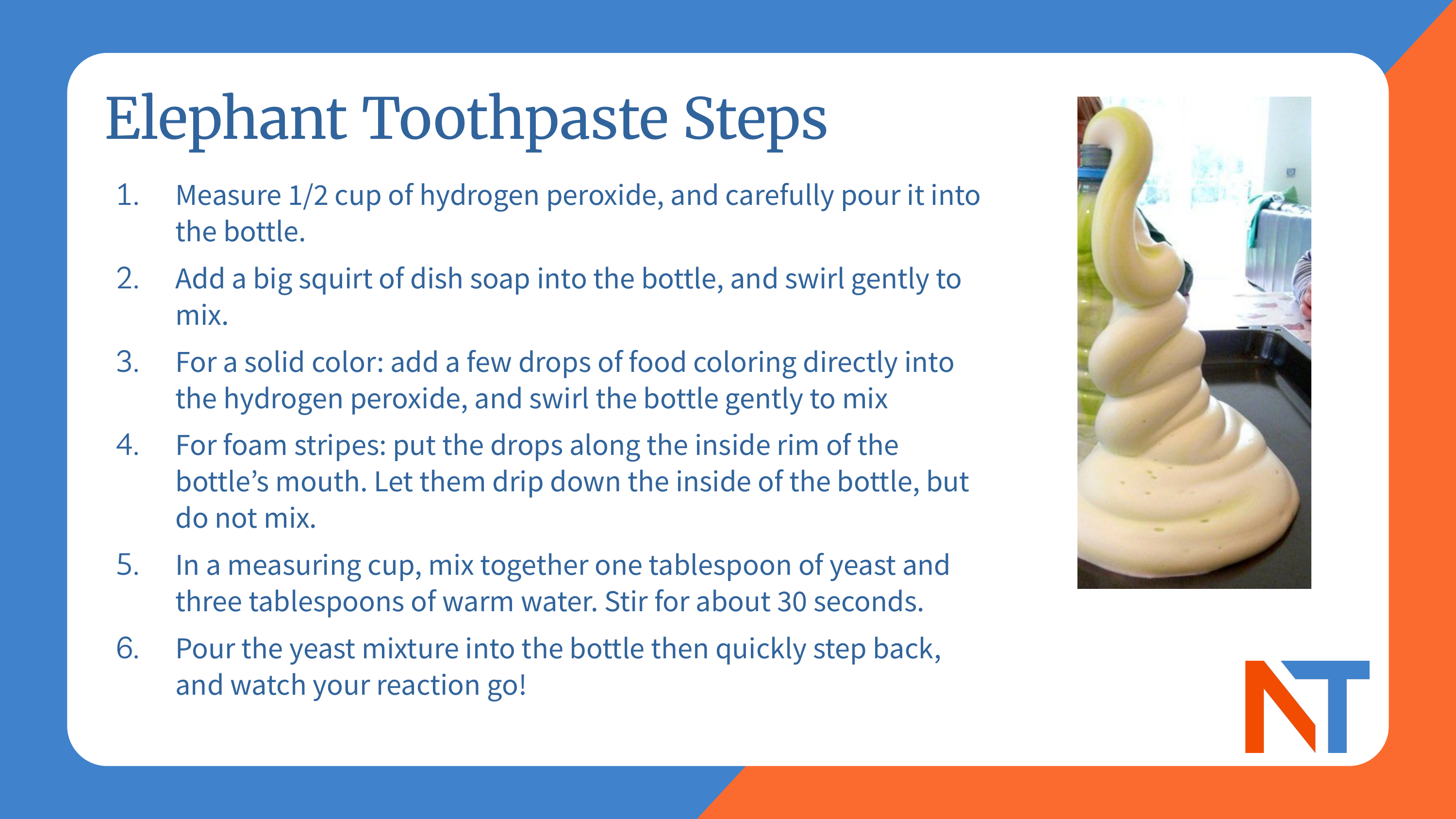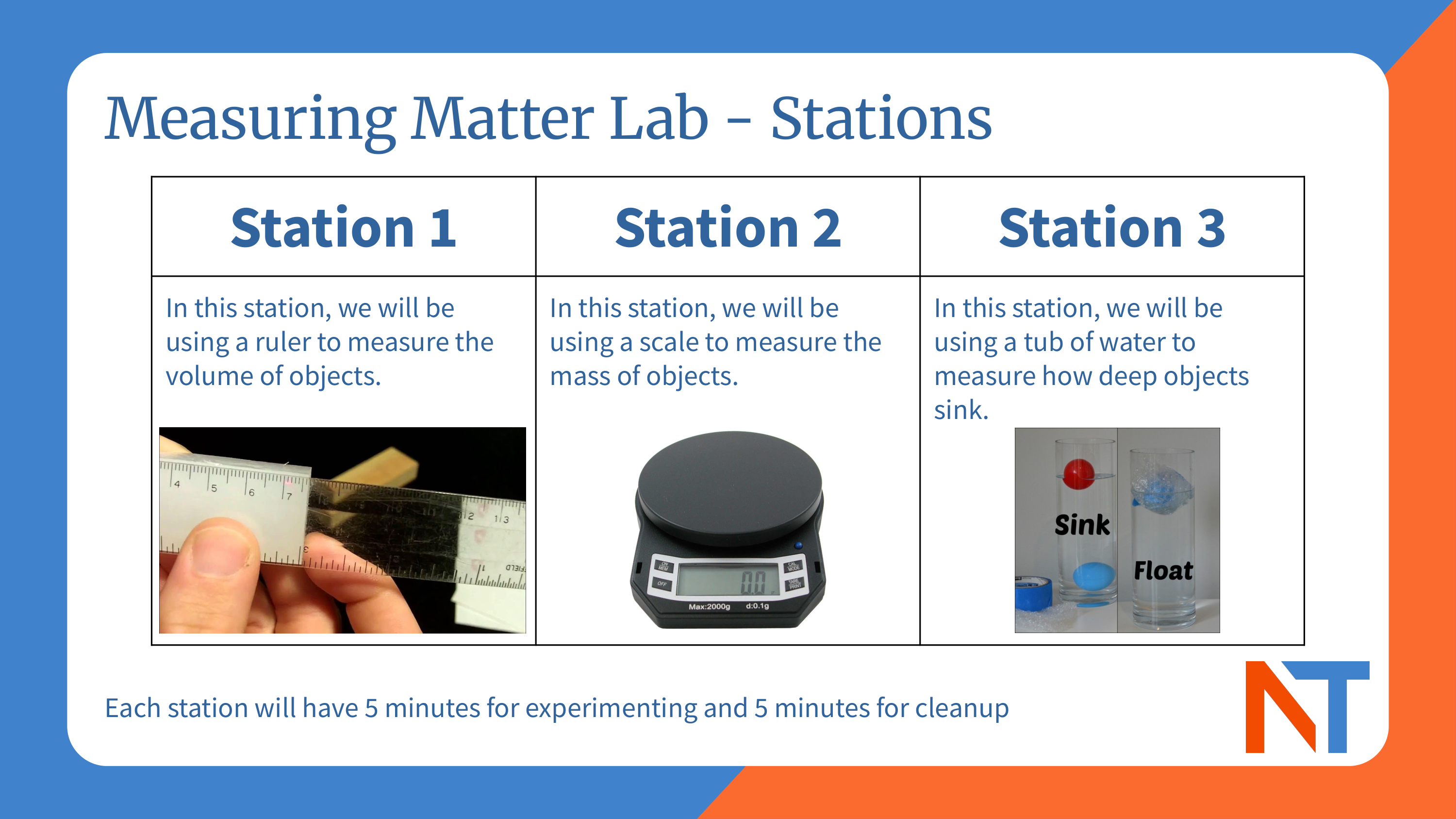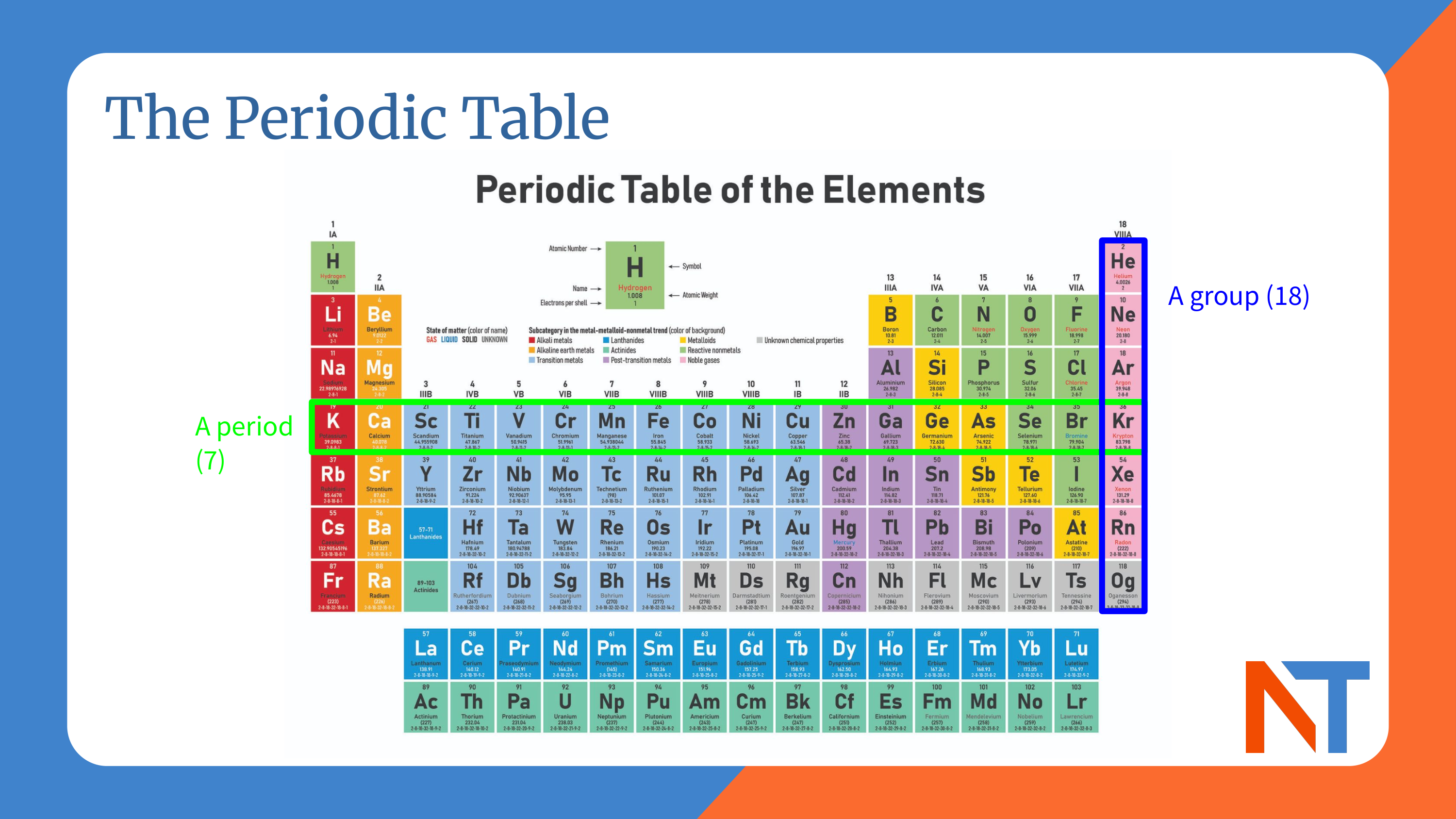Join Our Email List
Upcoming Programs
Philosophy
Hands-On Learning
We believe students learn best by doing. Our programs are interactive and project-based.
Accessible for All
We design our curriculum to be inclusive and adaptable for students of all backgrounds.
Real-World Impact
Our courses connect STEM concepts to real-world problems and solutions.
Our Courses
Engineering
[1.1] Maker Space Workshops**
• Grades 1-5 OK and grades 2-4 ideal (US/Canada) • Ages 6-13 (International) • Projector/TV, occasional office supplies • Introducing basic engineering concepts through fun and simple challenges like popsicle stick bridges, spaghetti and marshmallow towers, wooden cars, and more!
[1.2] Intro to Engineering**
• Grades 5-8 OK and grades 6-8 ideal (US/Canada) • Ages 12-18 (International) • Projector/TV • Introducing more applicable engineering concepts through engineering challenges that walk students through real-world fields and problems faced by engineers.
[1.3] Intro to TinkerCAD*
• Grades 1-5 OK, grades 3-5 ideal (US/Canada) • Ages 10-18 (International) • Projector/TV, Tablets/Computers (if possible) • Students learn how to make basic 3D models through computer-aided design using the beginner-friendly software TinkerCAD!
[1.4] Intro to Onshape*
• Grades 5-12 OK, grades 6-10 ideal (US/Canada) • Ages 13+ (International) • Projector/TV, Chromebooks/Computers (if possible) • Students learn how to create 3D models and machines through computer-aided design in Onshape, a software used in robotics and industry across the world.
[1.5] Intro to Electrical Engineering**
• Grades 5-12 OK, grades 6-8 ideal (US/Canada) • Ages 12-18+ (International) • Projector/TV • Students are introduced to more applicable engineering concepts through engineering challenges that walk students through real-world fields and problems faced by engineers.
Mentoring
[2.1] Intro to FLL**
• Grades 4-8 (US/Canada) • Ages 9-16 (International) • LEGO SPIKE Prime kits, mats, project boards, and a workspace • This course is designed for students and parents to be able to learn the basics of F.I.R.S.T. Lego League to start a robotics team and prepare for competition, supported by volunteer coaches with past participation or judging experience in FLL. This course is being co-developed with FTC Team 23511, Seattle Solvers.
[2.2] Intro to FTC**
• Grades 6-12 OK, grades 7-10 ideal (US/Canada) • Ages 12-18 (International) • FTC Robot kits, project boards, computers, and a workspace • This course is designed for students and parents to be able to learn the basics of F.I.R.S.T. Tech Challenge to start a robotics team and prepare for competition, supported by volunteer coaches who have past participation or judging experience in FTC. This course is being co-developed with FTC Team 22105, Runtime Terror.
[2.3] Intro to Science Fair*
• Grades 6-12 OK, grades 6-8 ideal (US/Canada) • Ages 14-18 (International) • Projector/TV, Chromebooks/Computers • Students learn how a science fair works and how to compete in their local ISEF-affiliated fair, creating a science or engineering project of their interest and presenting to adult judges, taught by current/former participants. This course was co-developed with the Greater San Diego Science and Engineering Fair (GSDSEF) Student Leadership Board (SLB).
[2.4] Intro to Research**
• Grades 8+ OK (US/Canada) • Ages 13+ (International) • Projector/TV, Chromebooks/Computers • Students learn about key concepts of performing original research and participating in academia through demonstrations, case studies, and projects. This courses uses curriculum developed by the International Research Olympiad.
Programming
[3.1] Intro to Python*
• Grades 3+ OK, grades 5-8 ideal (US/Canada) • Ages 13+ (International) • Projector/TV, Chromebooks/Computers (if possible) • Students learn how to use the beginner-friendly Python programming language, the most popular language for programming today, and are exposed to its applications in data science and artificial intelligence.
[3.2] Intro to Java*
• Grades 5+ OK, grades 7-10 ideal (US/Canada) • Ages 13+ (International) • Projector/TV, Chromebooks/Computers (if possible) • Students learn how to use the Java programming language, one of the most popular languages for programming today, and are exposed to its applications in robotics and app development.
[3.3] Intro to Artificial Intelligence*
• Grades 6+ OK, grades 8-12 ideal (US/Canada) • Ages 16+ (International) • Projector/TV, Chromebooks/Computers (if possible) • Students who are familiar with another programming language are introduced to applications of programming to fields in artificial intelligence, such as computer vision, natural language processing, and machine learning.
[3.4] Intro to Front-End Development*
• Grades 6+ OK, grades 6-10 ideal (US/Canada) • Ages 13+ (International) • Projector/TV, Chromebooks/Computers (if possible) • Students learn how to create their own basic website using JavaScript, HTML, and CSS, and learn important concepts about frontend development that power the modern internet!
[3.5] Intro to Programming with Scratch*
• Grades 1-8 OK, grades 3-5 ideal (US/Canada) • Ages 10+ (International) • Projector/TV, Chromebooks/Computers (if possible) • Students learn basic concepts of programming with Scratch, a visual block-coding interface developed by professionals at MIT, to create simple games and scenes!
Physics/Math
[4.1] Intro to Algebra and Geometry**
• Grades 2-7 OK, grades 3-5 ideal (US/Canada) • Ages 10-18 (International) • Projector/TV, Whiteboard, Paper/Pencils (if possible) • An introductory math course for students who are familiar with addition, subtraction, multiplication, and division, but have not yet used variables or geometry principles, in an interactive format.
[4.2] Intro to Classical Physics**
• Grades 4-10 OK, grades 5-8 ideal (US/Canada) • Ages 10-18 (International) • Projector/TV, Whiteboard, Paper/Pencils (if possible) • Students use projects and demonstrations to learn about key classical physics concepts like forces, motion, gravity, buoyancy, springs, and more, while building their own machines!
[4.3] Intro to Electromagnetism**
• Grades 4-10 OK, grades 6-8 ideal (US/Canada) • Ages 13-18 (International) • Projector/TV, Whiteboard, Paper/Pencils (if possible) • Students use projects and demonstrations to learn about key elements of electromagnetism and modern physics concepts like magnets, fields, circuits, waves, and relativity!
Natural Sciences
[5.1] Intro to Earth Science**
• Grades 1-6 OK, grades 3-5 ideal (US/Canada) • Ages 10+ (International) • Projector/TV, Whiteboard (if possible) • Students learn about the basics of earth science through activities and experiments, including how populations behave, the layers of earth, why seasons exist, and more!
[5.2] Intro to Biology**
• Grades 3-8 OK, grades 5-8 ideal (US/Canada) • Ages 10+ (International) • Projector/TV, Whiteboard (if possible) • Students learn about key concepts of biology and life through experiments and demonstrations, including cell behavior, photosynthesis, nutrients, and more.
[5.3] Intro to Chemistry**
• Grades 4-8 OK, grades 5-8 ideal (US/Canada) • Ages 10+ (International) • Projector/TV, Whiteboard (if possible) • Students learn about key concepts of chemistry through labs and experiments, including molecular structure, types of reactions, and more.
